MDI Doctors
-

LIM, SUNG HEE
Oncologist
-

Yoon, Sang Eun
Oncologist
-

Park, Sehhoon
Oncologist
-

Jung, Hyun Ae
Oncologist
-

Kim, Ji Yeon
Oncologist
-

Kim, Seung Tae
Oncologist
-

Sun, Jong Mu
Oncologist
-

Lee, Jeeyun
Oncologist
-

Lee, Se Hoon
Oncologist
-
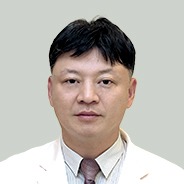
Park, Se Hoon
Oncologist
-

Kim, Seok Jin
Oncologist
-
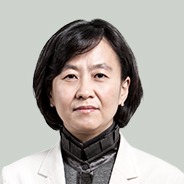
Park, Yeon Hee
Oncologist
-

Jang, Jun Ho
Oncologist
-

Park, Joon Oh
Oncologist
-
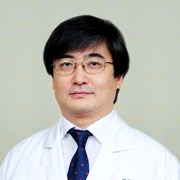
Kim, Ki Hyun
Oncologist
-

Kim, Won Seog
Oncologist
-

Ahn, Jin Seok
Oncologist
-

Jung, Chul Won
Oncologist
-

Park, Young Suk
Oncologist
-
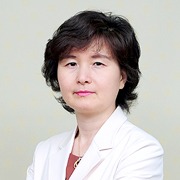
Ahn, Myung Ju
Oncologist
-

Lim, Ho Yeong
Oncologist
-

Im, Young Hyuck
Oncologist
-
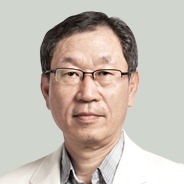
Kang, Won Ki
Oncologist
Our departments
-

Bone cancer
More -

Skin cancer
More -

Blood cancer
More -

ENT oncology and brain cancer
- Brain cancer
- Mouth cancer
- Vocal cord cancer
- Salivary gland cancer
- Tongue cancer
- Throat cancer
- Thyroid cancer
-

Gynecologic oncology
More -

Urooncology
More -

GI tumors
More -

Bowel cancer
More -

Breast and thoracic organ cancer
More -

Experimental treatment
- Effective anesthesia
- Diagnostic effect of PET-MRI
- Study of a new drug for the treatment of chronic lympholeukemia leukemia
- Combination of drugs to support the immunity of cancer patients
- Study drug in ACS
- Chemotherapy drug for follicular lymphoma
- Drug combinations for patients with multiple myeloma
- Primary supportive care for patients with multiple myeloma
-

Maxillofacial surgery
More -

Eco Center
More -

Gynecologic oncology
- Uterine cancer
- Vaginal cancer
- Robotic surgery in gynecologic oncology
- Hysterectomy
- Cervical cancer
- Ovarian cancer
-

Mammology
More -

Endocrinology
- Autoimmune thyroiditis.
- Goiter
- Gynecomastia
- Obesity
- Diabetes mellitus
- Thyroid diseases
- Diseases of the parathyroid glands
- Acromegaly
- Myxedema
- Hyperaldosteronism
-

Surgery
- prostate TUR
- Bone marrow transplant
- Umbilical hernia
- Thoracic surgery
- Spinal surgery
- Joint surgeries
- Surgical operations
- Abdominal surgery
- Surgery for cancer
-

Pulmonology
- Asthma
- COPD
- Sarcoidosis
- Pulmonary emphysema
- Cystic fibrosis
- Bronchogenic cyst
- Bronchial adenoma
- Asthma
- Chylothorax
- Bronchiectatic disease
-

Proctology
- Paraproctitis
- Nonspecific ulcerative colitis.
- Intestinal polyps
- Crohn’s disease
- Esophageal diverticulum
- Hirschsprung’s disease
-

Plastic surgery
More -

Pediatrics
- Leukemia in children
- Treatment of neurological diseases
- Antenatal Pediatrics
- Treatment of oncology in children
- Treatment of gastroenterological diseases
- Treatment of endocrine pathologies
- Treatment of cardiopathologies
-

Ophthalmology
- Blepharospasm
- Pterygium
- Retinal detachment
- Corneal treatment
- Myopia
- Keratitis
- Astigmatism
- Uveitis
- Orbital hypertelorism
- Cataract
- Chalazion
- Keratoconus
- Retinal treatment
- Glaucoma
- Strabismus
- Retinoblastoma
-

Otolaryngology
- Cholesteatoma
- External otitis media
- Sinusitis
- Tympanoplasty
- hearing loss
- maxillary sinusitis
- Hearing impairments
- Snoring
- Leukoplakia
-

Orthopedics
- Perthes disease
- Fracture of the femoral neck
- Torticollis
- Arthritis
- Knee replacement
- Meniscus tear
- Gonarthrosis
- Coxarthrosis
- Intervertebral hernia
- Osteoarthritis
- bursitis
- Arthroscopy
- Shoulder replacement
- Joint treatment
- Scoliosis
- Achilles tendon rupture
- Heel spur
- Pseudoarthrosis
- Aortocoronary bypass surgery
- Polyarthritis
- Spine treatment
- Spinal fractures
- Osteomyelitis
- Osteoarthritis
- clubfoot
- Dupuytren’s contracture
- Kyphosis
- Hip dysplasia.
- Valgus deformity of the foot
- Hip replacement.
-

Gastroenterology
- Esophageal stricture
- GERD
- Cholecystitis
- inguinal hernia
- Whipple’s disease
- Diaphragmatic hernia
- Esophageal diverticulum
- Ulcerative colitis
- Barrett’s esophagus
- Pancreatitis
- Crohn’s disease
- Gastritis
- Hemorrhoids
- Gastric ulcer and 12-bowel ulcer
- Hirschsprung’s disease
- Gallstones
- Colonoscopy
- Pylorostenosis
- Intestinal polyps
-

Hematology
- Erythremia
- Chronic myeloleukemia
- Chronic lympholeukemia
- Myelofibrosis
- Thrombocytopenia
- Anemia
- Polycythemia
- Thalassemia
- Fisher-Evans syndrome
- HIV
- Aplastic anemia
- Hemophilia
-

Hepatology
- Hepatitis B
- Hepatitis C
- Cirrhosis of the liver
- Liver fibrosis
- Rotor syndrome
- Fatty hepatosis
- Ascites
- Primary sclerosing cholangitis.
- Autoimmune hepatitis
- Wilson’s disease
-

Gynecology
- Polycystic ovaries
- Ovarian cyst
- Adenomyosis
- Uterine prolapse
- Hydrosalpinx
- Infertility
- Cervical dysplasia
- Uterine myoma
- Endometriosis
- Fallopian tube obstruction
- Cervical erosion
- Removal of uterine polyps
- Fibroadenoma
- Bartholinitis
-

Dermatology
- Psoriasis
- Allergies
- Bowen’s disease
- Scleroderma
- Basalioma
- Acne
- Eczema
- Psoriatic arthritis
- Mycosis fungoides
-

Diagnosis
More -

Cardiology
- Endocarditis
- Angina pectoris
- Stroke
- Heart defects
- Myocardial infarction
- Ischemic heart disease
- Hypertension
- Hypertension
- Heart blockages
- Arrhythmia
- Pacemakers
- Heart valve replacement
- Stenting (angioplasty)
- Cardiac ablation
- Aortocoronary bypass surgery
-

Neurology
More -

Neurosurgery
- Hemangioblastoma
- Astrocytoma
- glioma
- Herminoma
- Medulloblastoma
- Meningioma
- Neurinoma
- Ependymoma
- Brain tumors
- Cerebellar cancer
- Spinal stenosis
- Hemangioma
- Hydrocephalus
- Pituitary adenoma
- Cavernoma
- Parkinson’s disease
- A brain cyst
- Brain aneurysms
- Osteochondrosis
- Spina bifida
- Pituitary cyst
- Spinal hernia
- Arnold-Chiari anomaly.
- Craniostenosis
- Neurilemmoma
- Moyamoya disease
- Crouzon syndrome
- Lissencephaly
- Ischemic stroke
- Epilepsy
- Ponytail syndrome
- A glioma of the chiasma
-

Nephrology
More -

Oncology
- Ear cancer
- Skin cancer
- Cancer of the lip
- Neuroblastoma
- Melanoma of the skin
- Melanoma of the eye
- Adenocarcinoma
- Heart cancer
- Urethral cancer
- Liver cancer
- Lung cancer
- Esophageal cancer
- Throat cancer
- Testicular cancer
- Nasopharyngeal cancer
- Cancer of the tonsils
- Spinal cancer
- Bronchial cancer
- Breast cancer
- Duodenal cancer
- Bone cancer
- Thyroid cancer
- Prostate cancer
- Adrenal cancer
- Tongue cancer
- Neurofibroma
- Vipoma
- Glioblastoma
- Sarcoma
- Carcinoid
- Radiation therapy
- Targeted therapy
- Immunotherapy
- Chemotherapy
- Rectal cancer
- Kidney cancer
- Bladder cancer
- Stomach cancer
- Cesari syndrome
- Acute lymphoblastic leukemia
- Multiple myeloma
- Hodgkin’s lymphoma
- Lymphoma
- Leukemia
- Pancreatic cancer
- Gallbladder cancer
- Colon cancer
- Small bowel cancer
- Cervical cancer
- Ovarian cancer
- Breast cancer
- Prostate cancer
- Brain cancer
- Blood cancer
- Salivary gland cancer
- Vocal cord cancer
- Leukemia
- Non-Hodgkin’s lymphoma
- Squamous cell carcinoma
- Mouth cancer
- Testicular cancer
-

Rheumatology
More -

Vascular surgery
More -

Urology
- Bladder polyps
- Prostatitis
- Varicocele
- Impotence
- Erectile dysfunction
- Urethral stricture
- Urolithiasis
- prostate adenoma
- Kidney stone disease
Our partner clinics
Reviews
-

Hormone therapy for cancer in Turkey
-

Immunotherapy for cancer in Turkey
-

Radiation therapy in Turkey
-

Target therapy in Turkey
-

Bone marrow transplantation in Turkey
-

Chemotherapy in Turkey
-

Kidney cancer treatment in Turkey
-

Throat cancer treatment in Turkey
-

Bladder cancer treatment in Turkey
-

Lip cancer treatment in Turkey
-
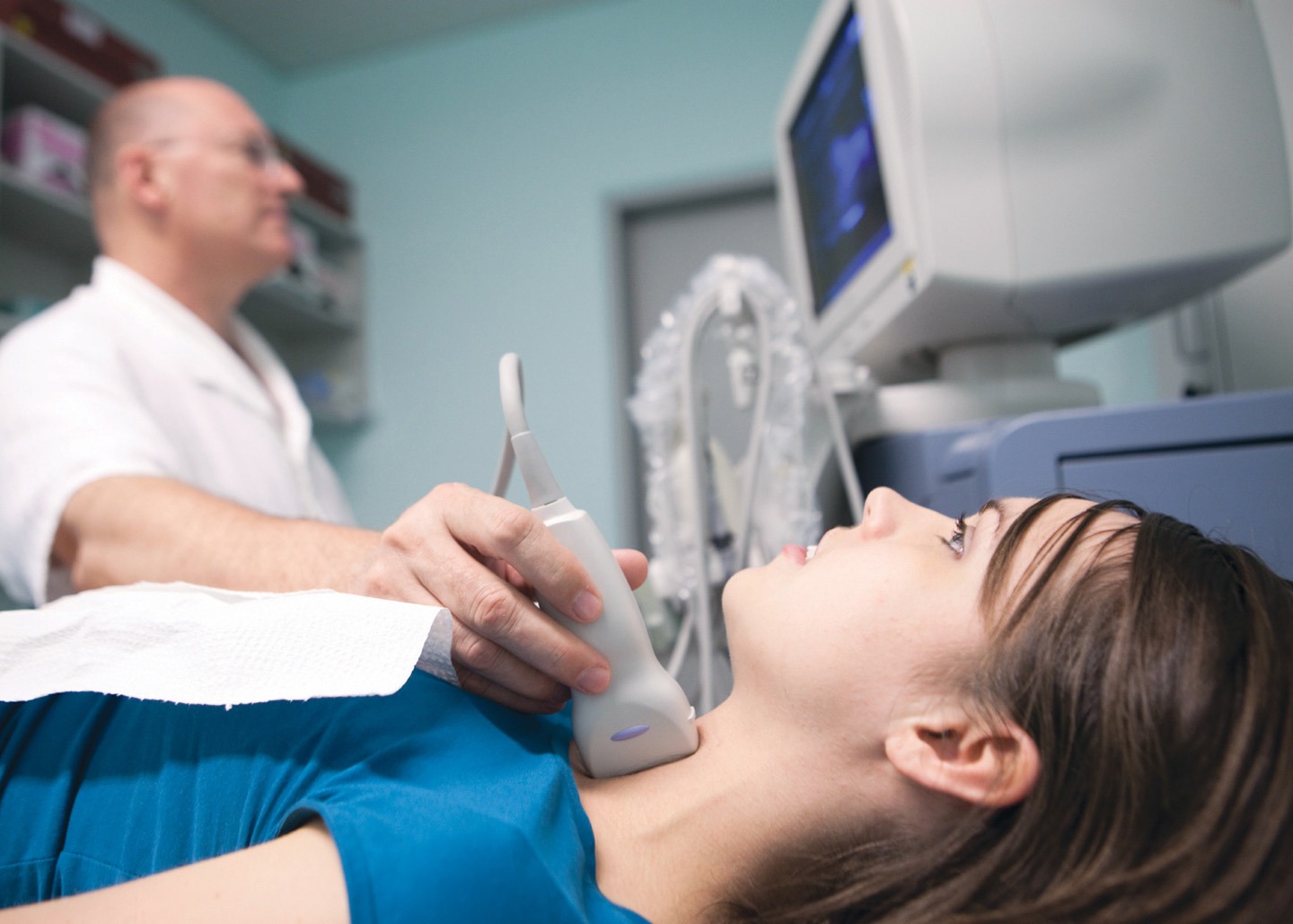
Thyroid cancer treatment in Turkey
-

Vocal cord cancer treatment in Turkey
-

Treatment of tonsil cancer in Turkey
-
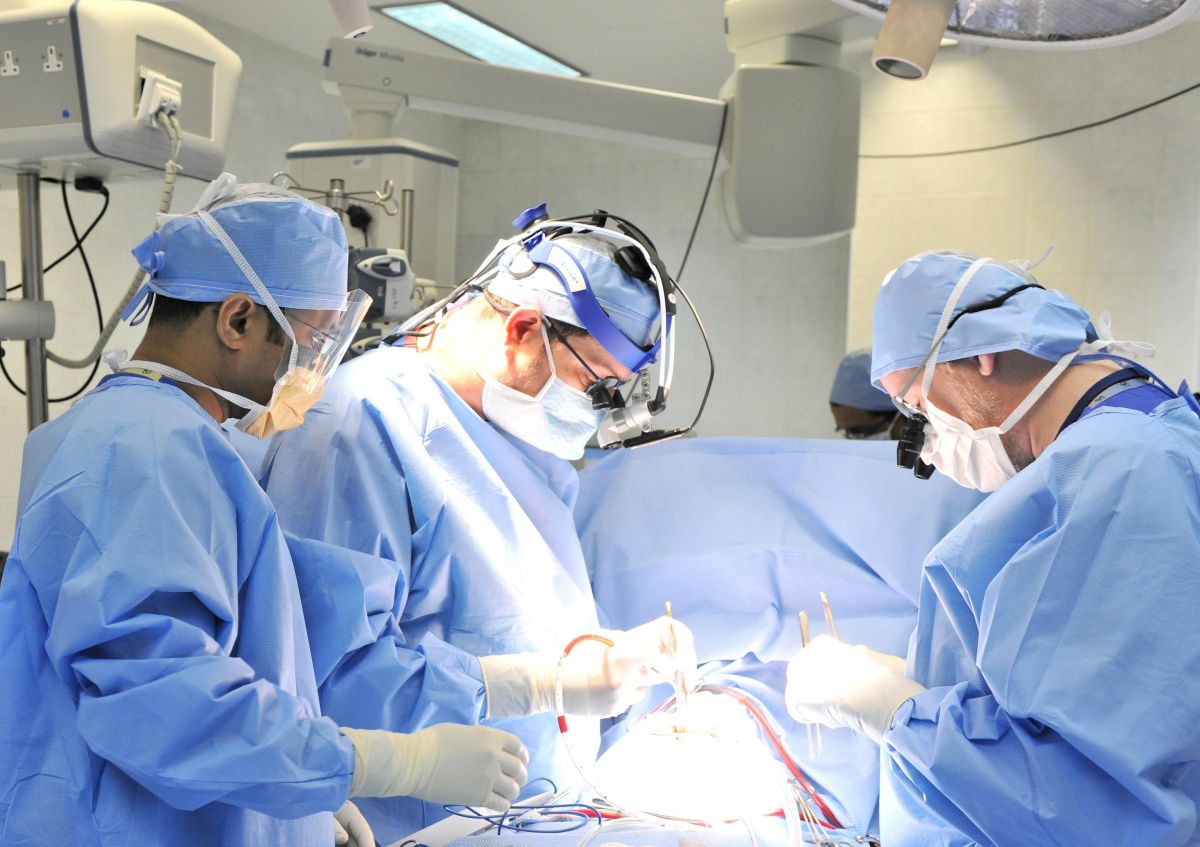
Gastric cancer treatment in Turkey
-
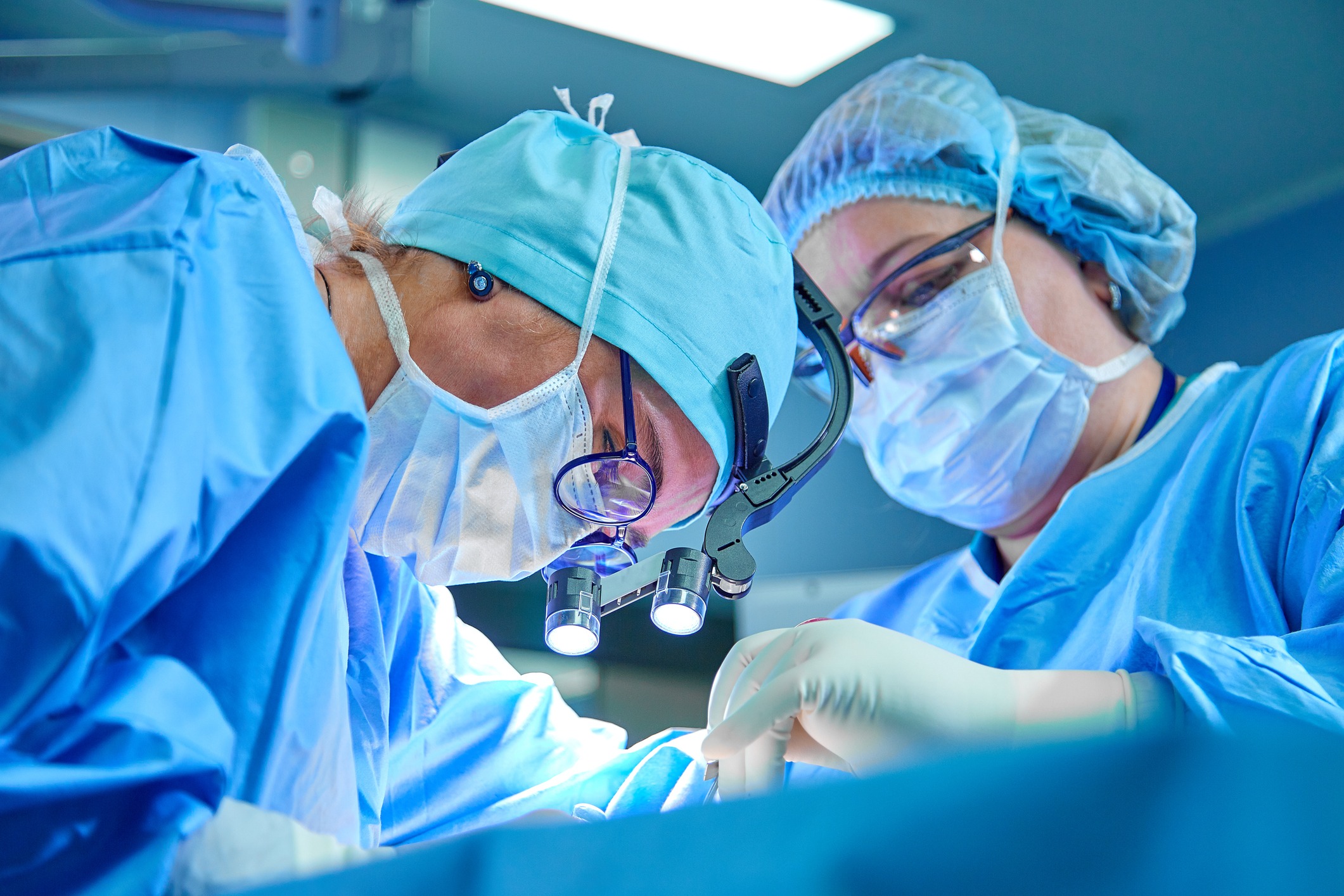
Treatment of 12-digestive cancer in Turkey
-
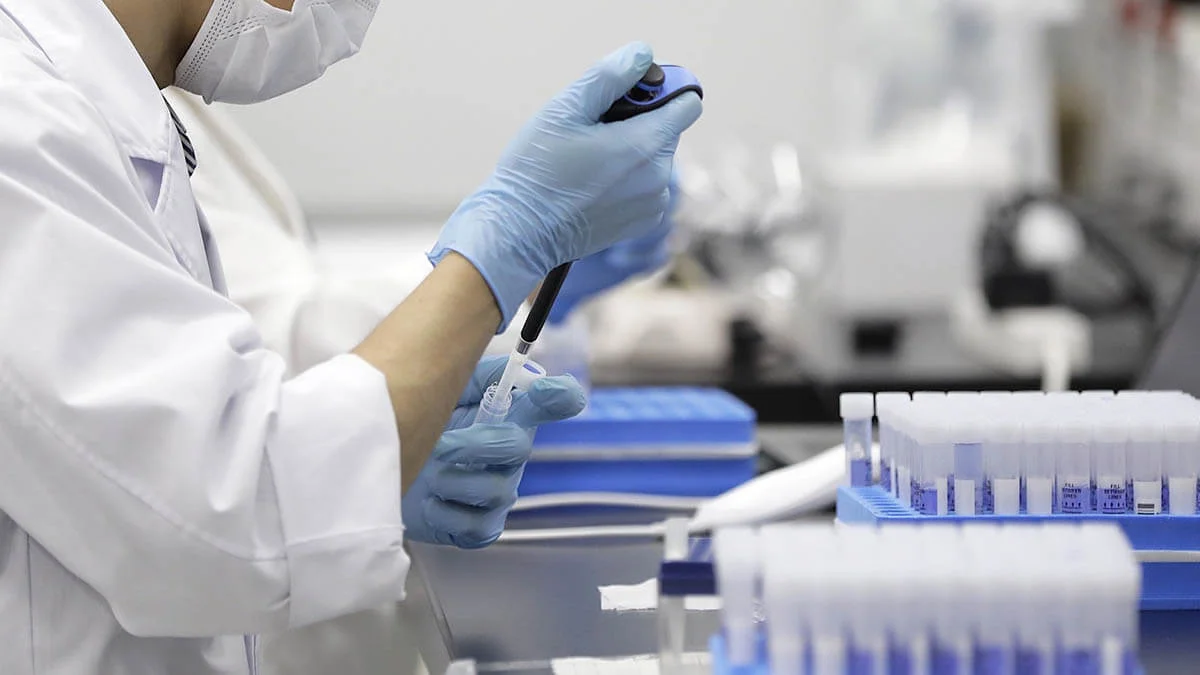
Diagnosis and new methods of cancer treatment in Turkey
-
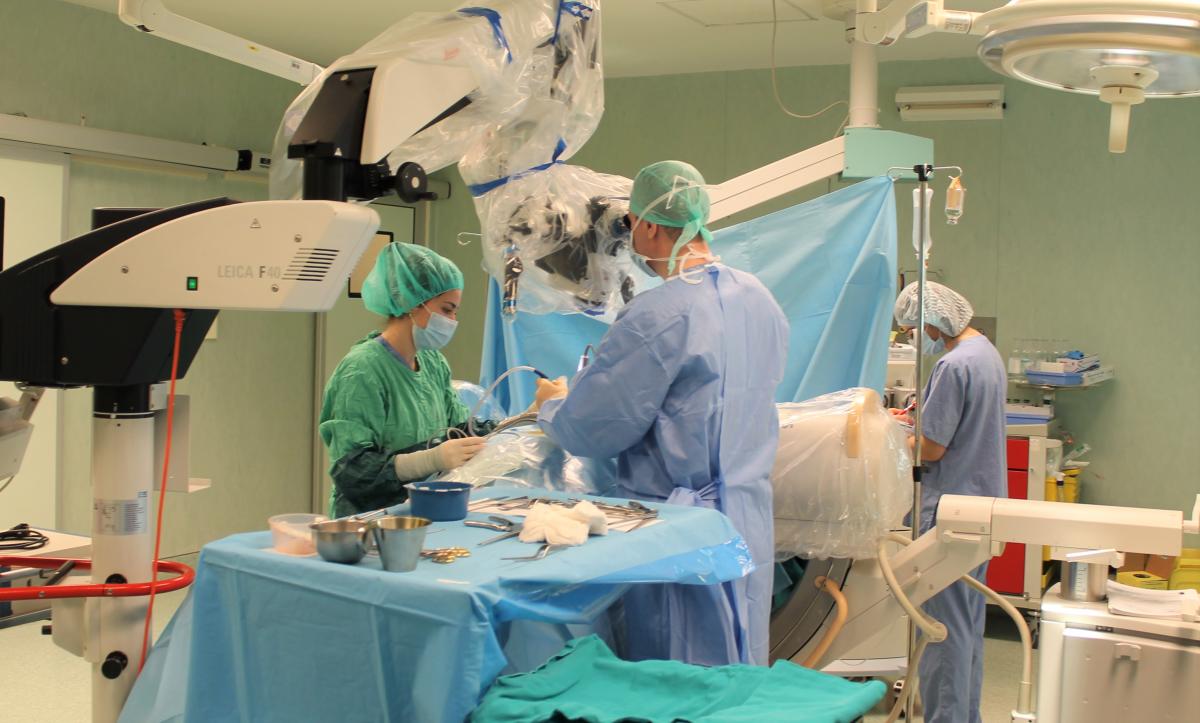
Meningioma treatment in Turkey
-
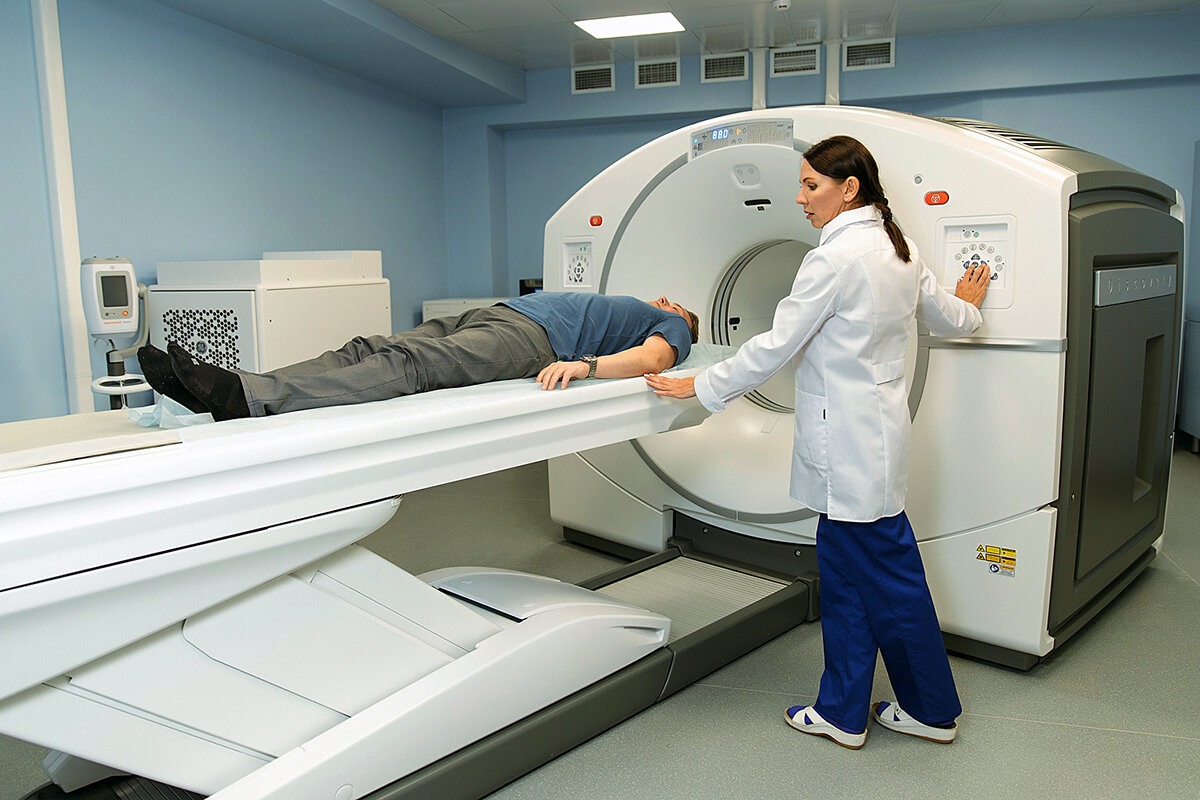
Carcinoid treatment in Turkey
-

Why it is better to treat oncology in Turkey
-
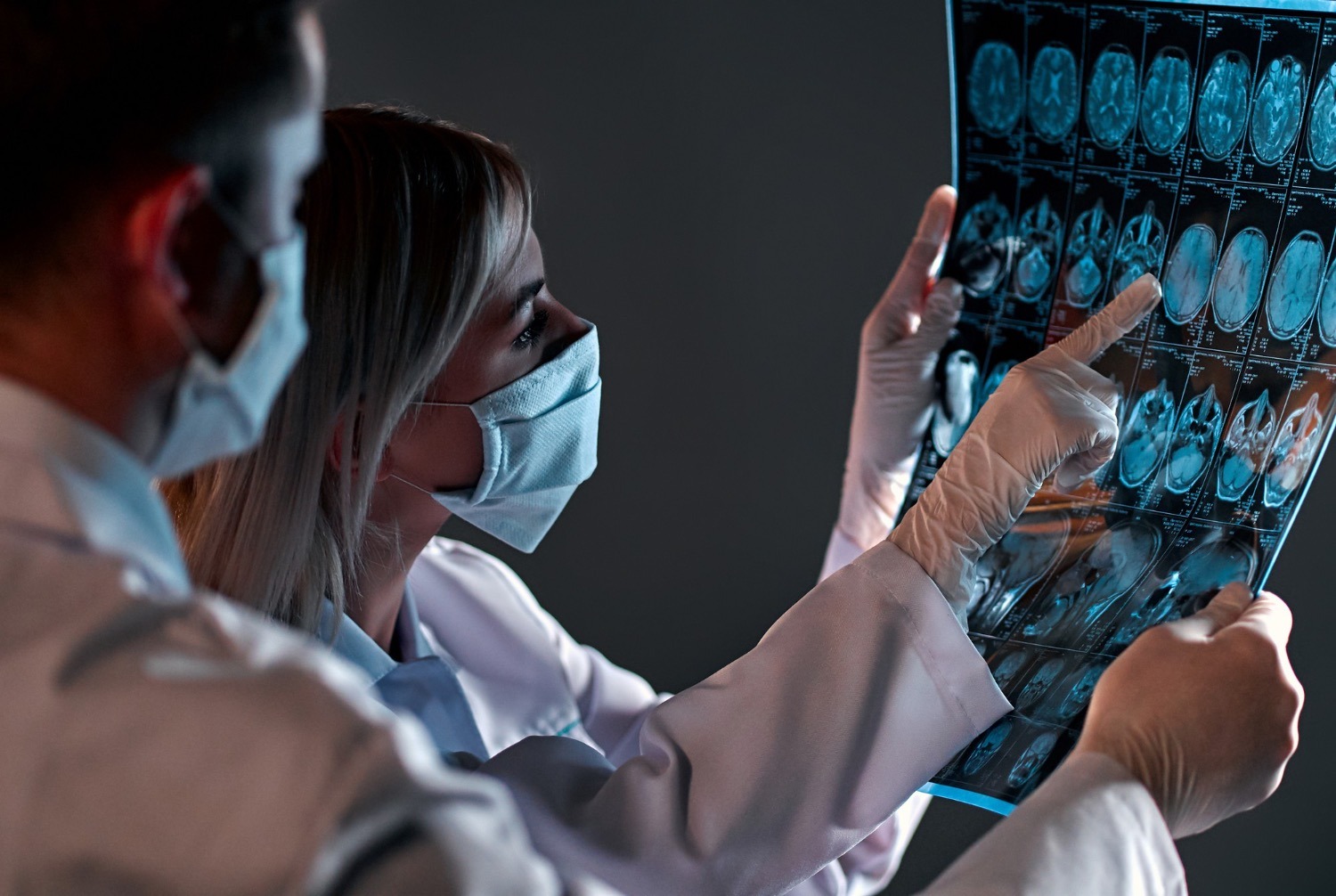
Brain cancer treatment in Turkey
-

Neuroblastoma treatment in Turkey
-
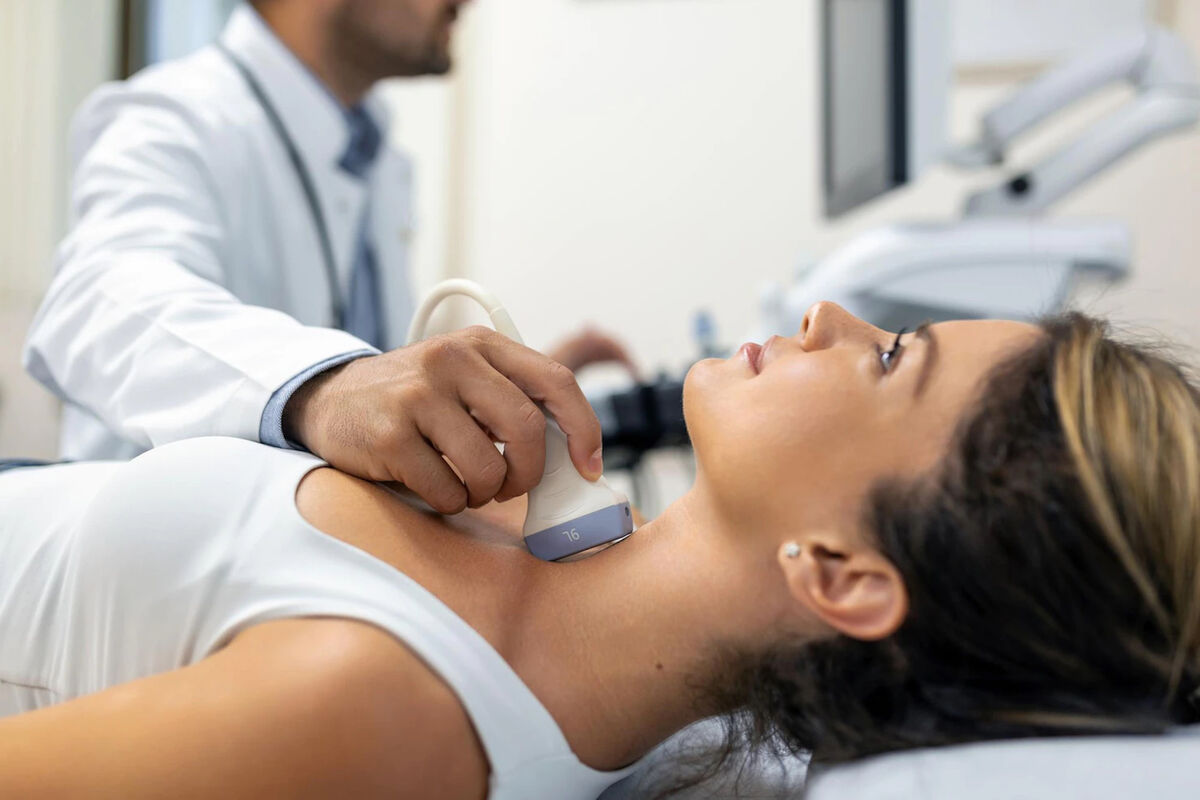
Lymphoma treatment in Turkey
-
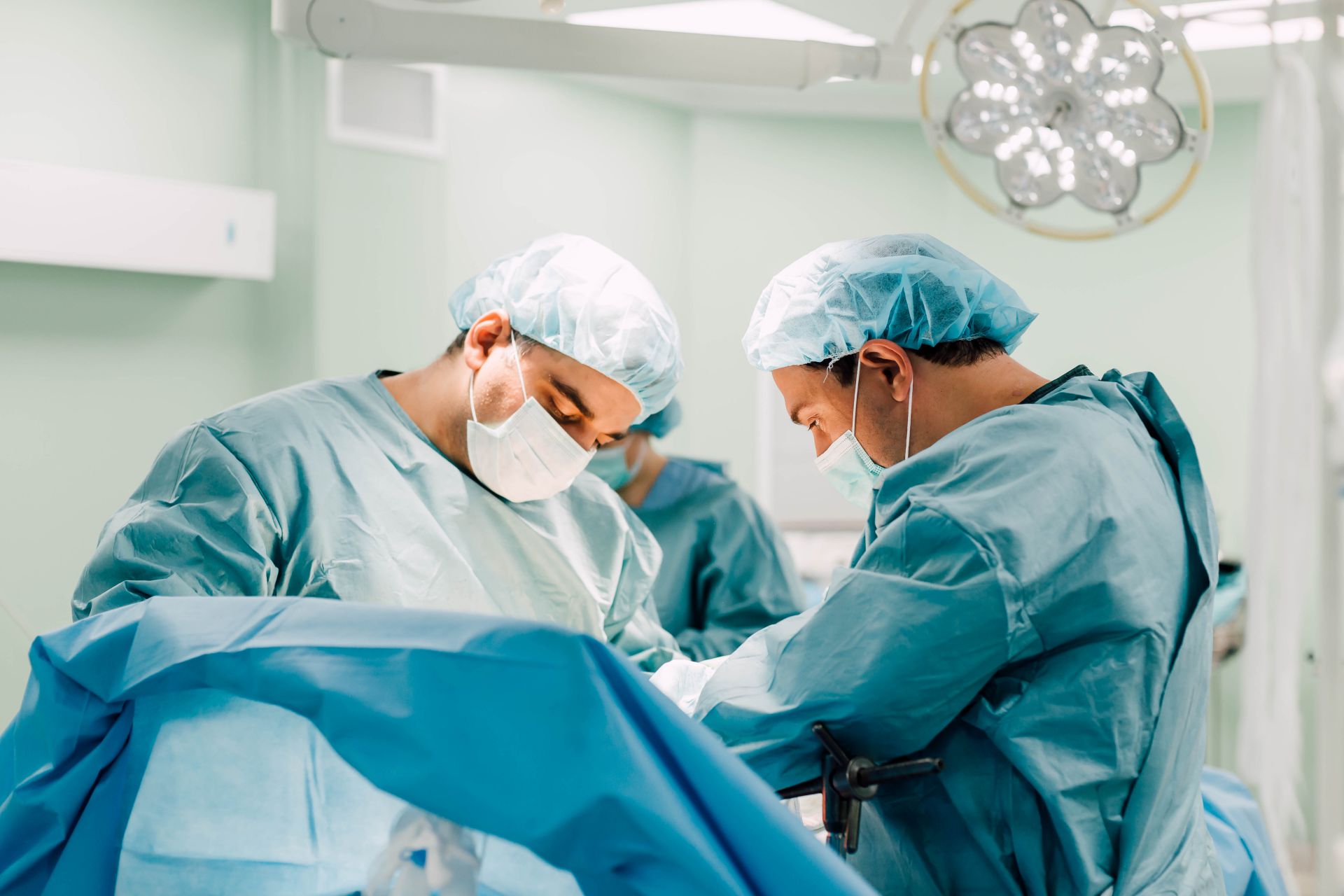
Rectal cancer treatment in Turkey
-
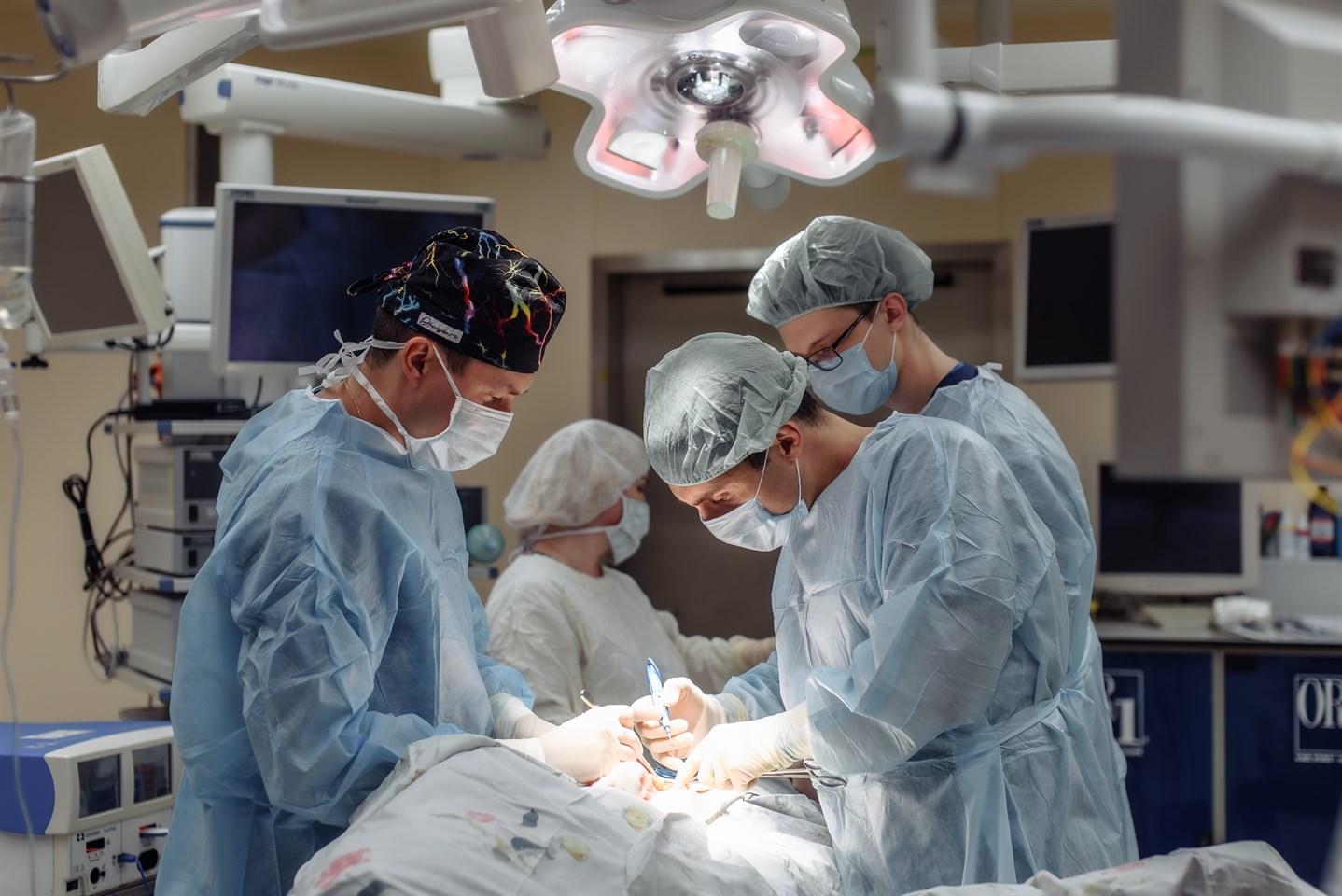
Gallbladder cancer treatment in Turkey
-
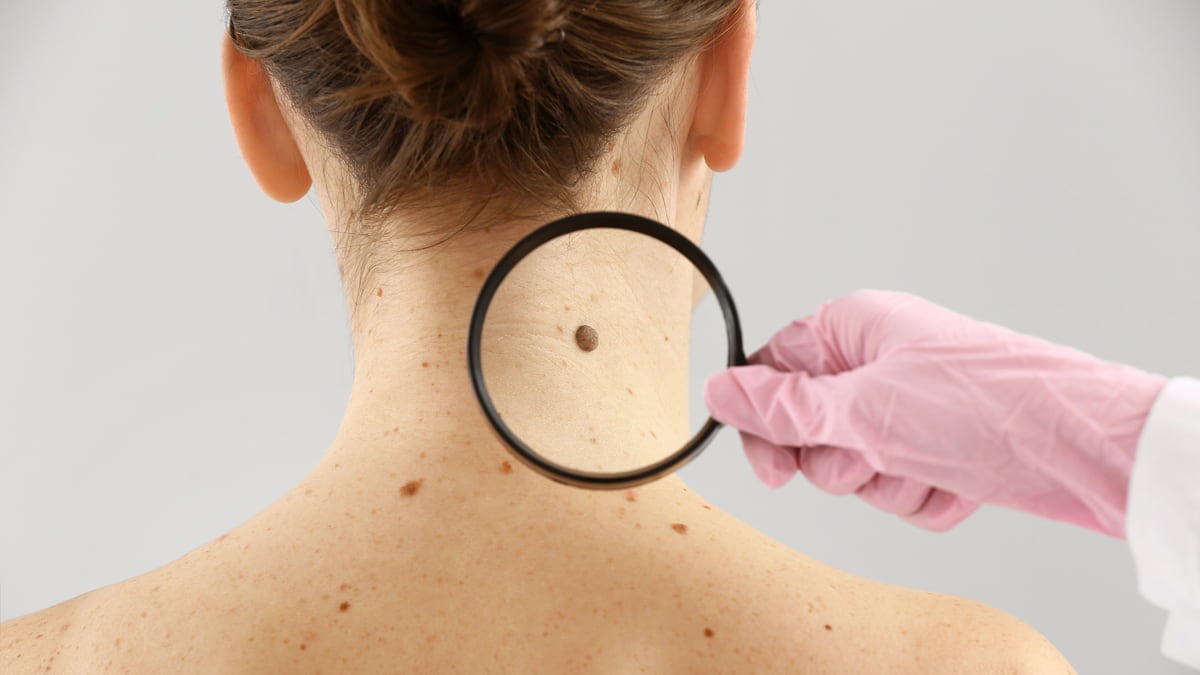
Melanoma treatment in Turkey
-
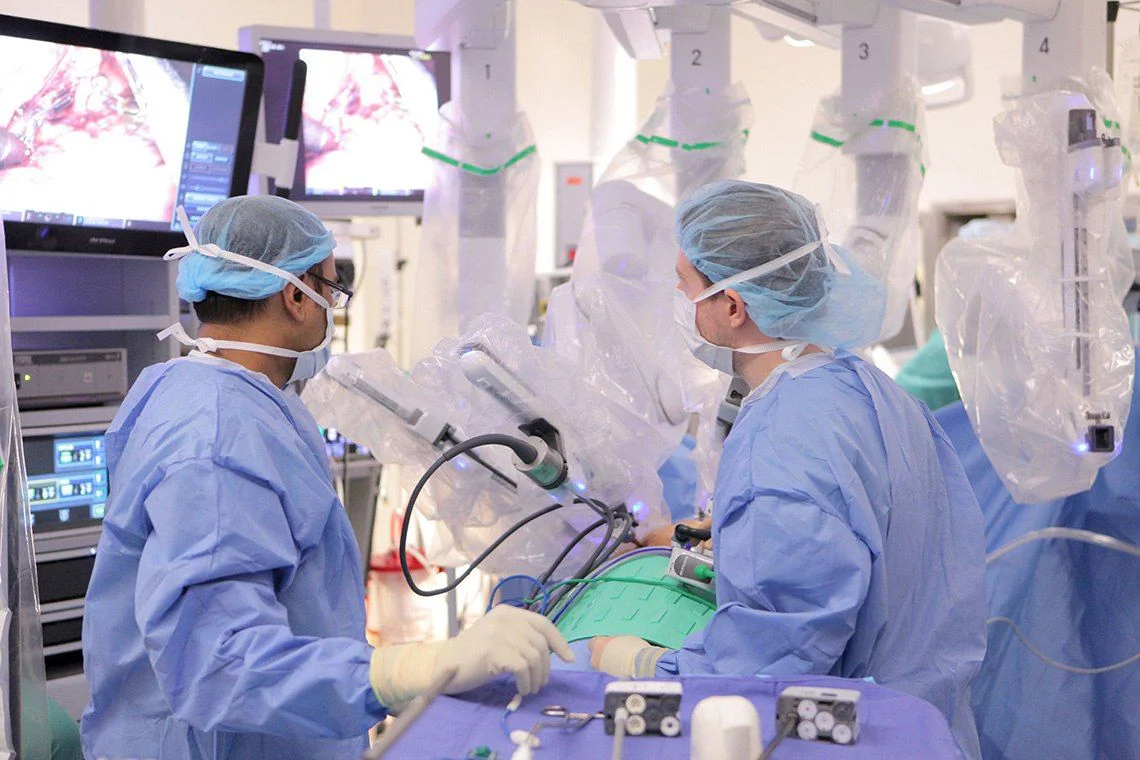
Esophageal cancer treatment in Turkey
-

Treatment of adenocarcinoma in Turkey
-
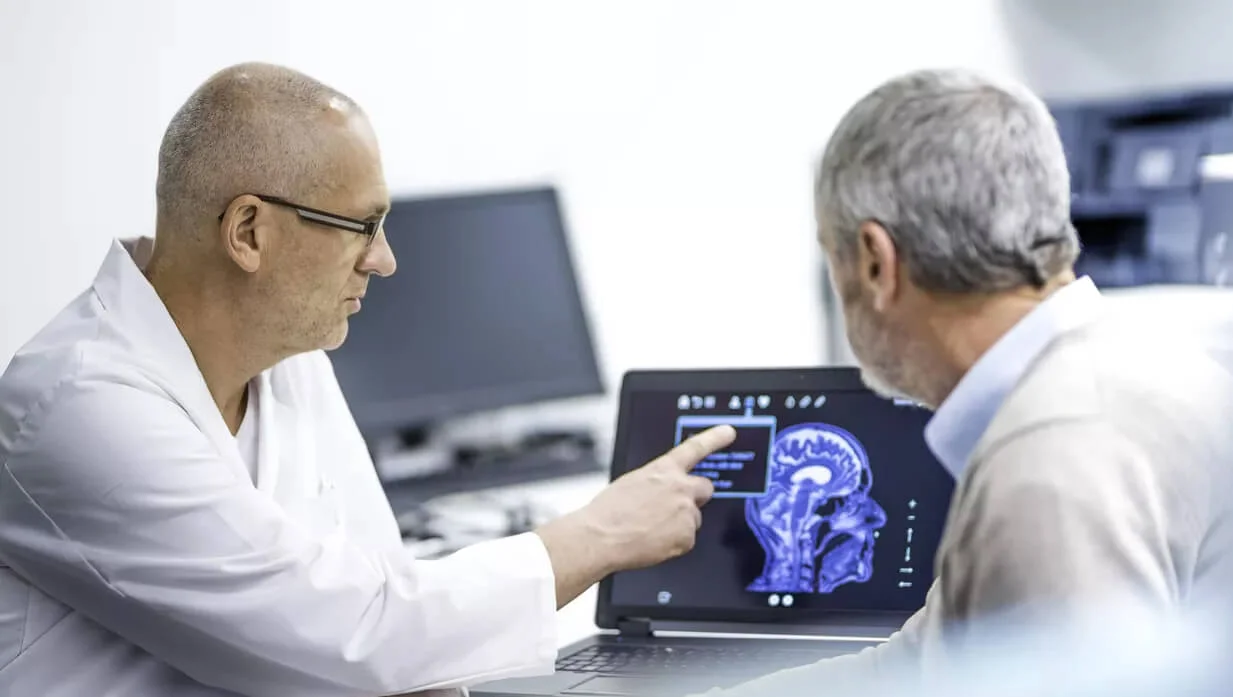
Glioma treatment in Turkey
-
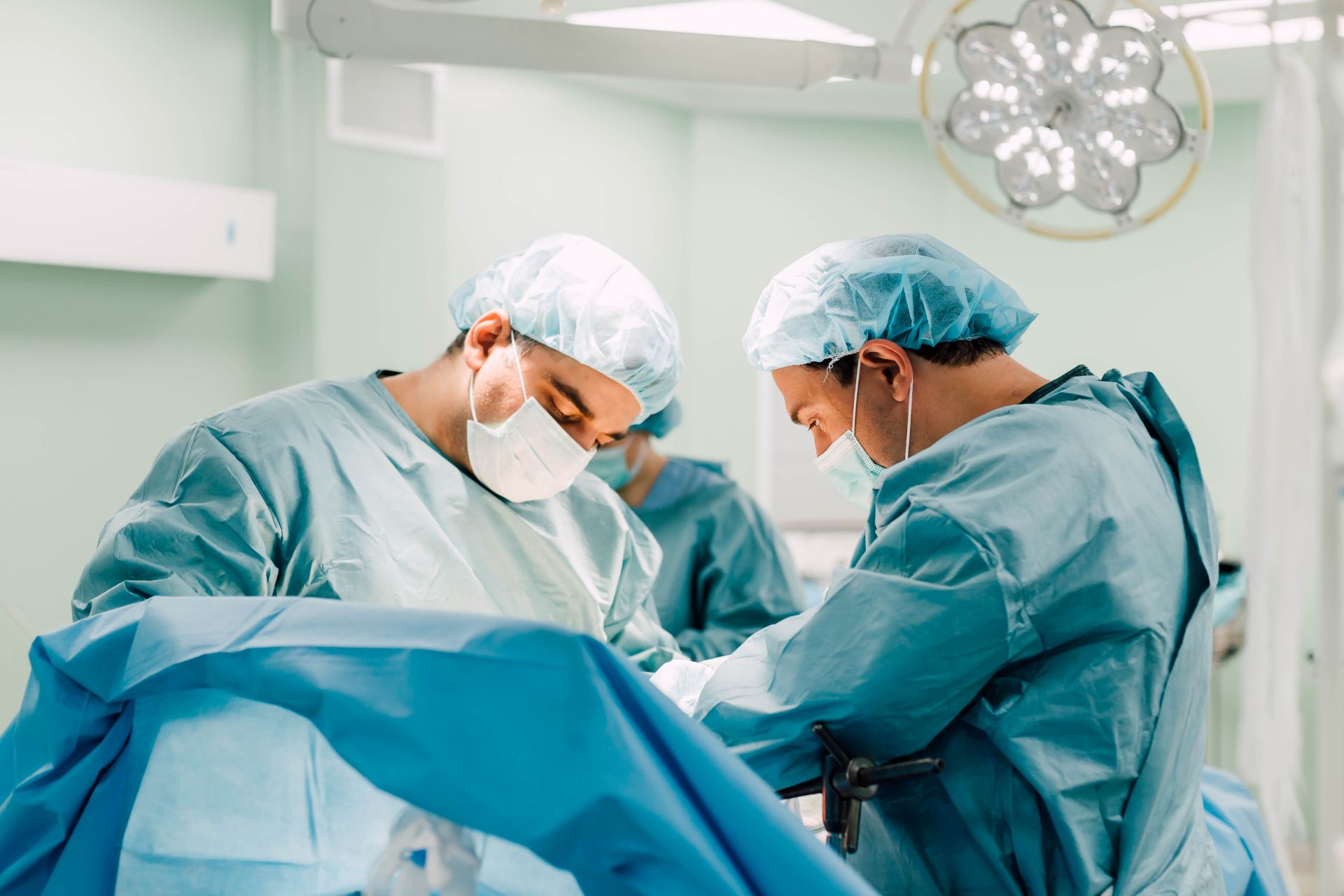
Liver oncology treatment in Turkey
-
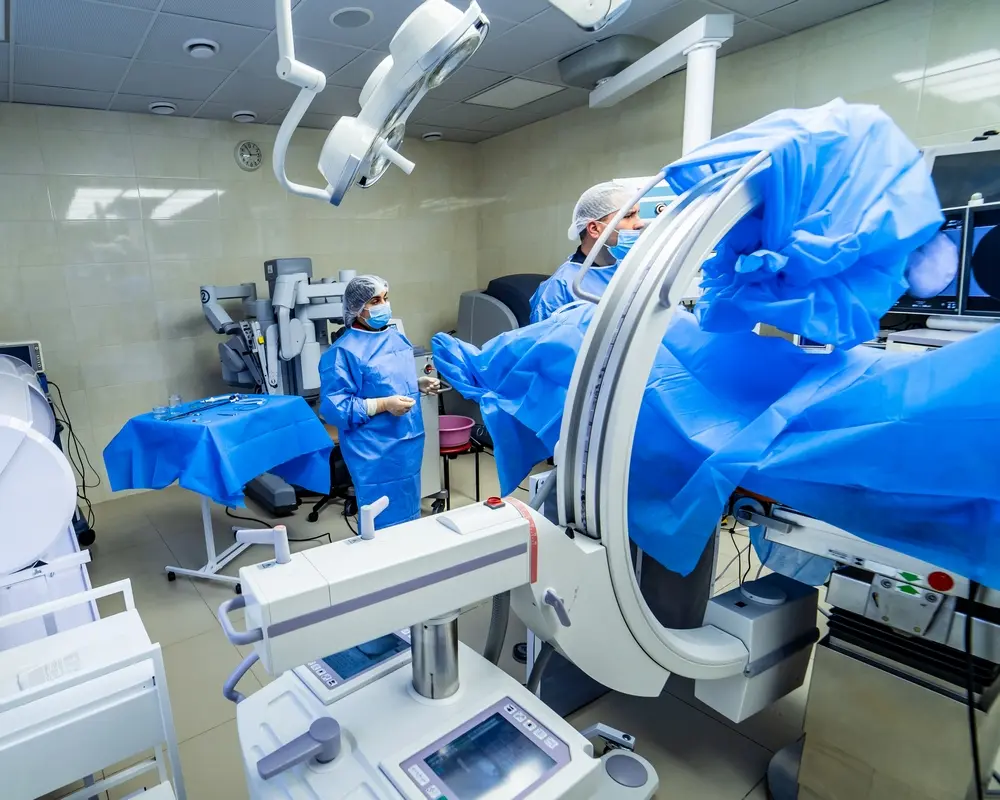
Kidney oncology treatment in Turkey
-

Leukemia treatment in Turkey
-
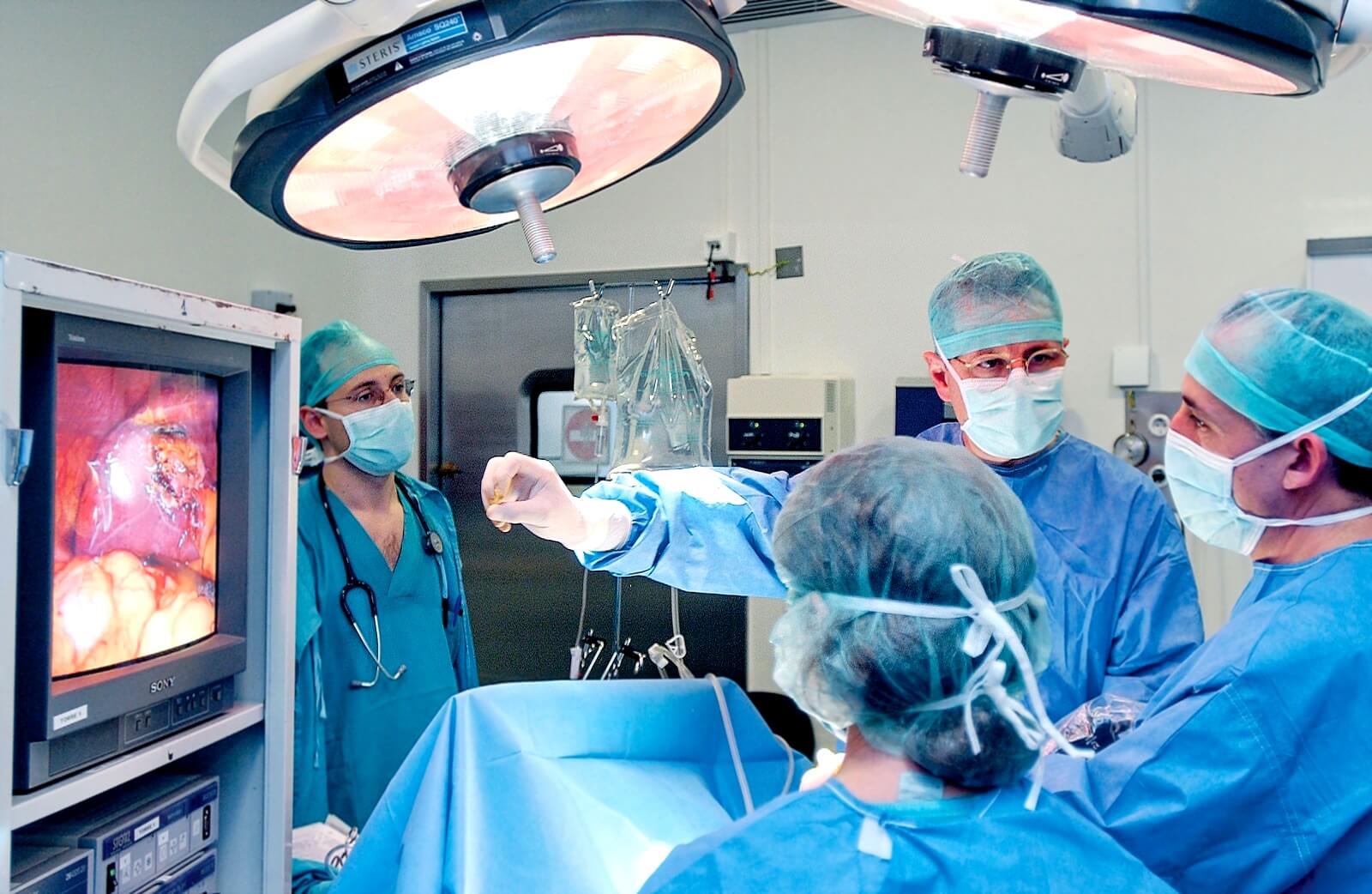
Treatment of sarcoma in Turkey
-
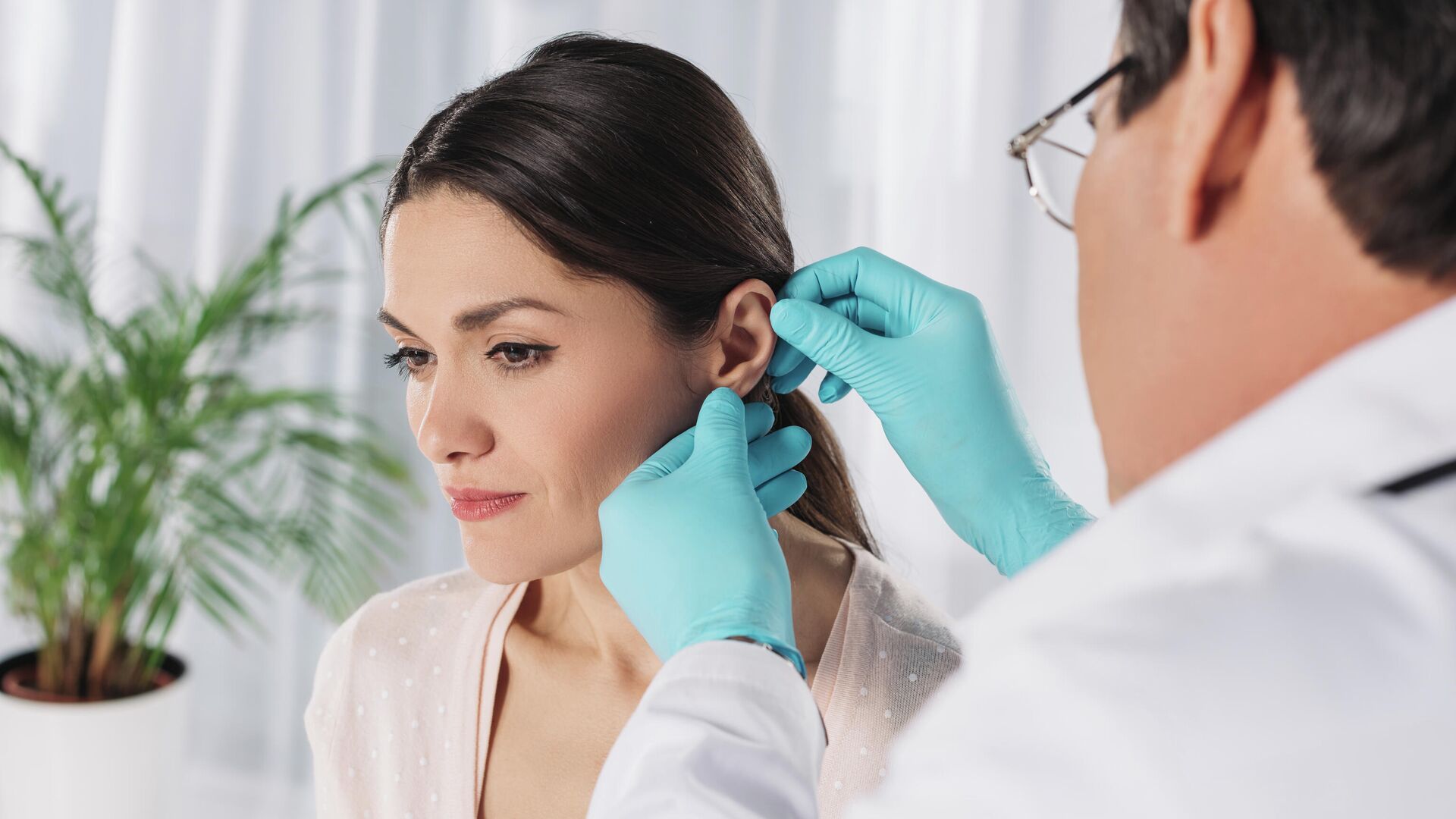
Ear cancer treatment in Turkey
-
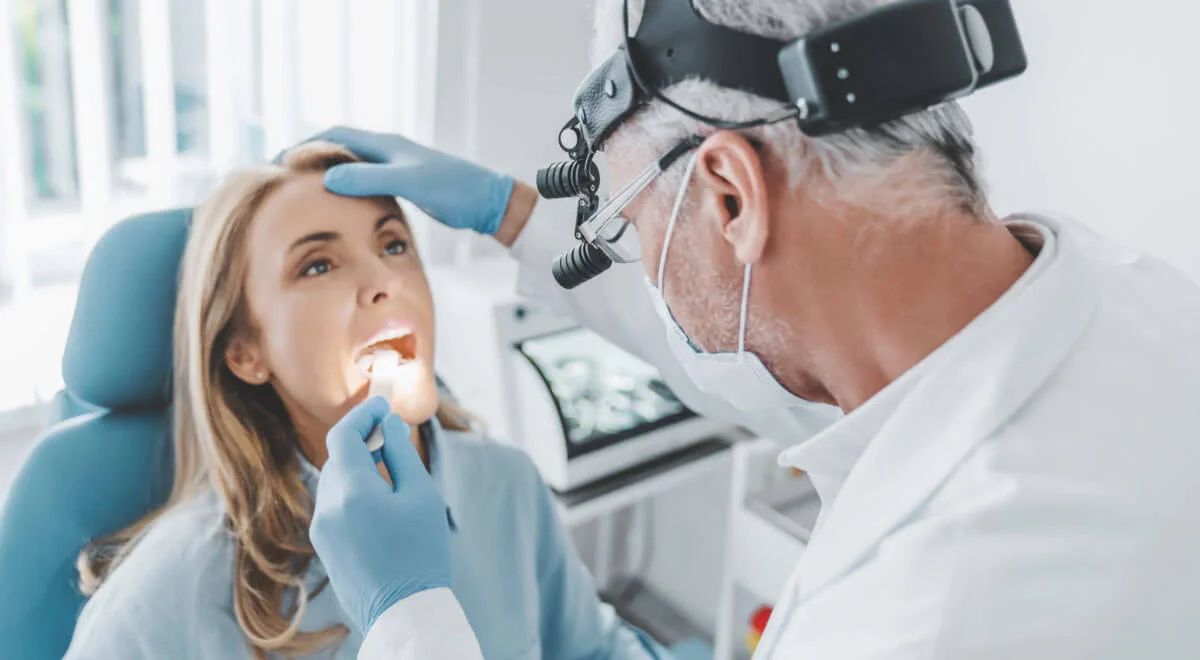
Tongue cancer treatment in Turkey
-
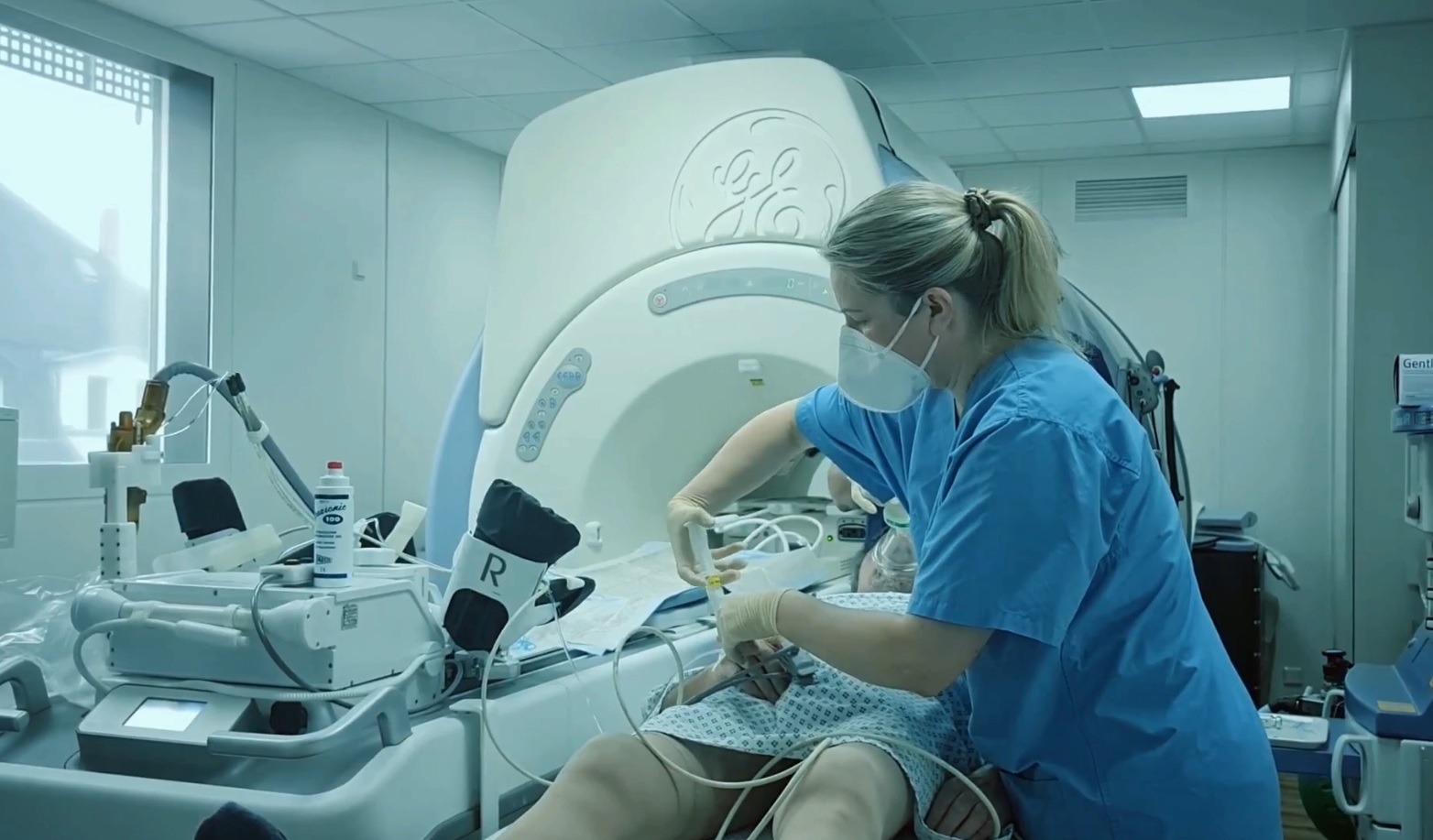
Prostate cancer treatment in Turkey
-
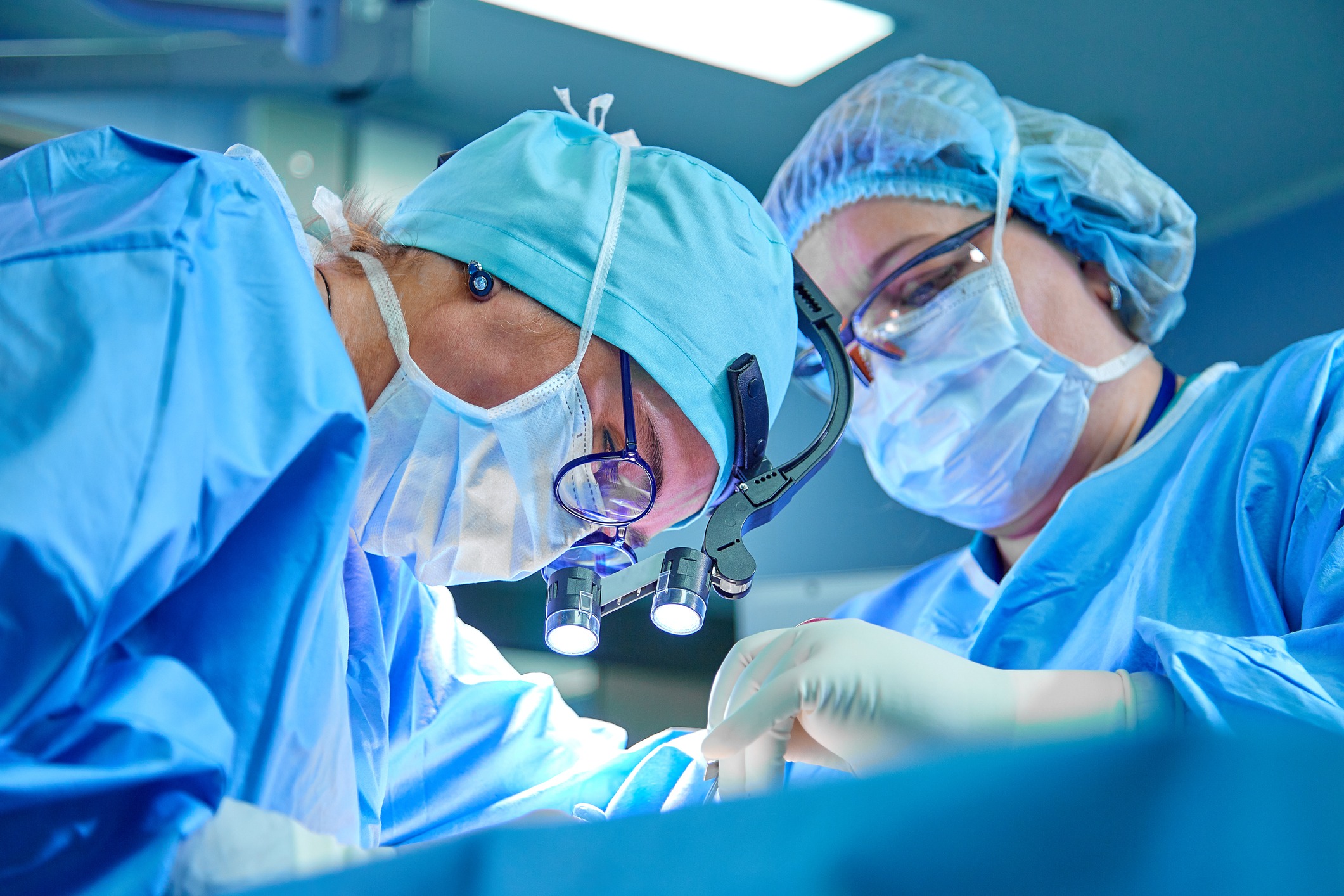
Pancreatic cancer treatment in Turkey
-

Treatment of tubulopathy in Korea
-
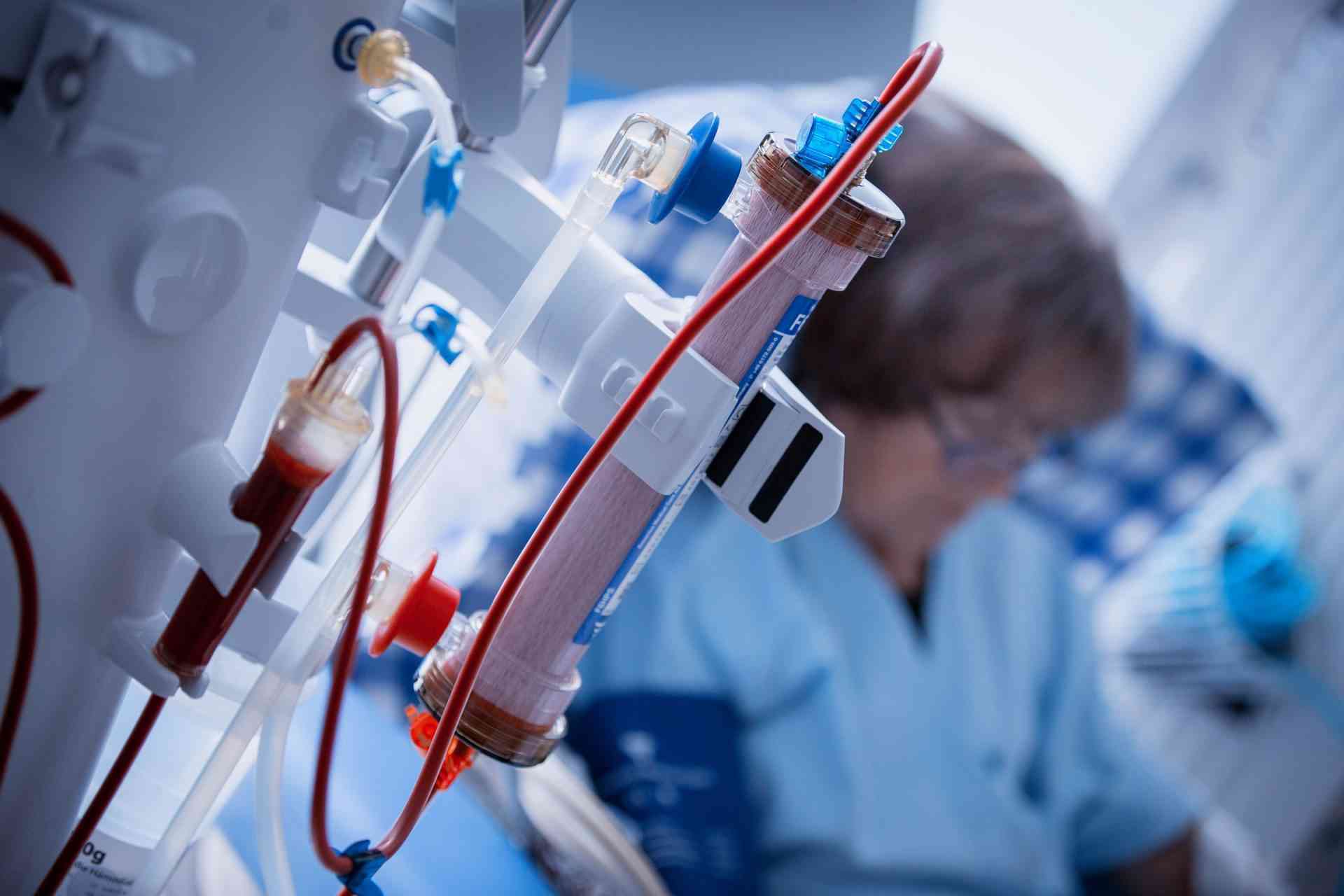
Hemodialysis in Korea
-
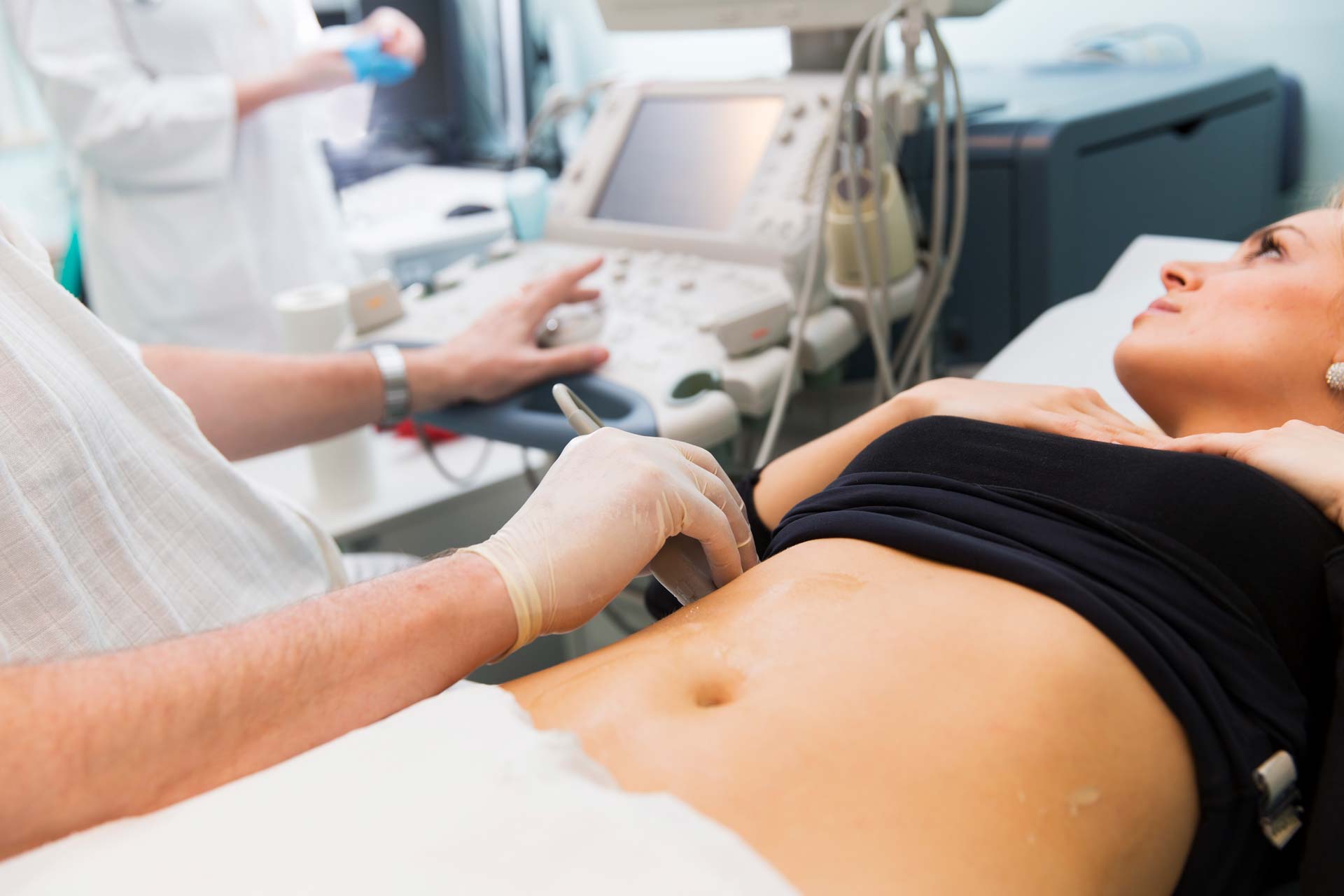
Treatment of glomerulonephritis in Korea
-

Treatment of nephropathy in Korea
-
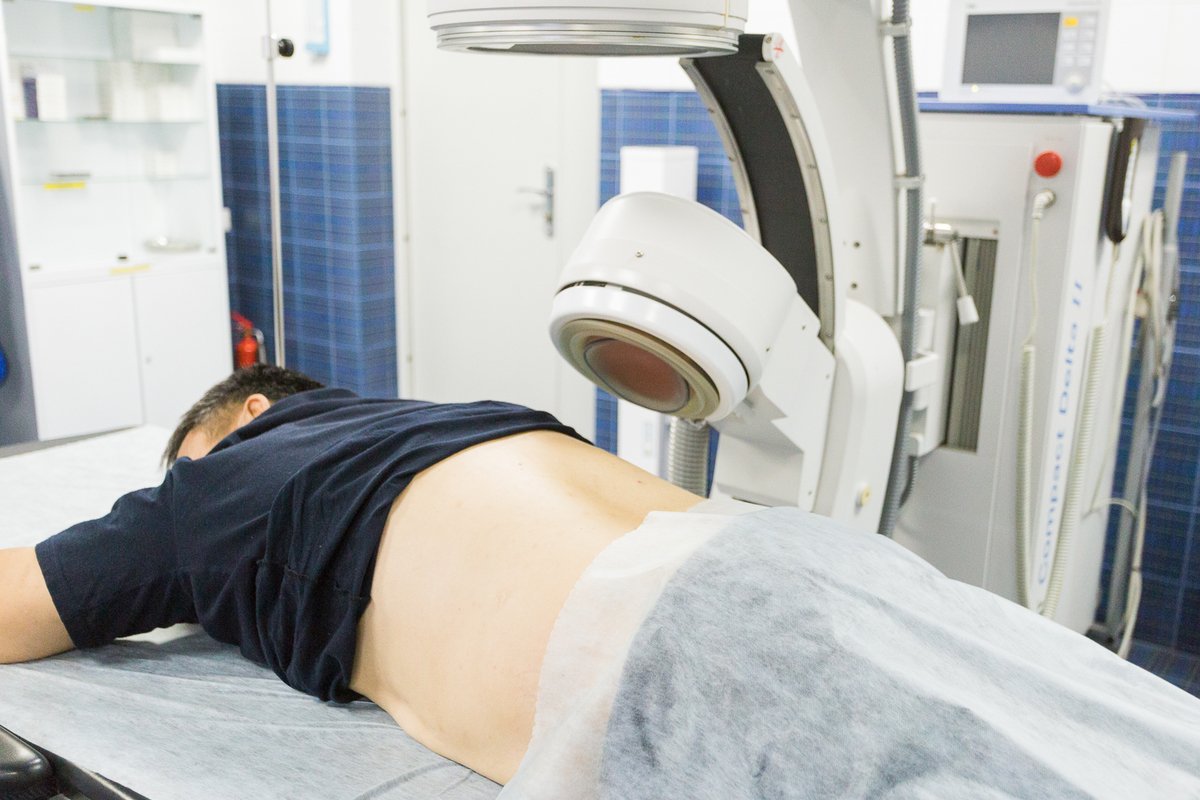
Treatment of urolithiasis in Korea
-
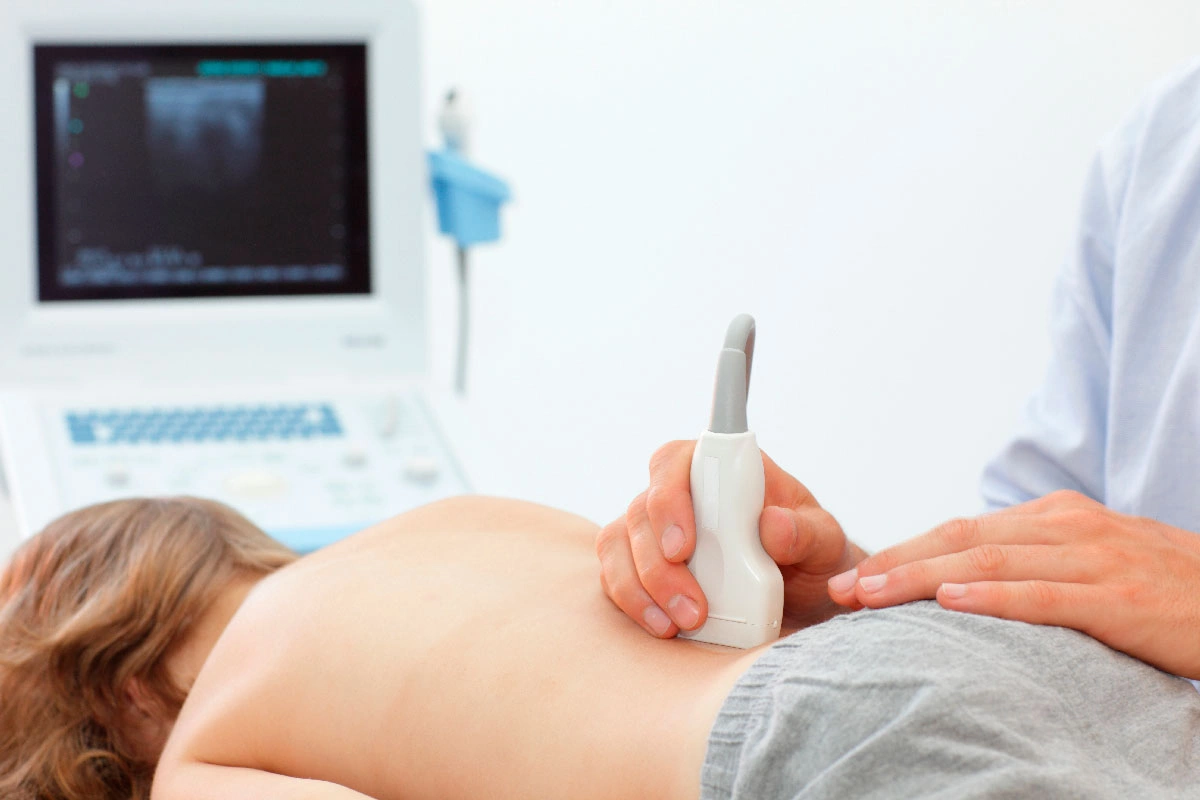
Nephroptosis treatment in Korea
-
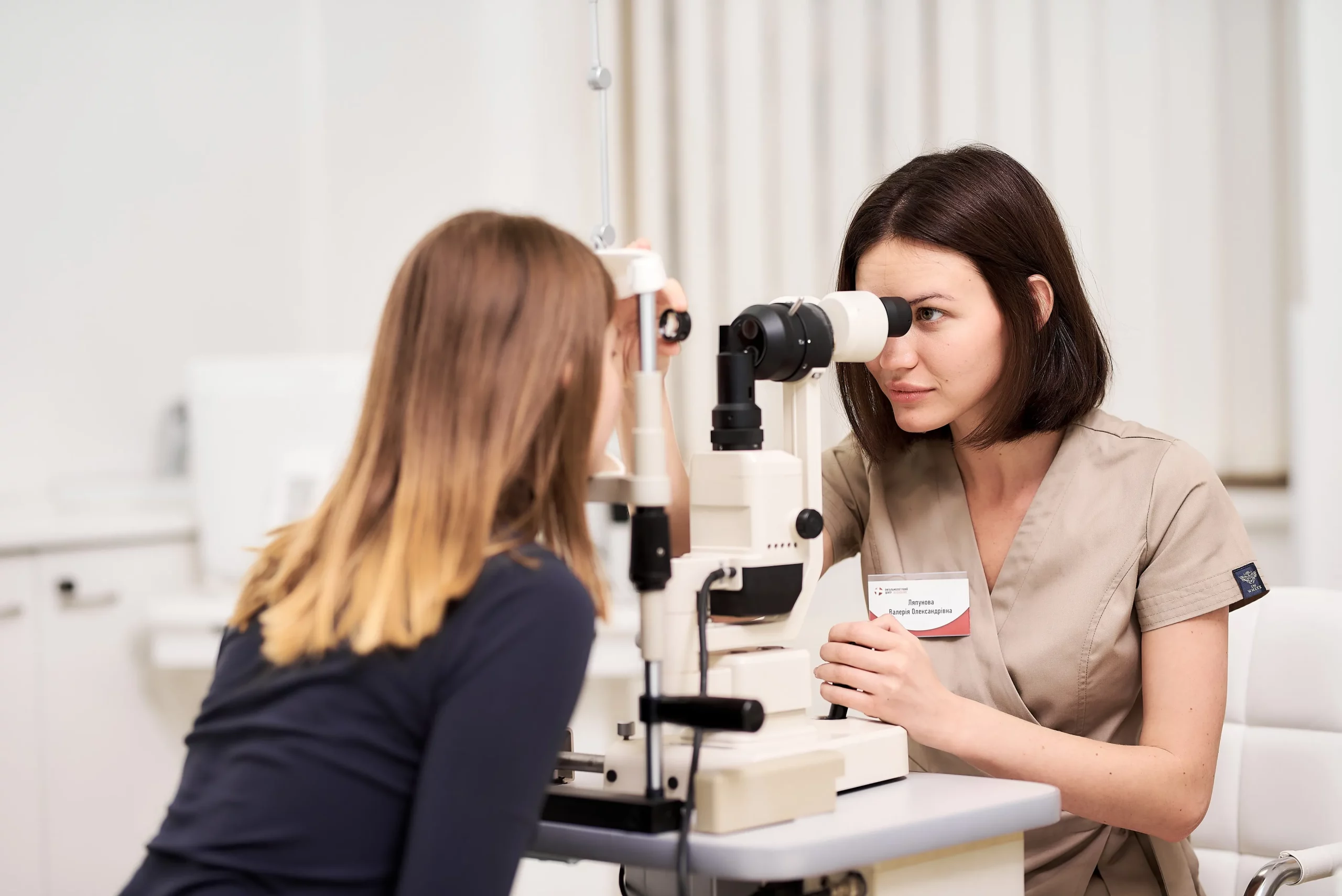
Treatment of dacryoadenitis in Korea
-

Episcleritis treatment in Korea
-
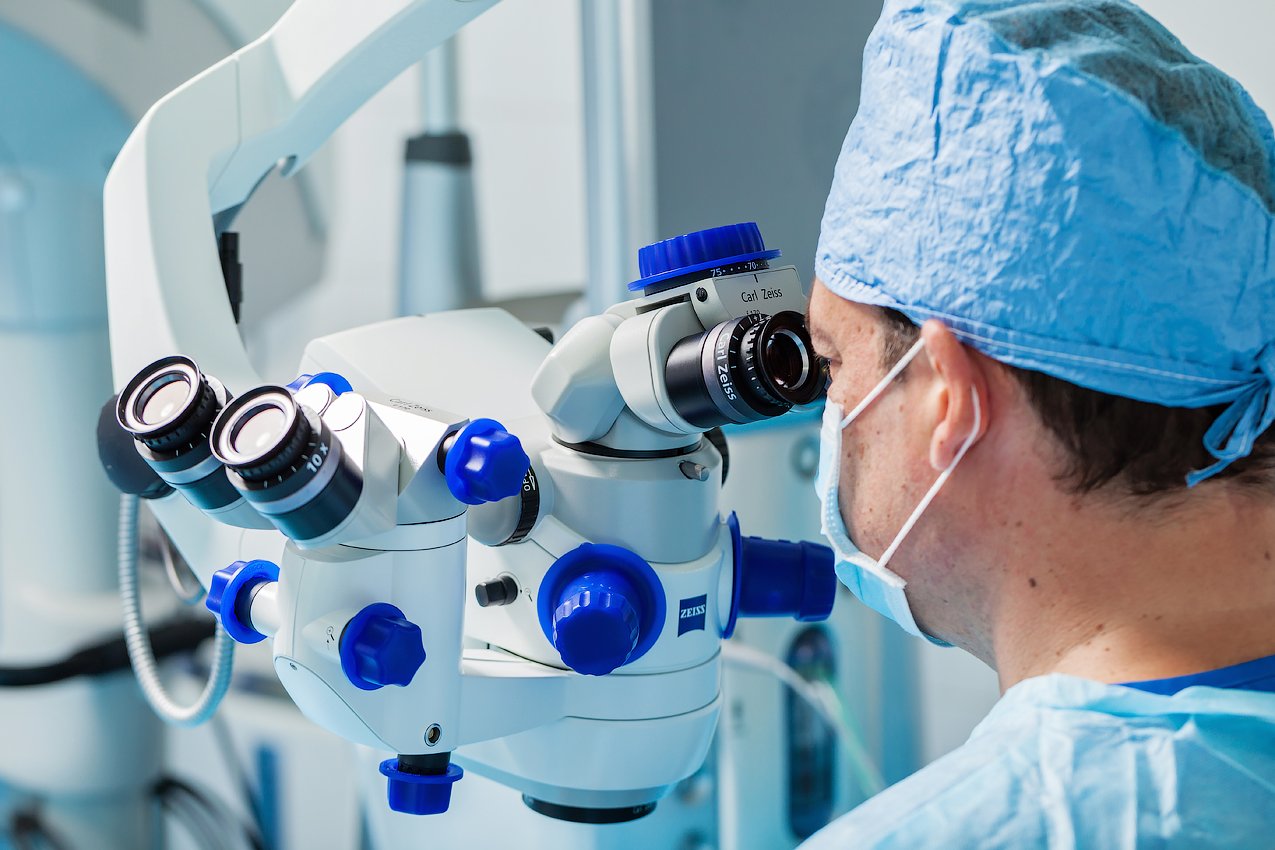
Cataract treatment in Korea
-
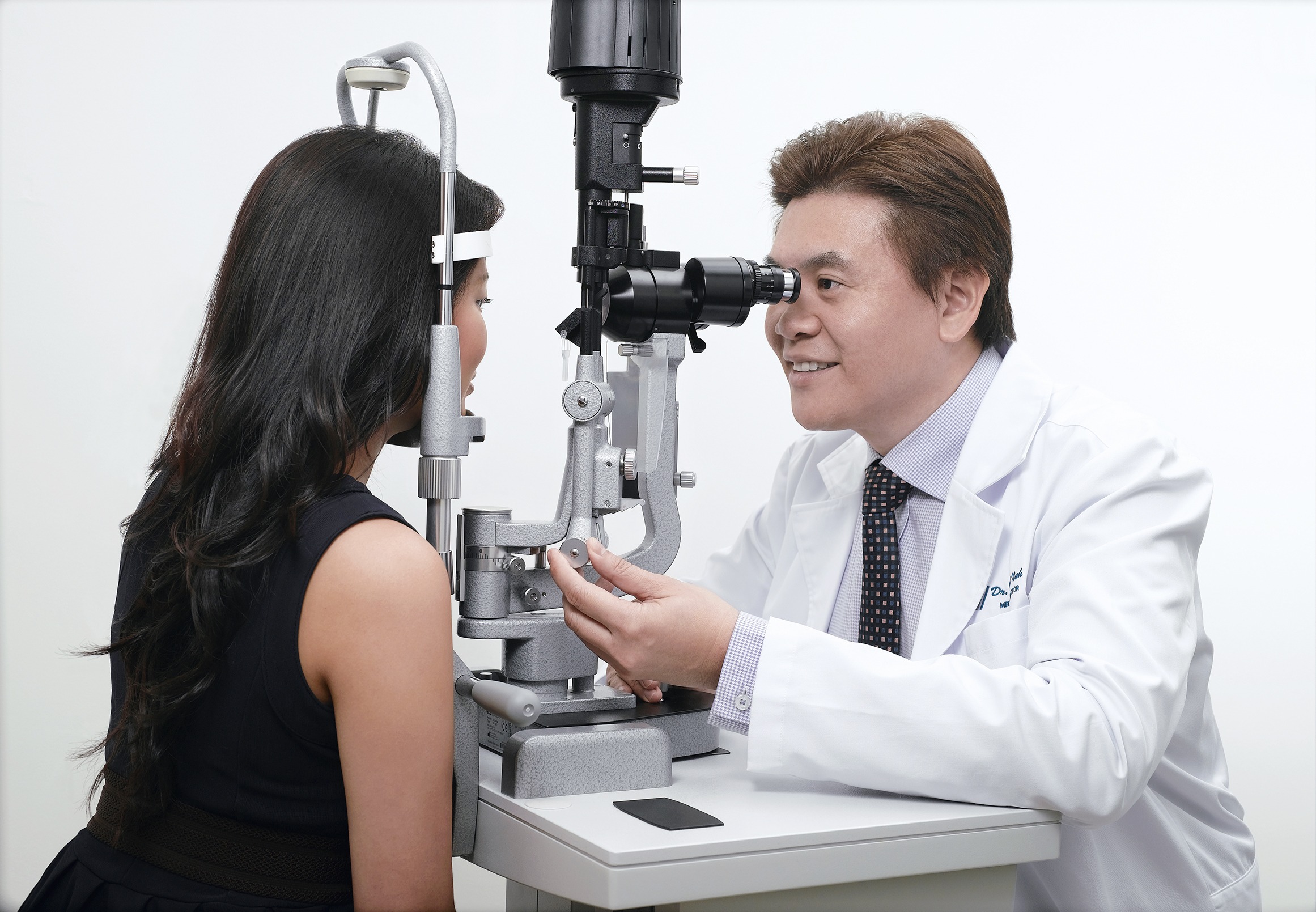
Treatment of ocular atrophy in Korea
-

Treatment of polycystic ovaries in Korea
-
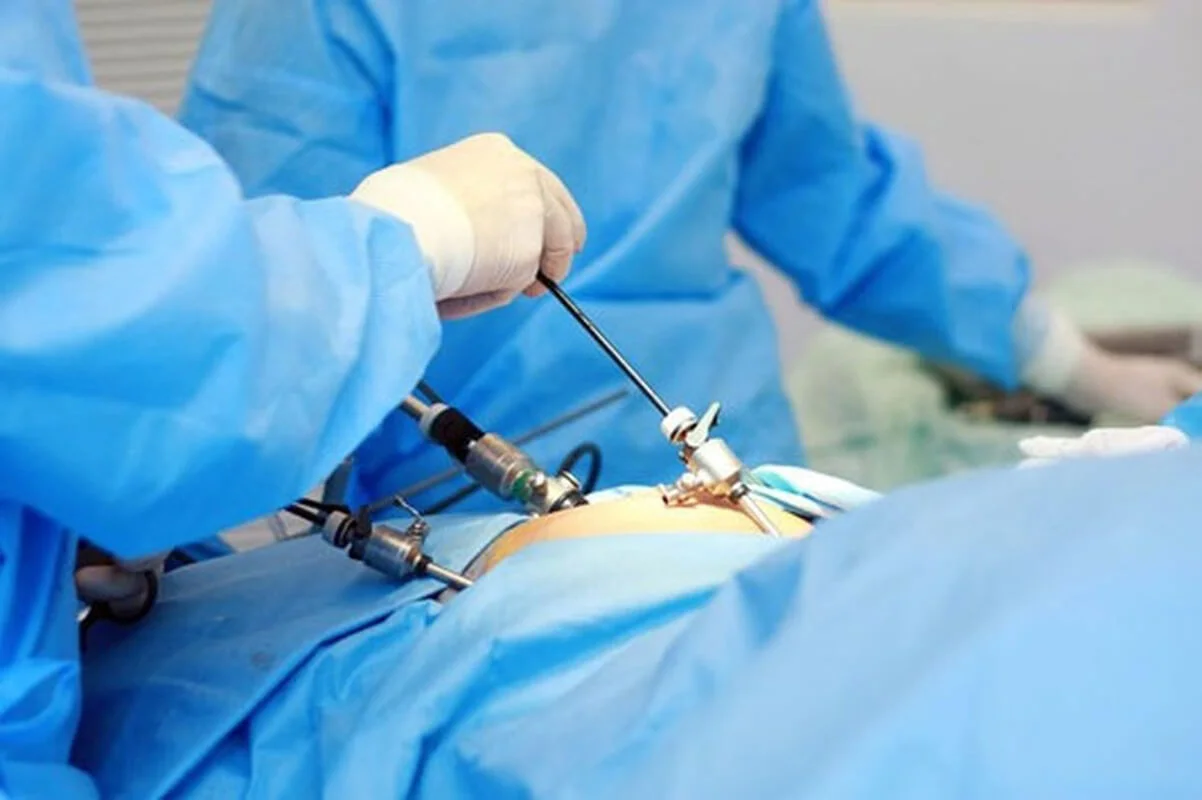
Uterine myoma treatment in Korea
-
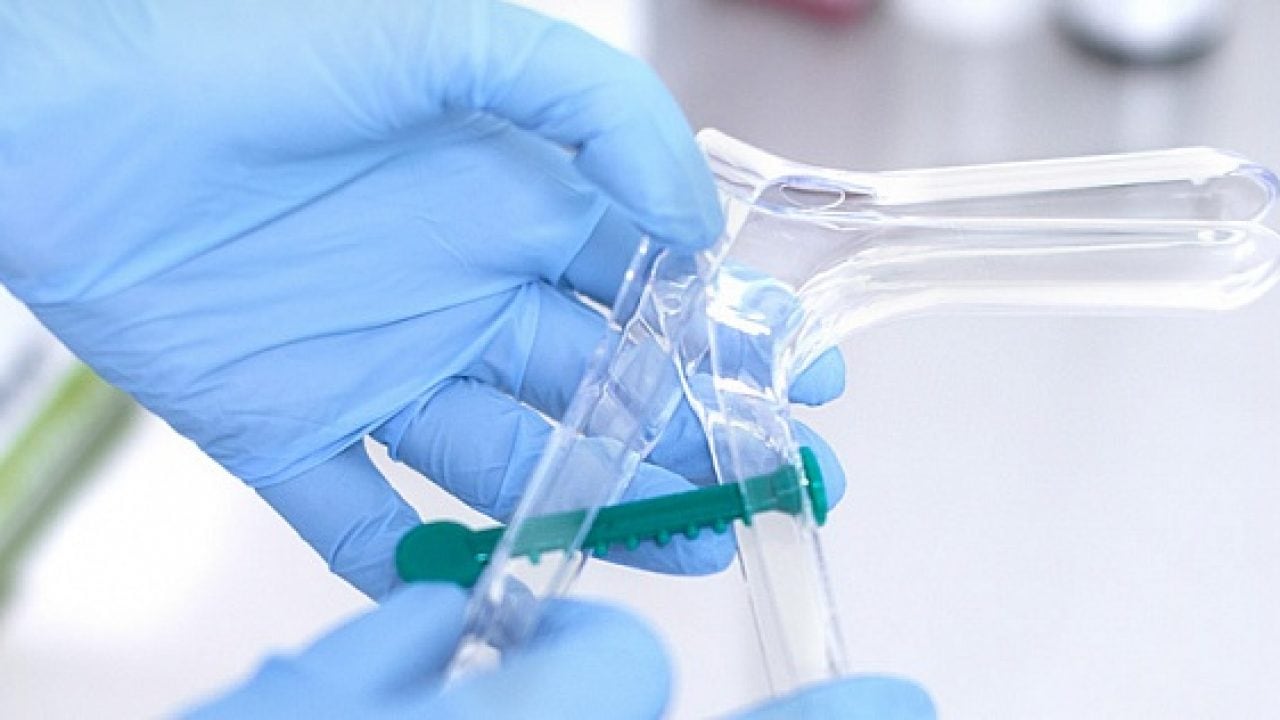
Vulvitis treatment in Korea
-

Adnexitis treatment in Korea
-
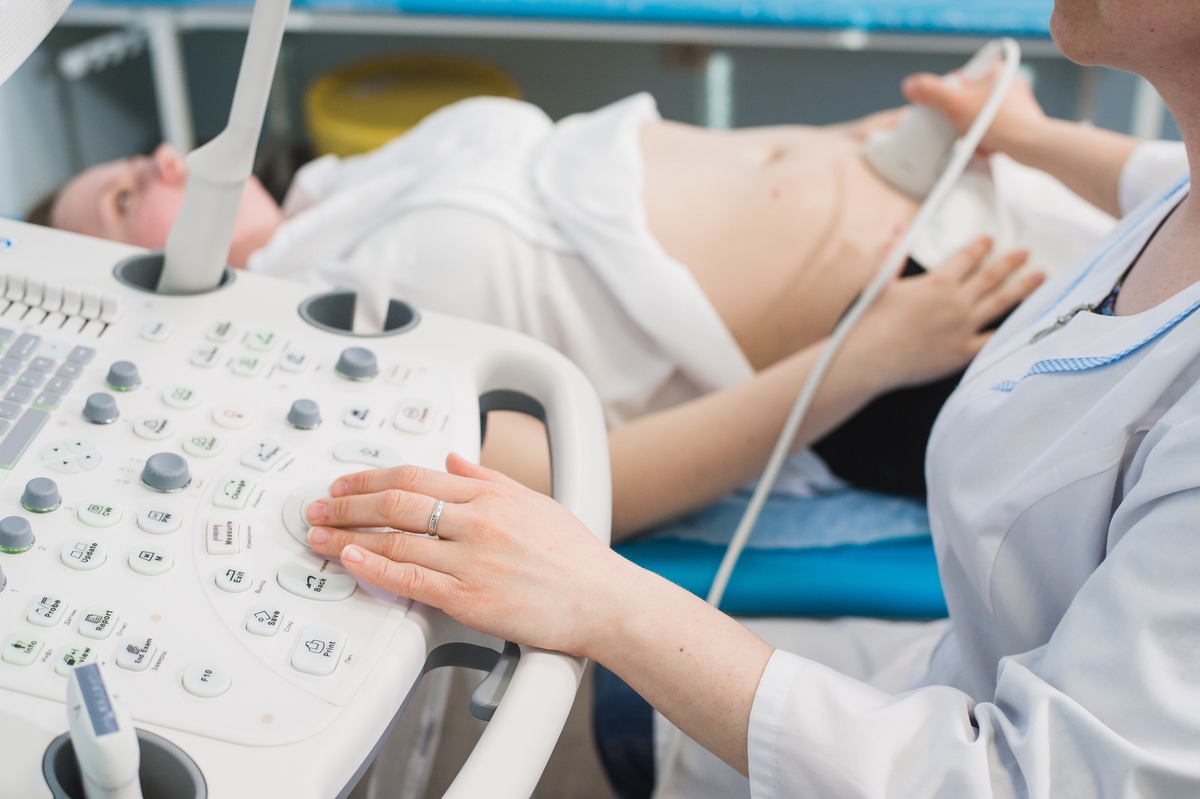
Salpingitis treatment in Korea
-

Endometritis treatment in Korea
-
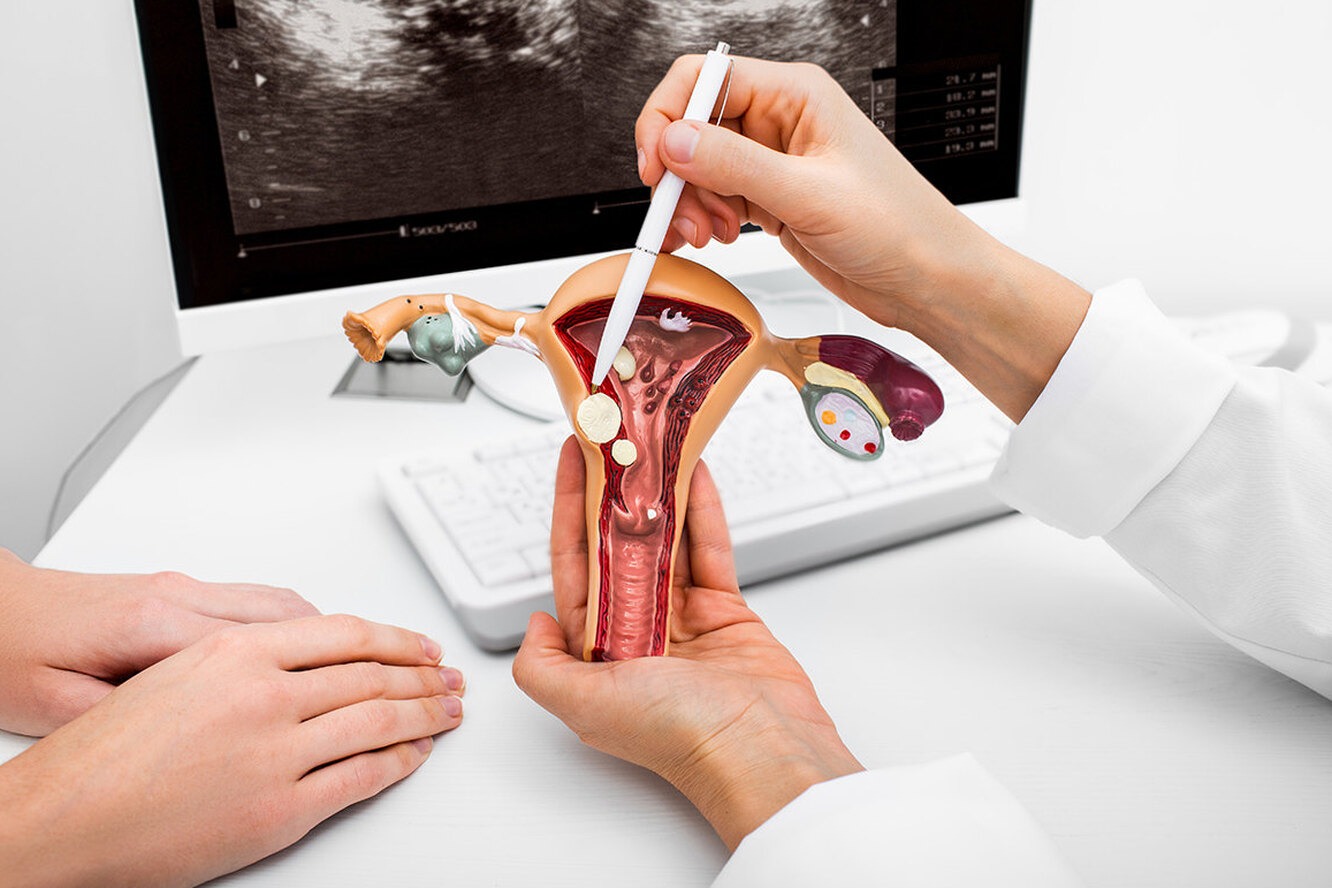
Endocervicitis treatment in Korea
-

Bartholinitis treatment in Korea
-

Retinal detachment treatment in Korea
-
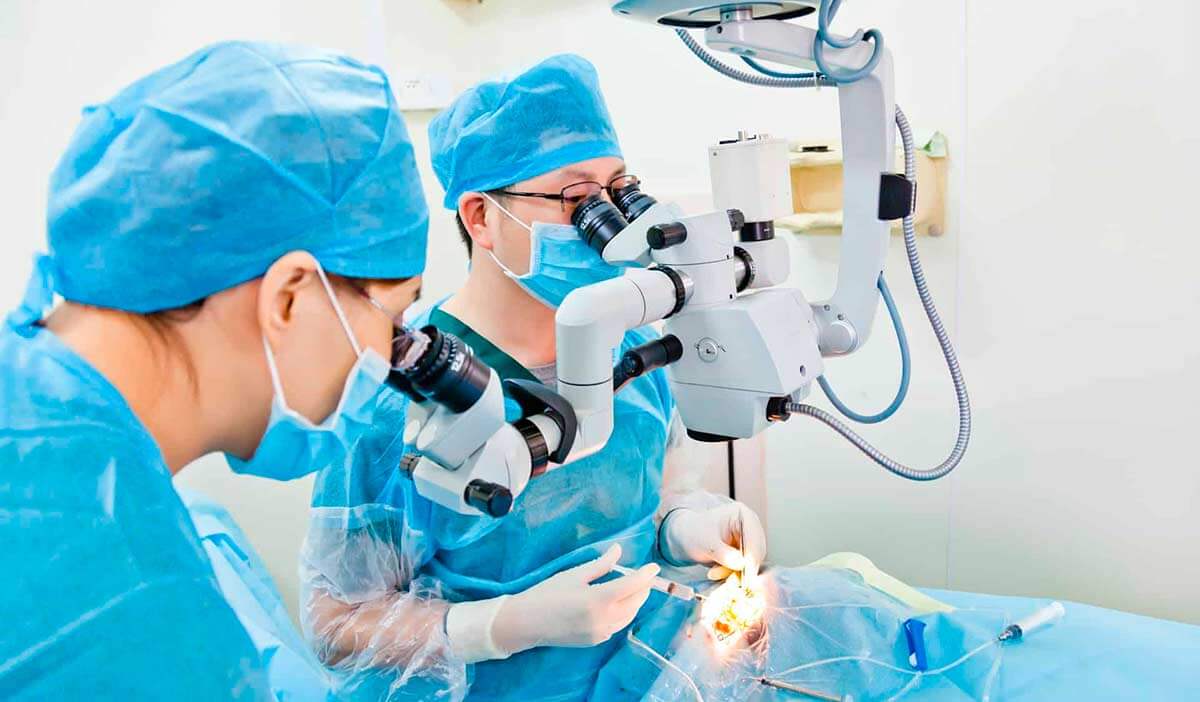
Keratoconus treatment in Korea
-
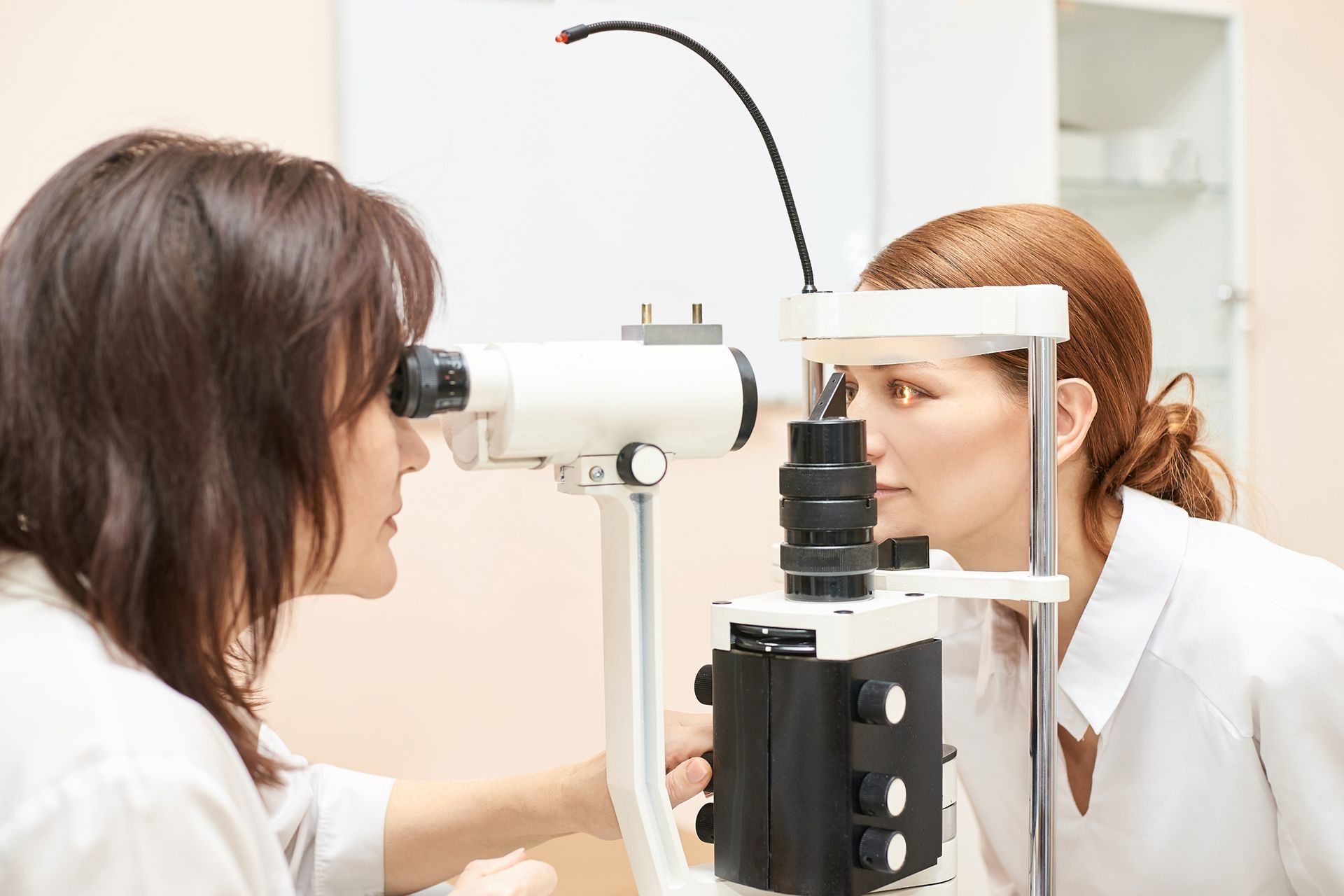
Astigmatism treatment in Korea
-

Blepharospasm treatment in Korea
-

Myopia treatment in Korea
-

Treatment of orbital hypertelorism in Korea
-
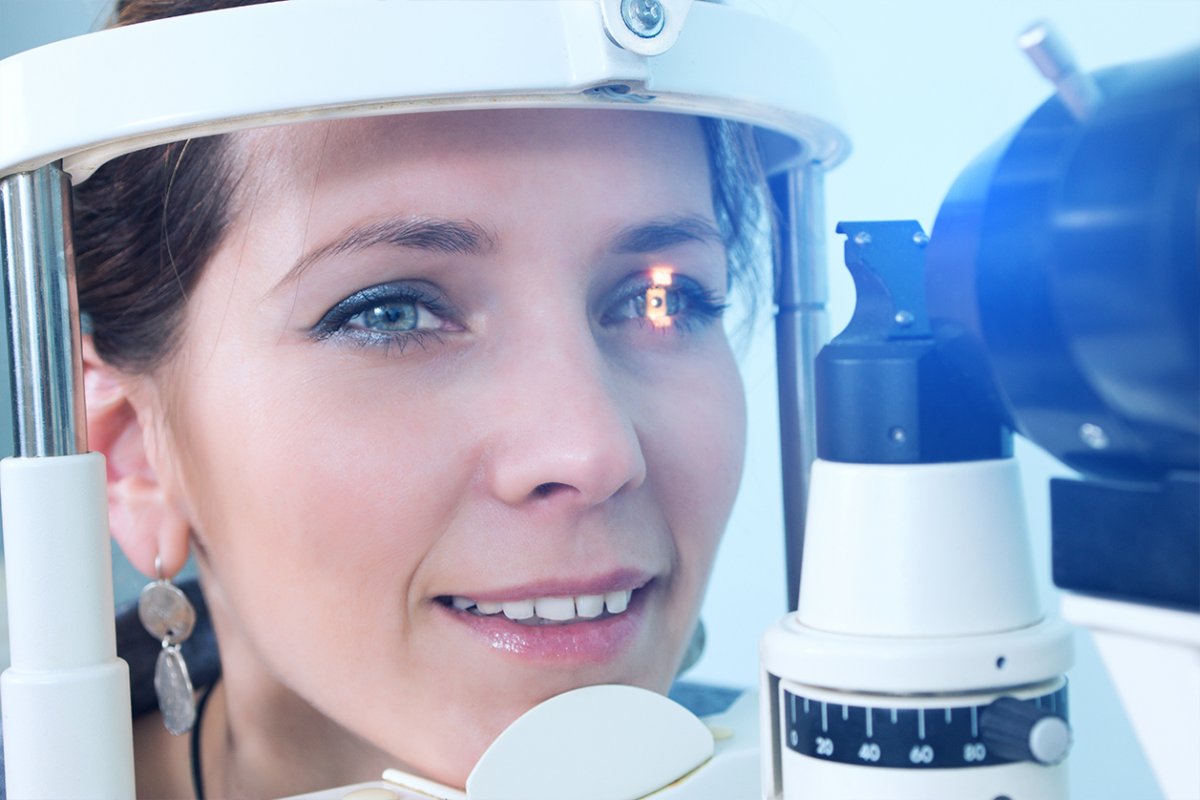
Uveitis treatment in Korea
-
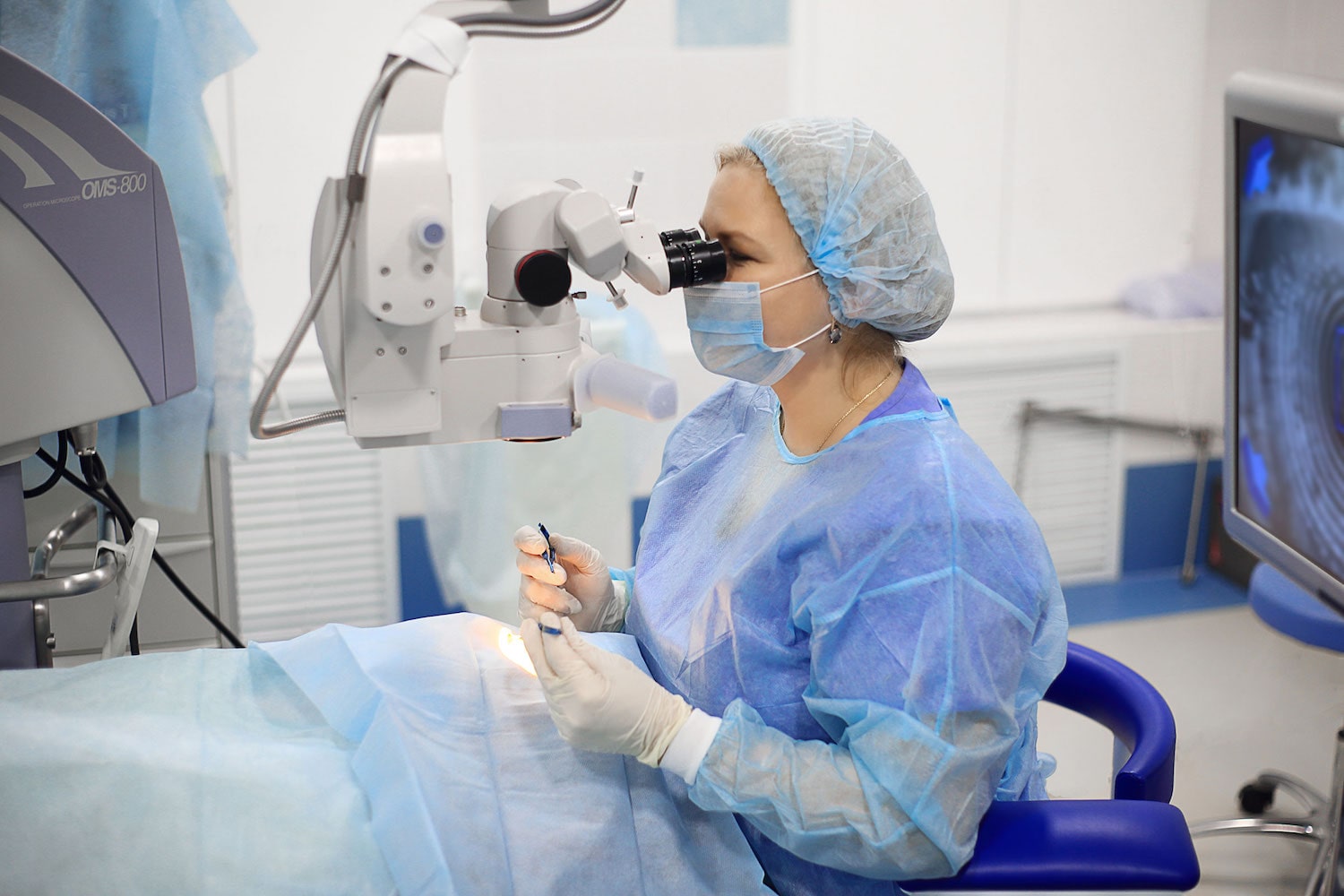
Chalazion treatment in Korea
-
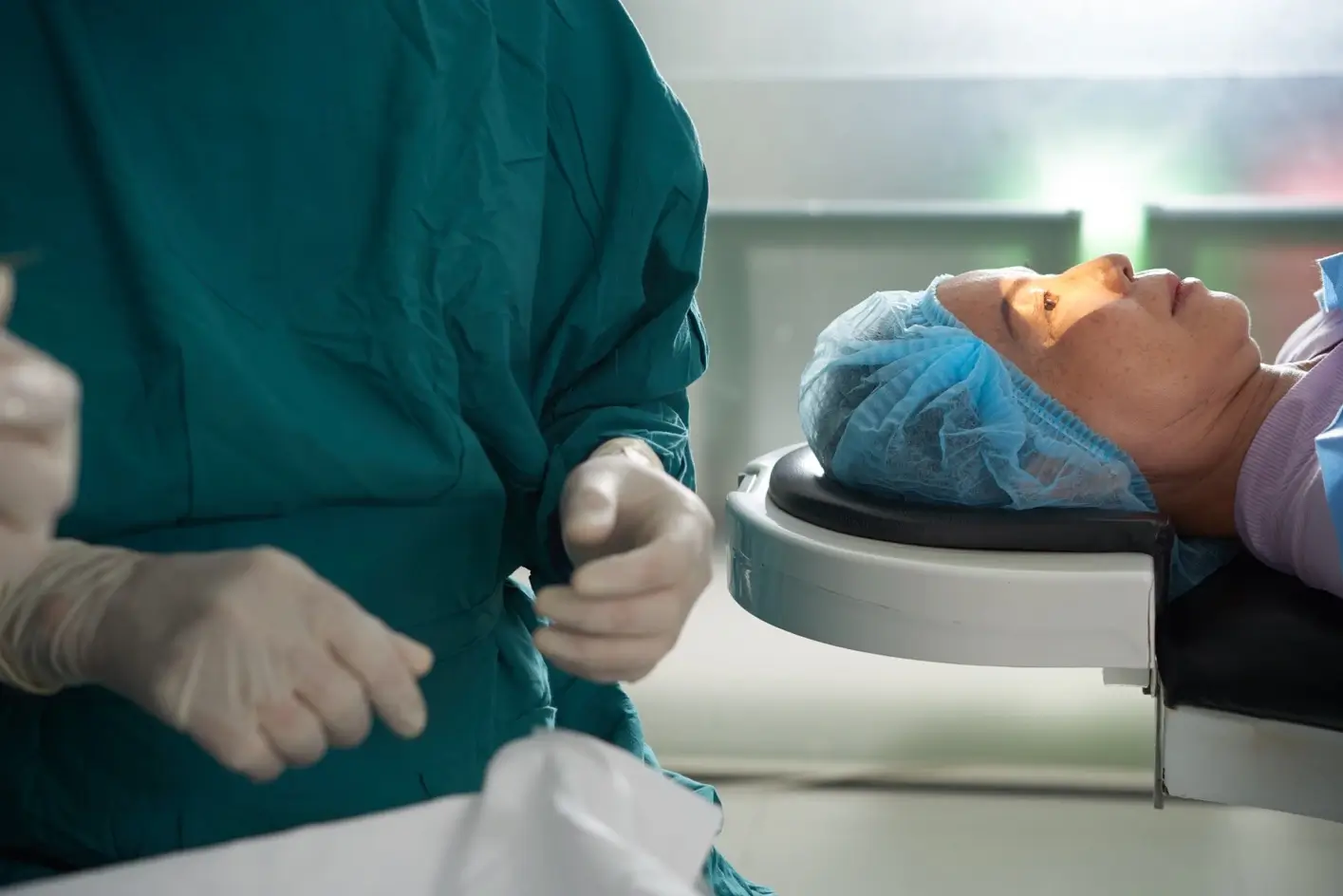
Glaucoma treatment in Korea
-
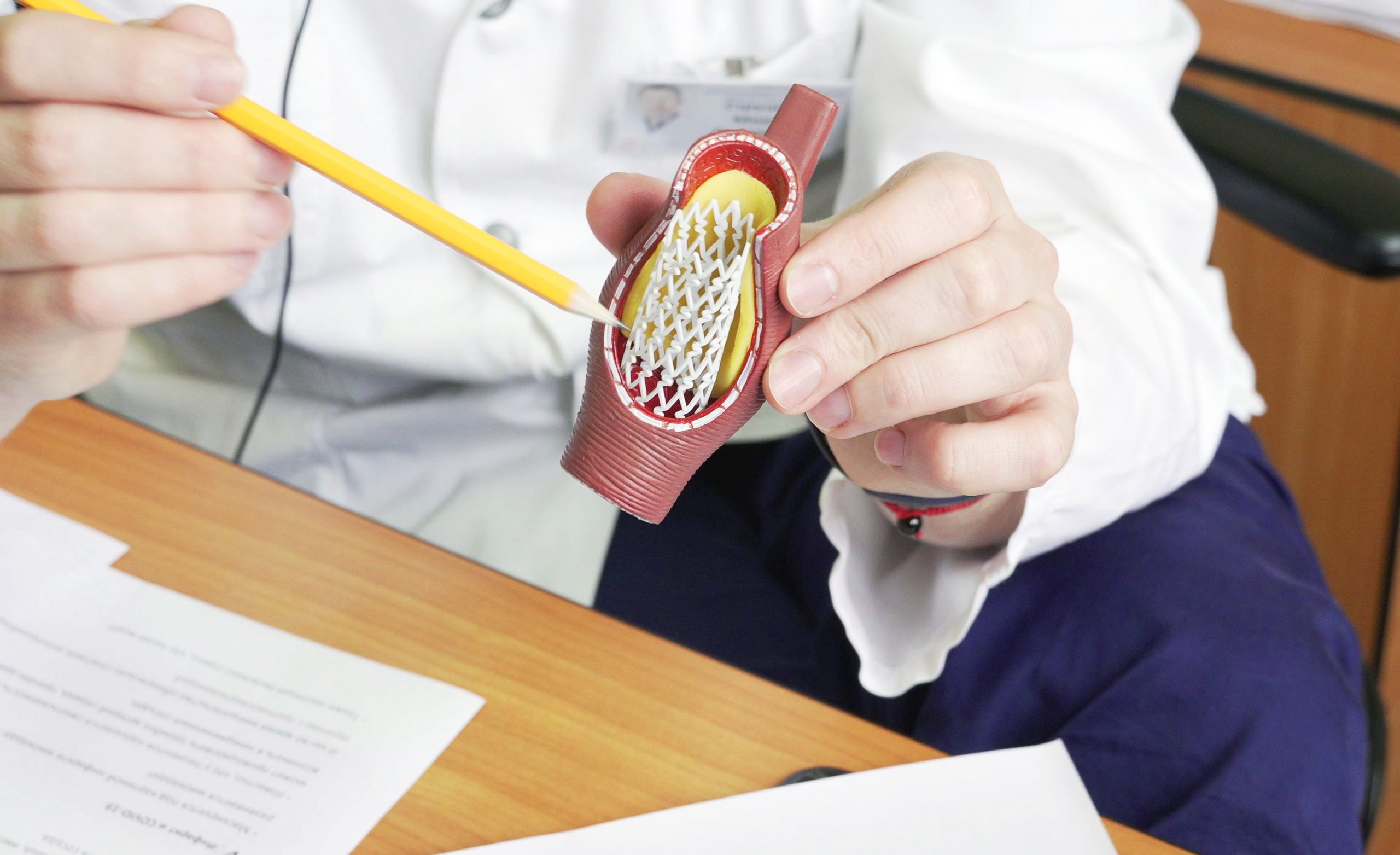
Angioplasty in Korea
-
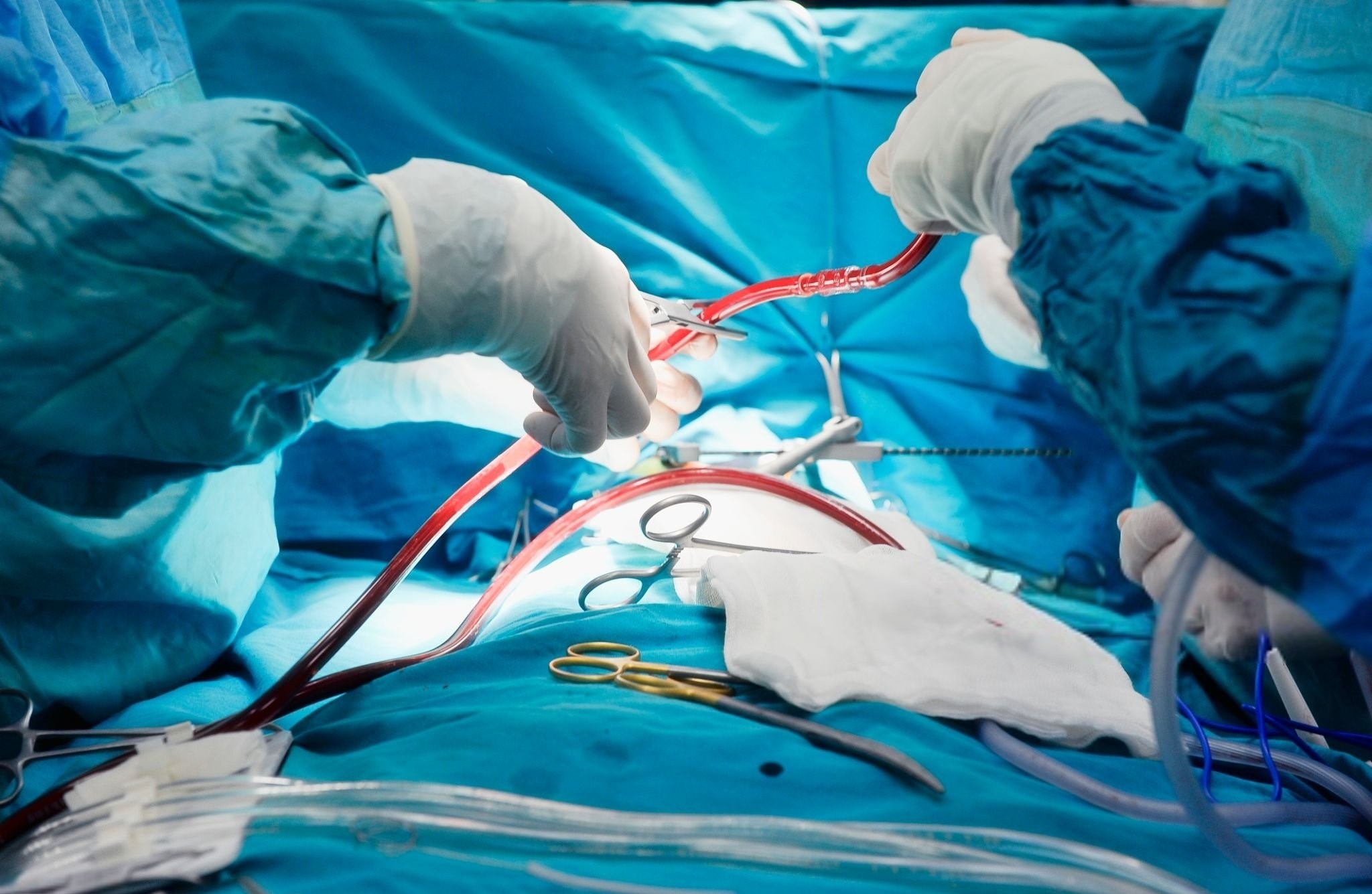
Cardiac ablation in Korea
-
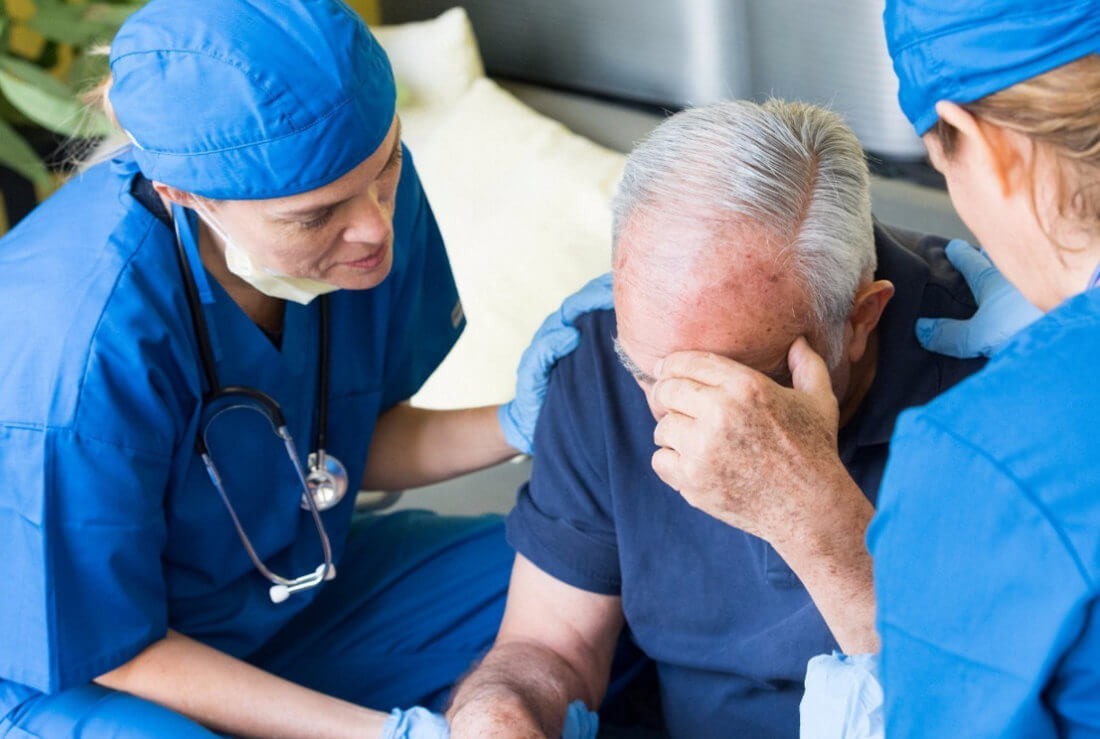
Stroke treatment in Korea
-

Angina treatment in Korea
-

Treatment of pyelonephritis in Korea
-

Treatment of pyelonephritis in Korea
-
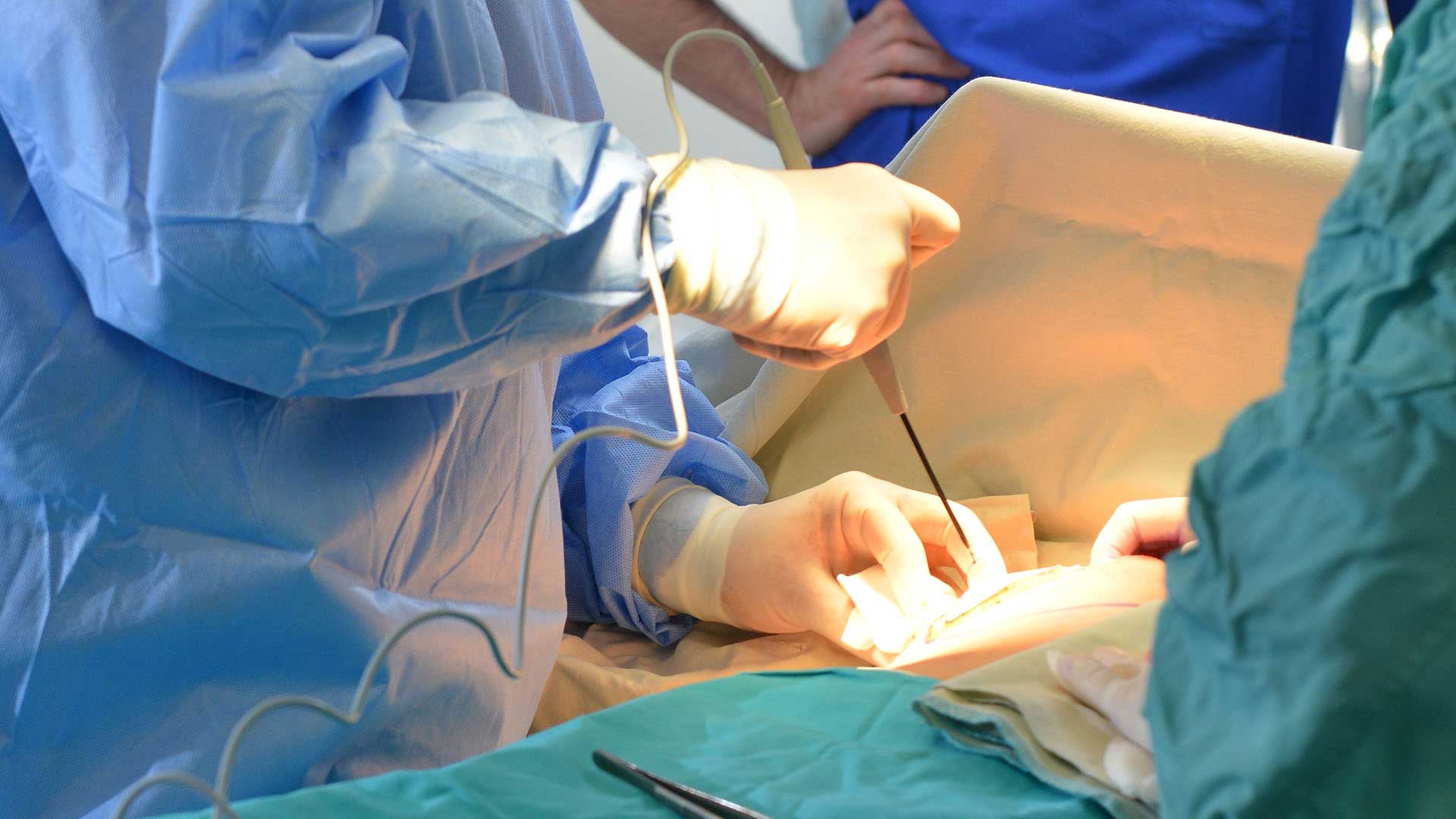
Thoracic surgery in Korea
-
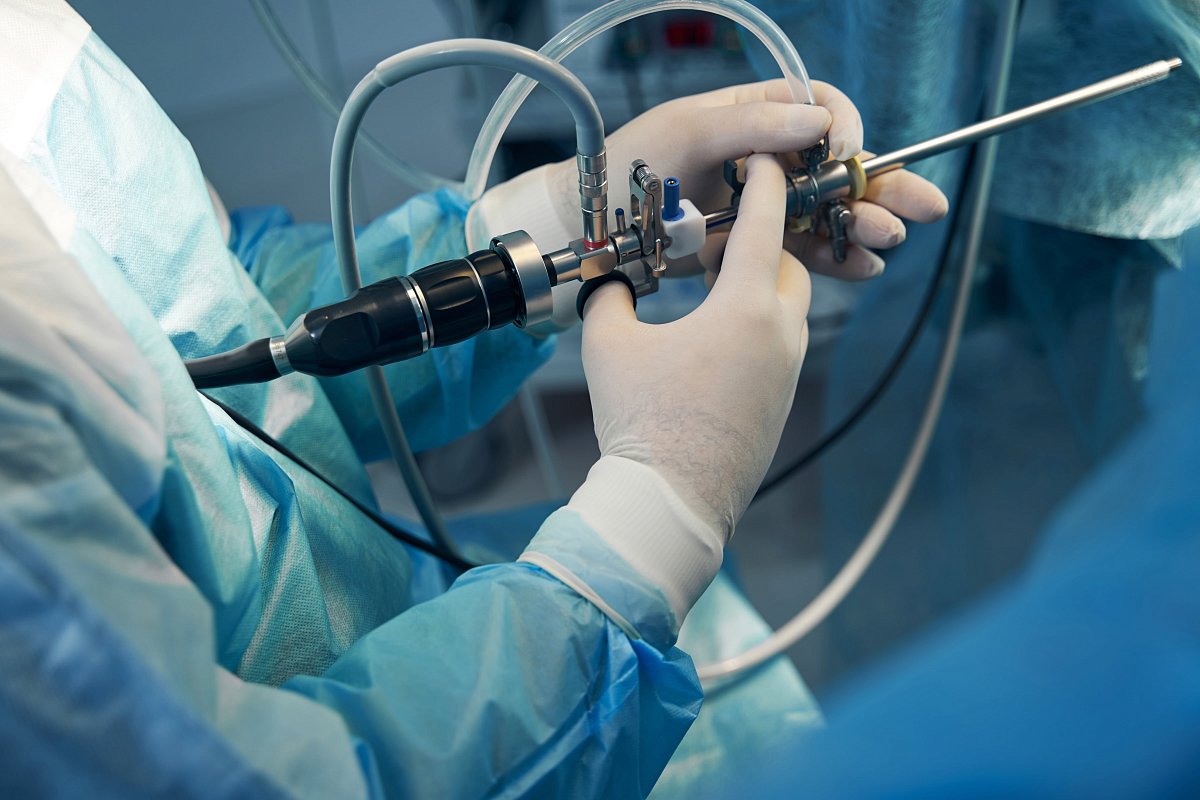
Joint surgeries in Korea
-

Treatment of hypertension in Korea
-

Treatment of heart defects in Korea
-
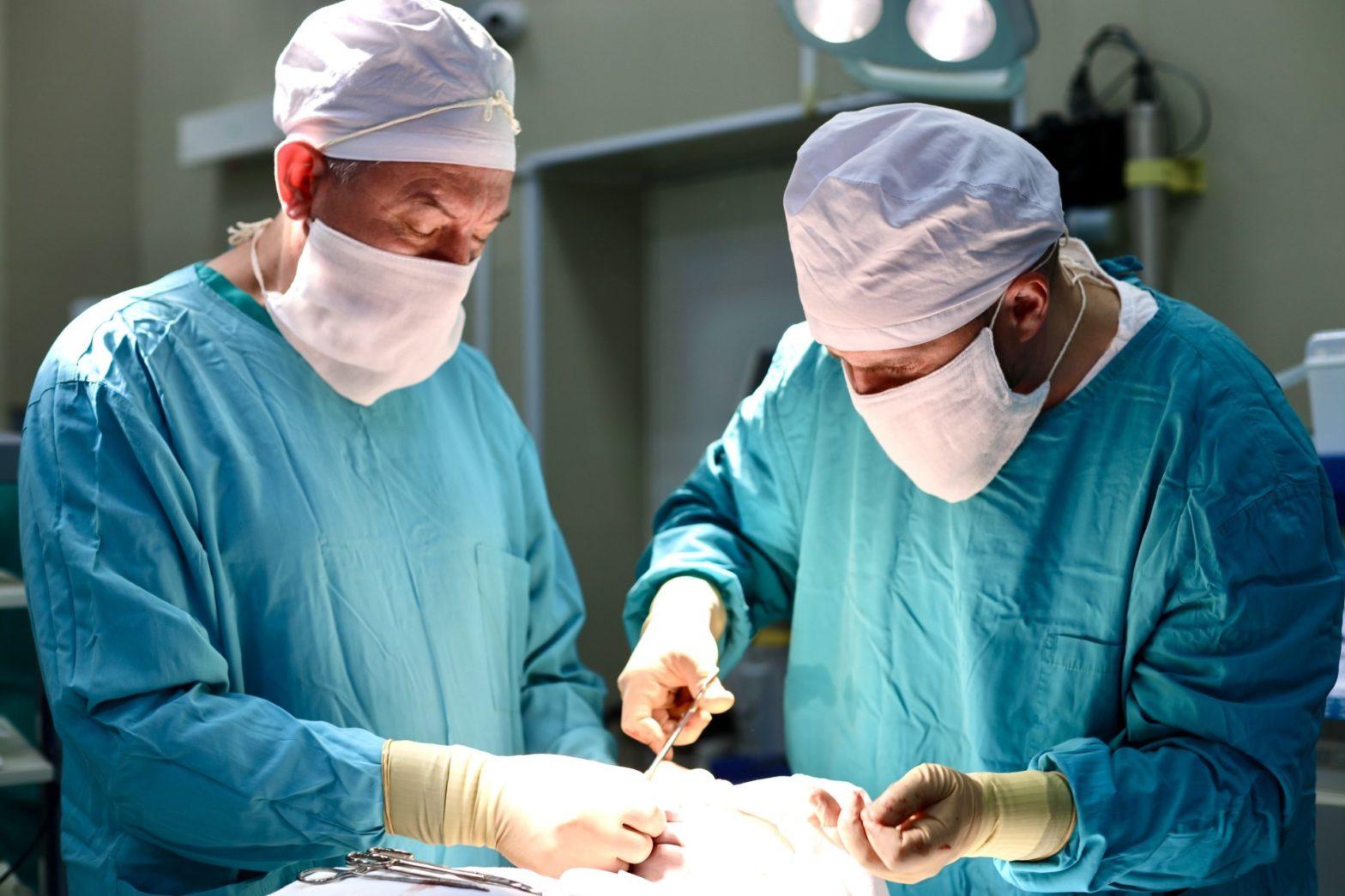
Treatment of germinoma in Korea
-
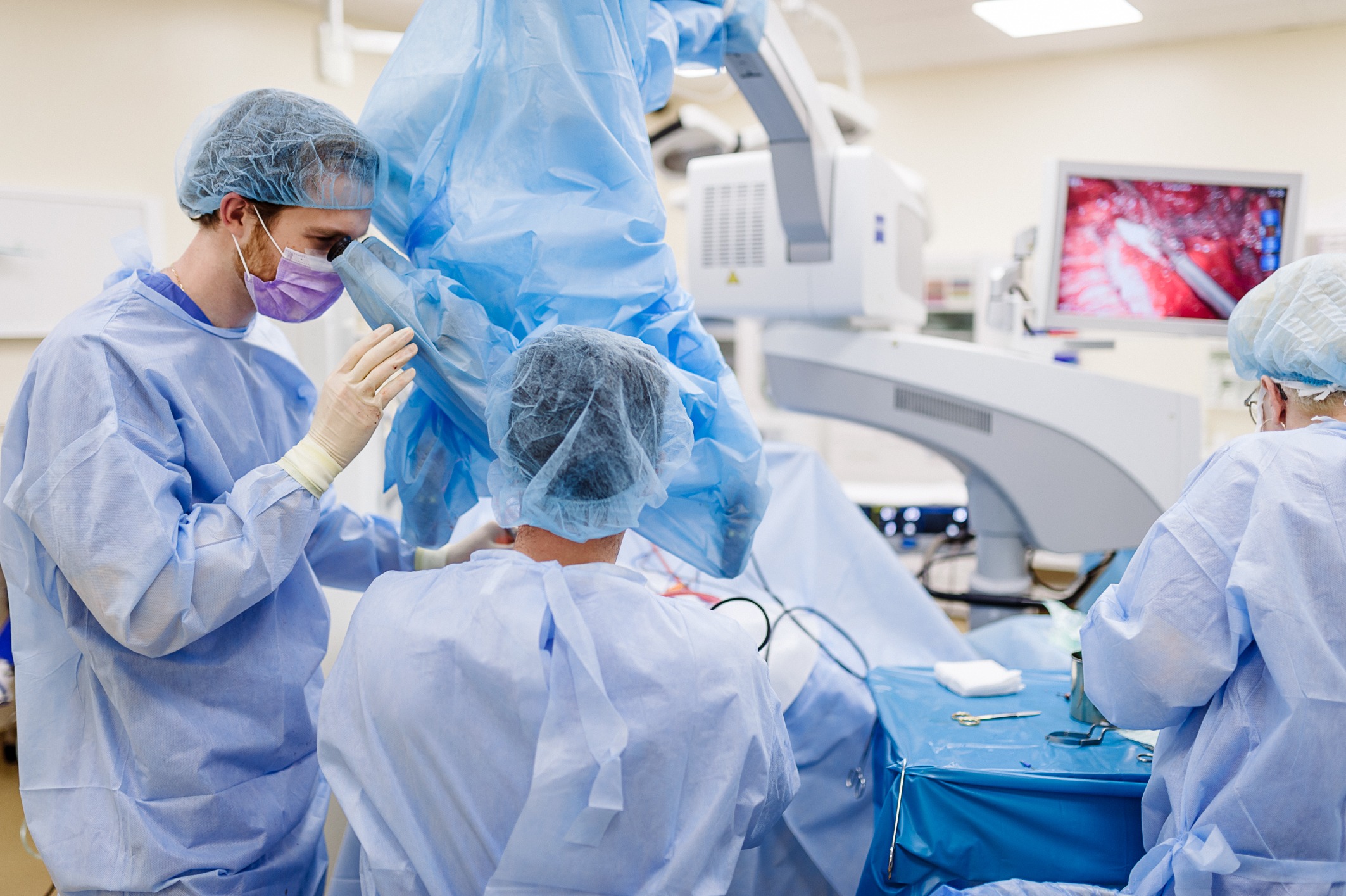
Meningioma treatment in Korea
-
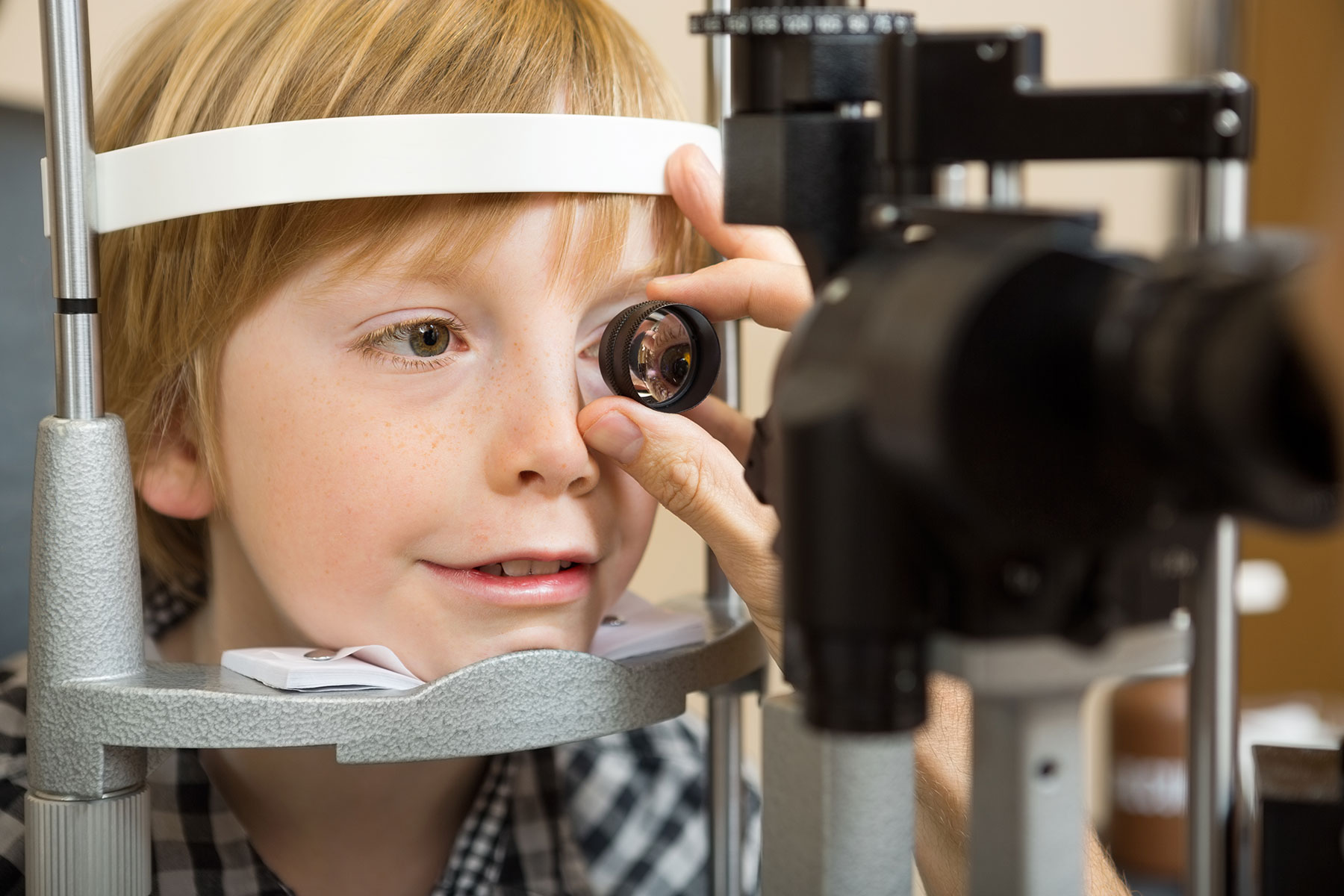
Keratitis treatment in Korea
-

Retinoblastoma treatment in Korea
-

Astrocytoma treatment in Korea
-

Treatment of neurinoma in Korea
-

Treatment of Arnold-Chiari anomaly in Korea
-

Treatment of lissencephaly in Korea
-

Craniostenosis treatment in Korea
-

Ependymoma treatment in Korea
-
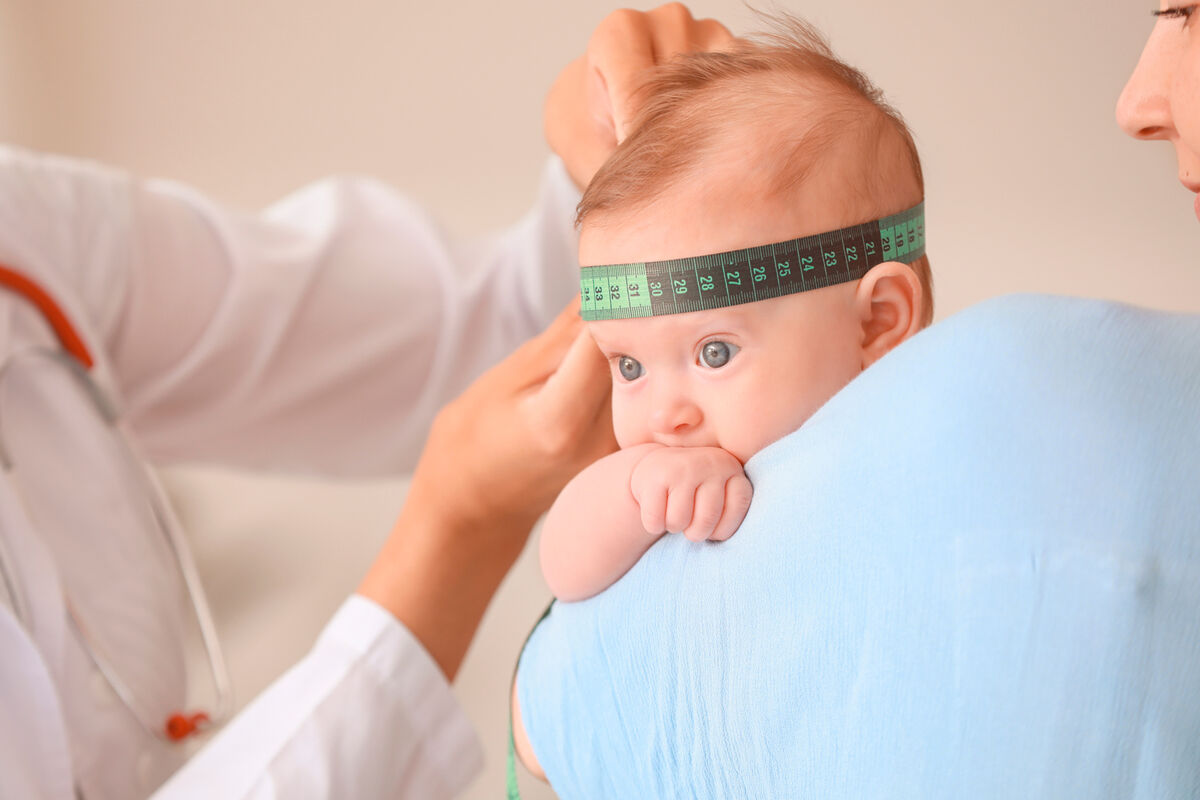
Treatment of Crouzon syndrome in Korea
-

Hemangioma treatment in Korea
-

Parkinson’s disease treatment in Korea
-

Treatment of cavernoma in Korea
-

Arrhythmia treatment in Korea
-
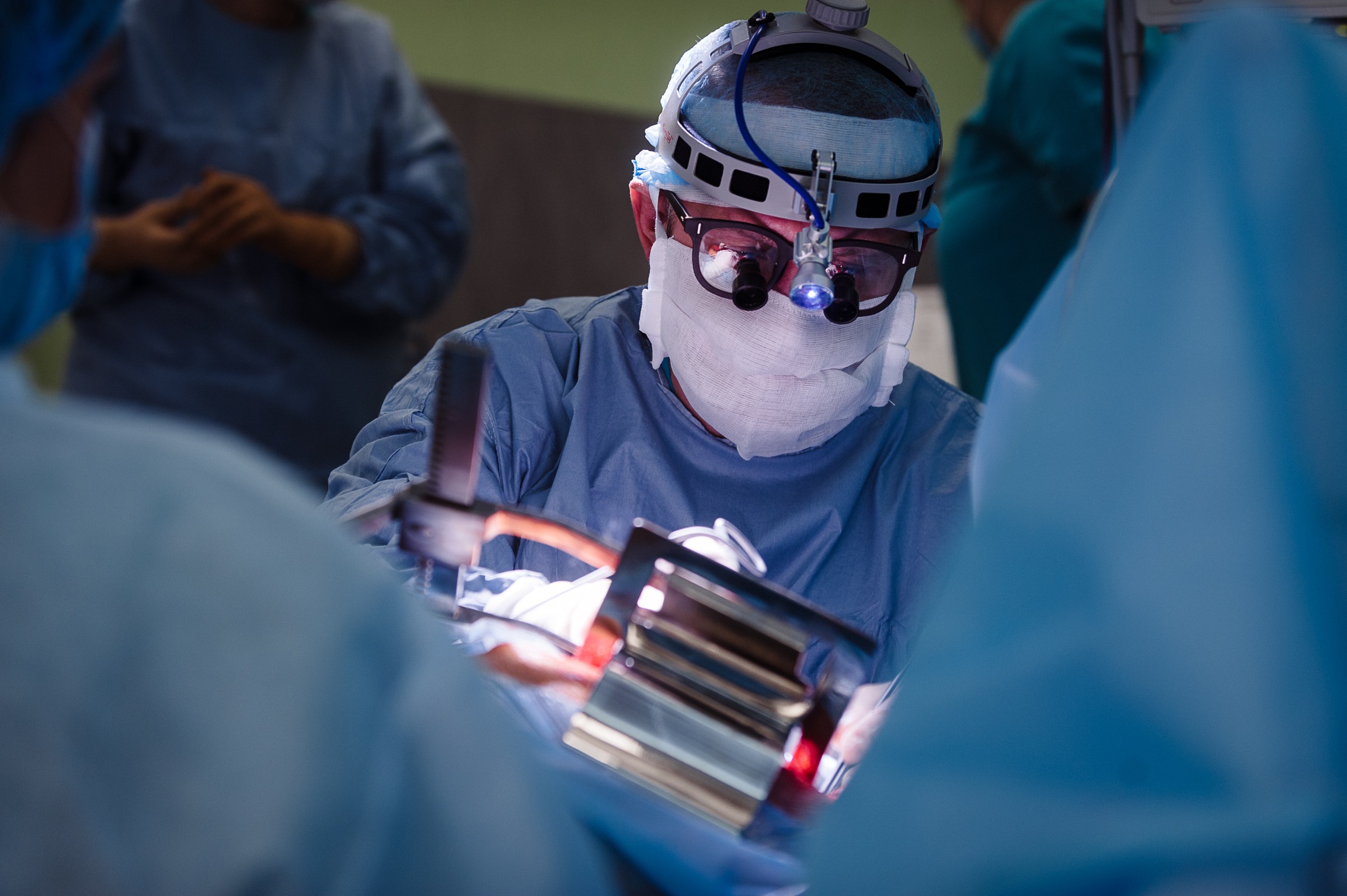
Heart valve replacement in Korea
-
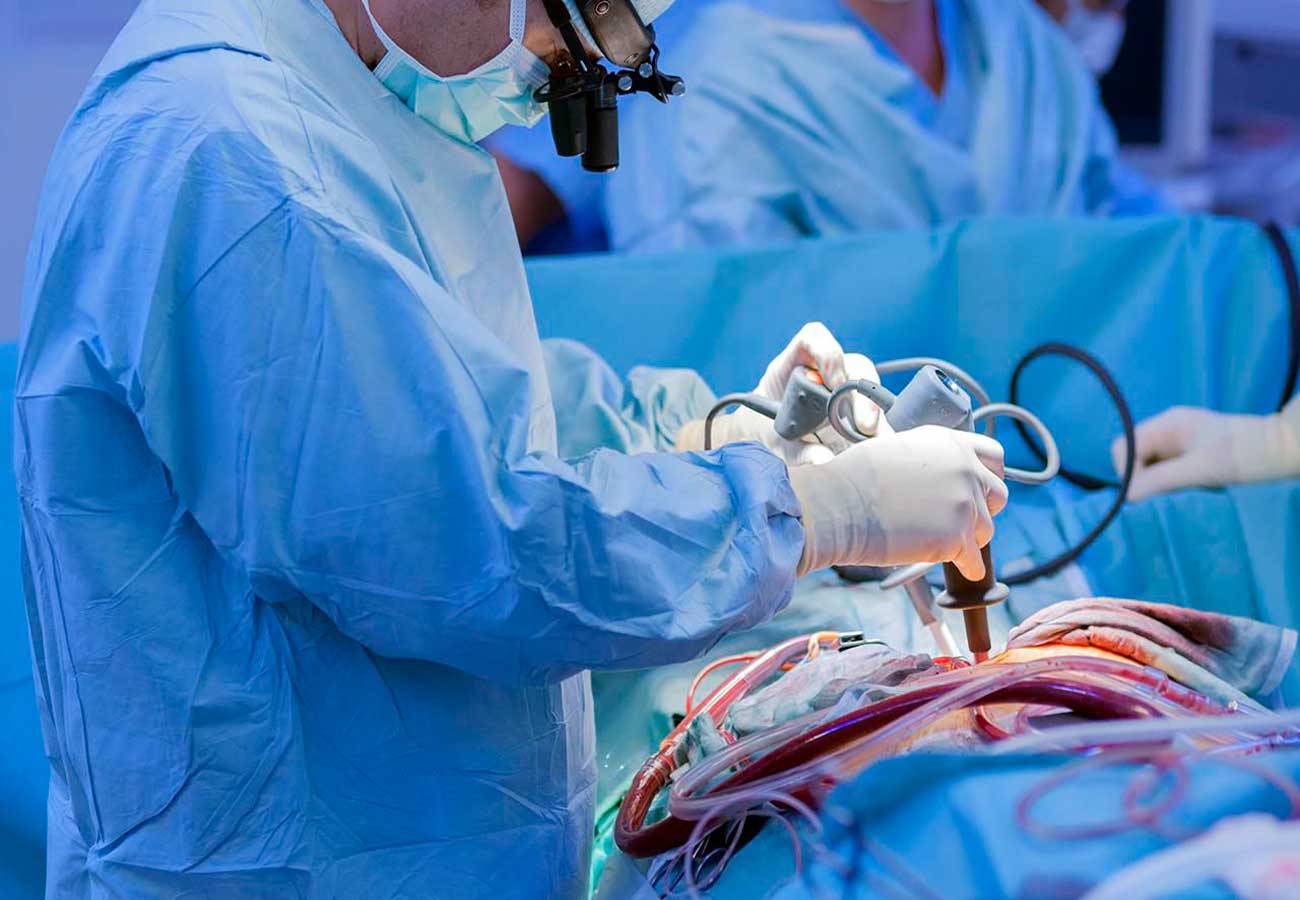
Aortocoronary bypass surgery in Korea
-

Treatment of myocardial infarction in Korea
-
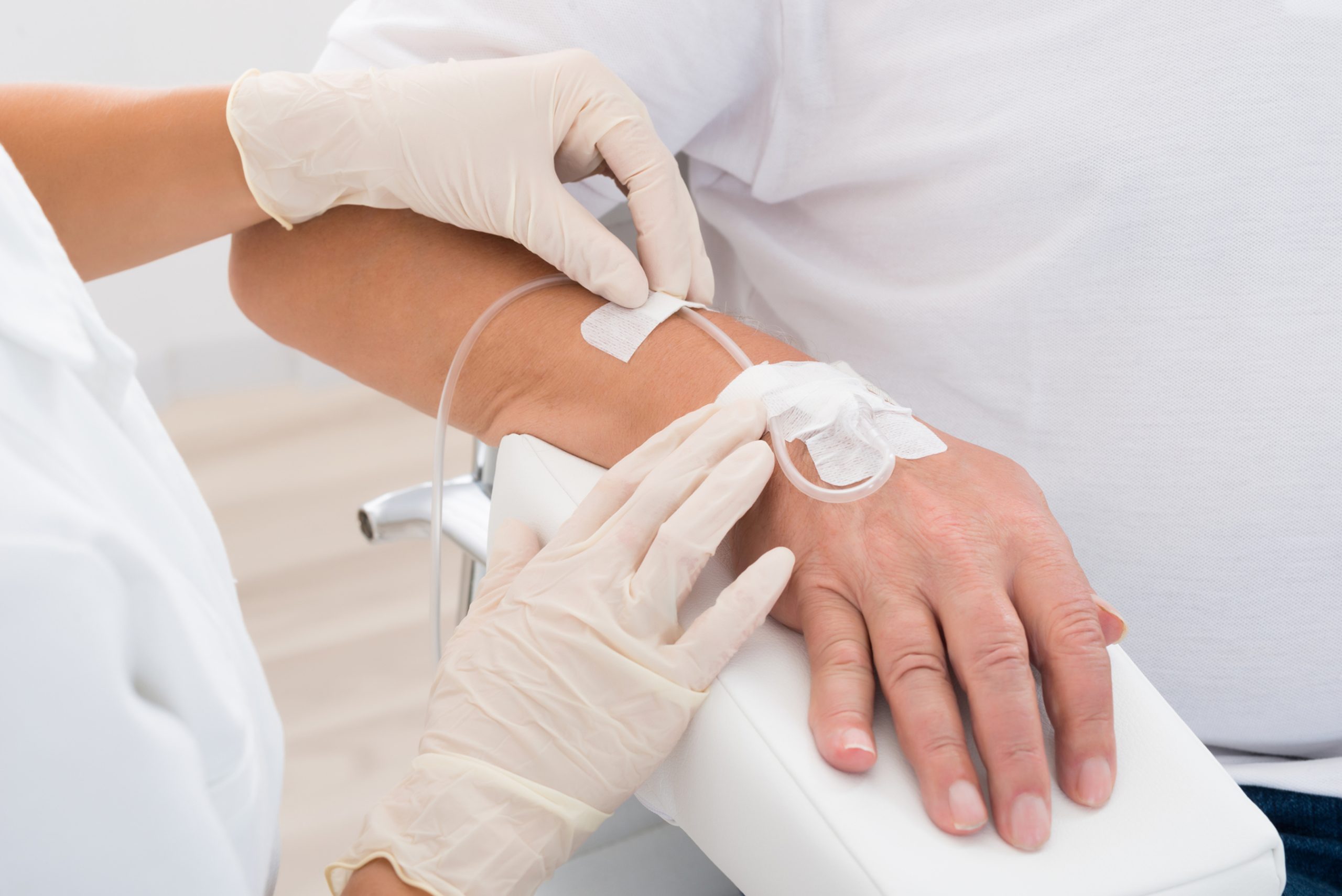
Endocarditis treatment in Korea
-
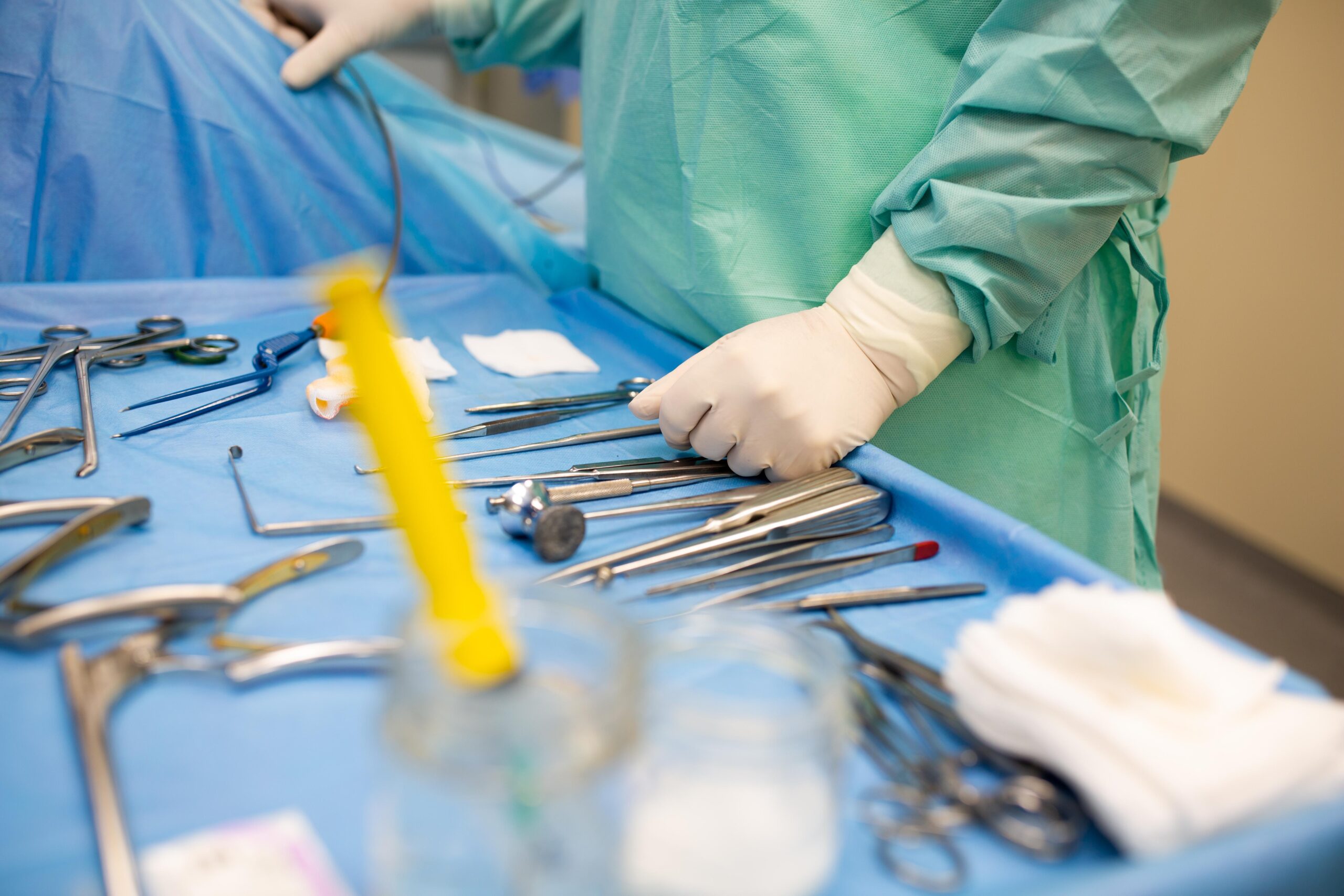
Spinal surgery in Korea
-

Bone marrow transplant in Korea
-
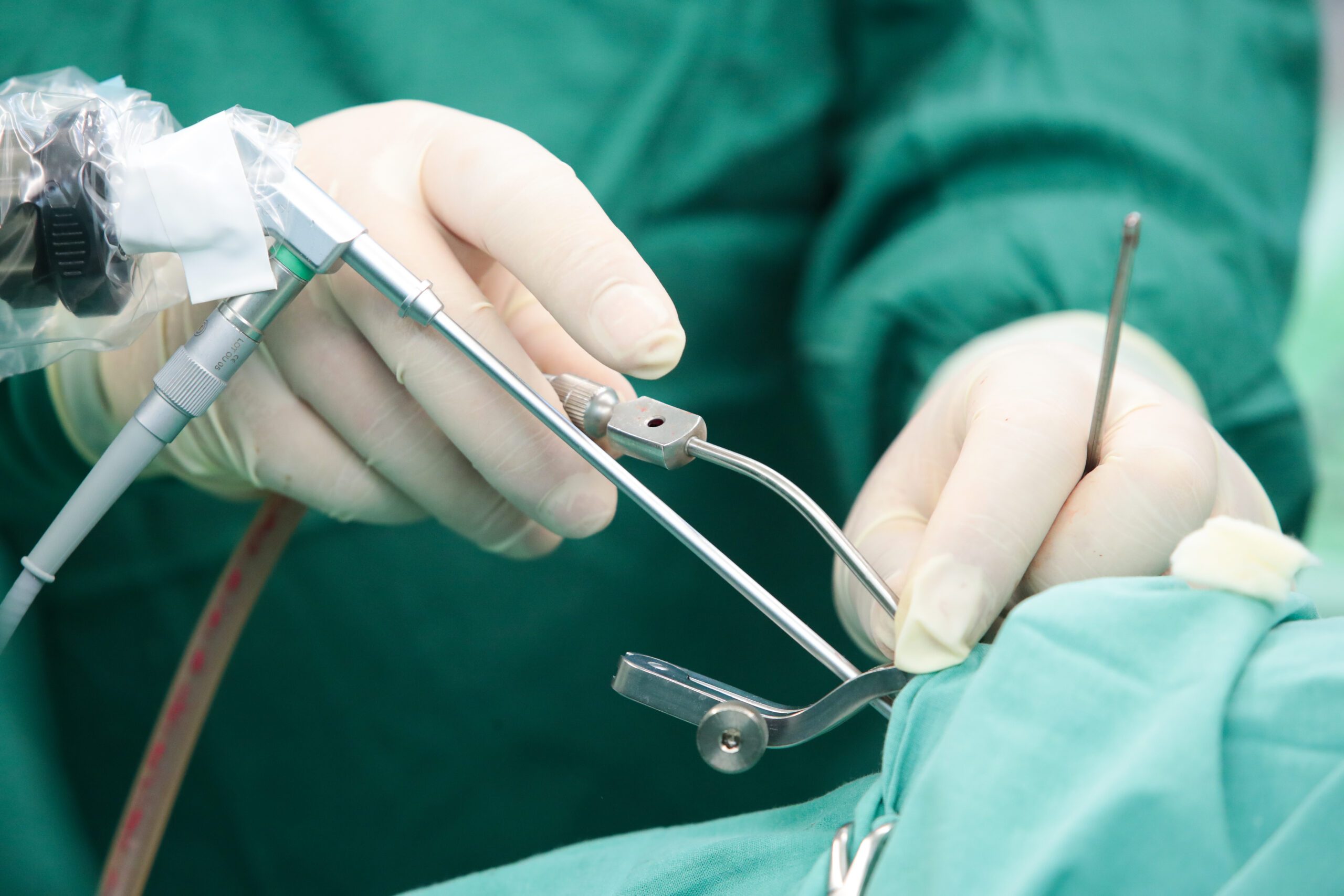
Hypospadias treatment in Korea
-

Hydronephrosis treatment in Korea
-

Treatment of hyperaldosteronism in Korea
-

Acromegaly treatment in Korea
-

Myxedema treatment in Korea
-

Treatment of autoimmune thyroiditis in Korea
-
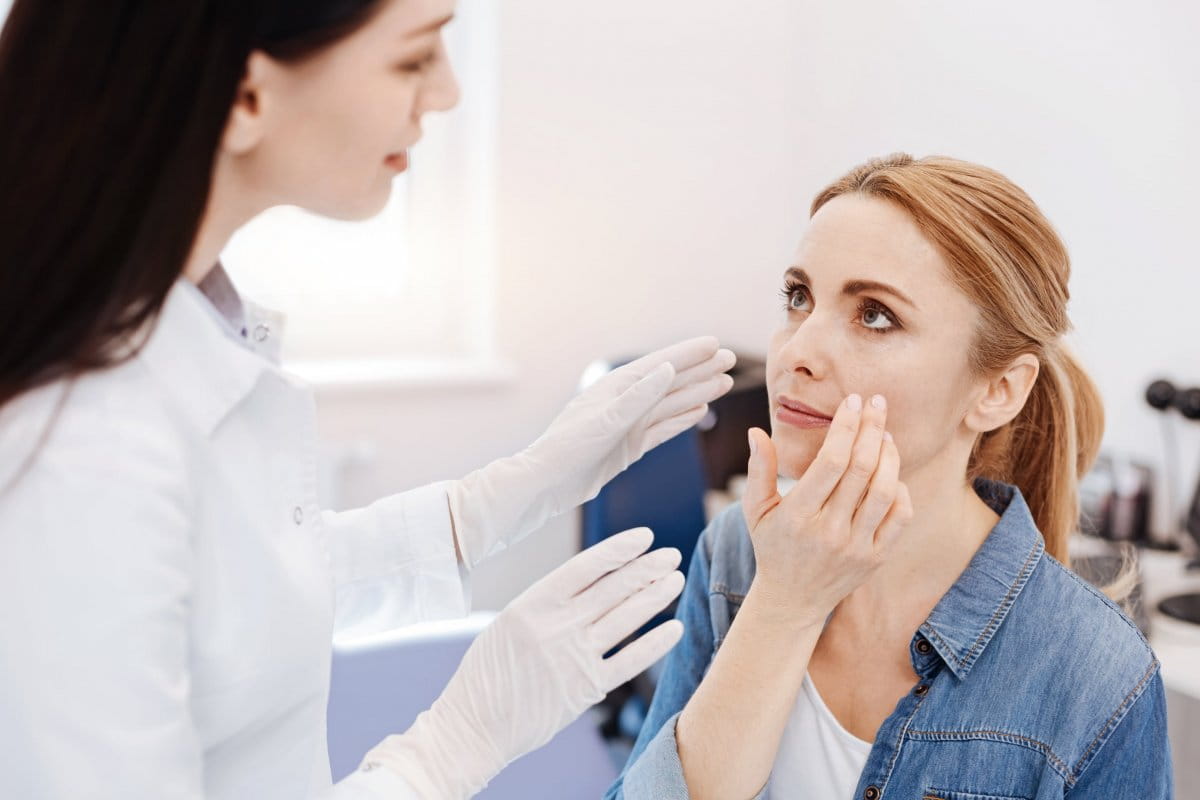
Lupus erythematosus treatment in Korea
-

Treatment of Behterev’s disease in Korea
-

Hepatitis A treatment in Korea
-
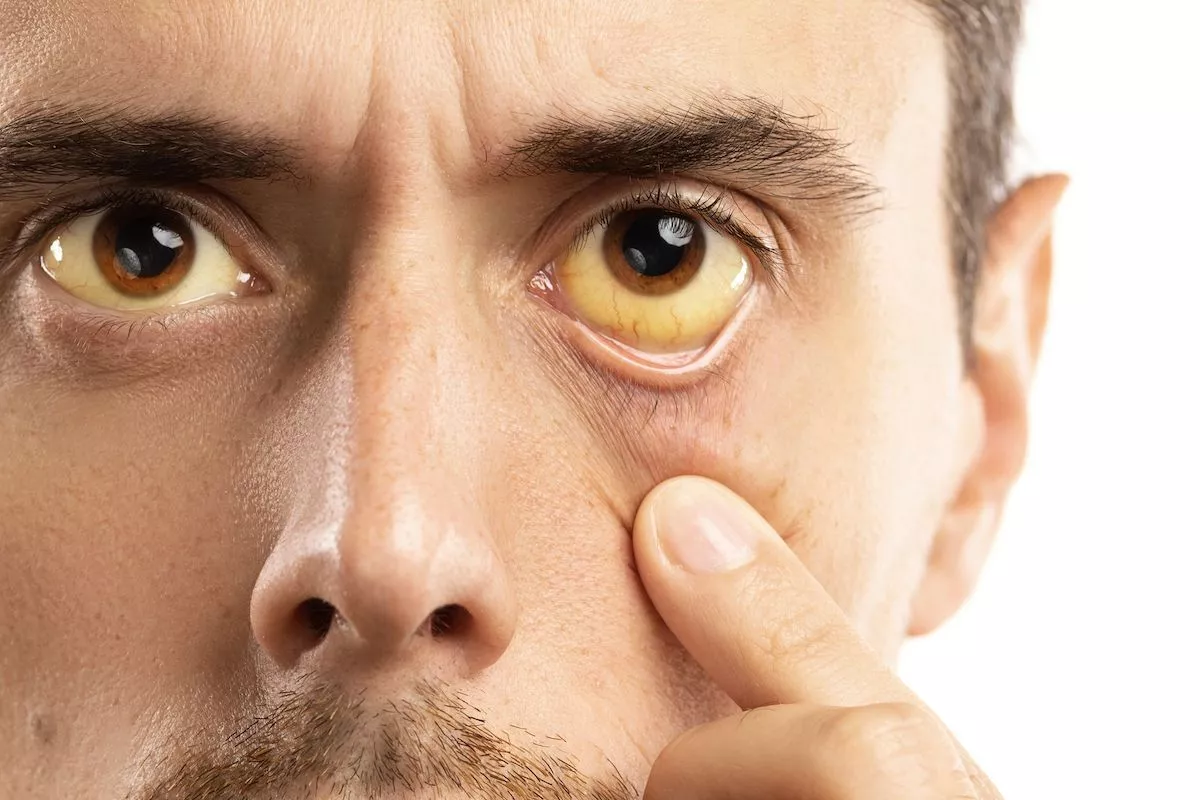
Rotor syndrome treatment in Korea
-

Treatment of non-specific ulcerative colitis in Korea
-

Crohn’s disease treatment in Korea
-

Alzheimer’s disease treatment in Korea
-
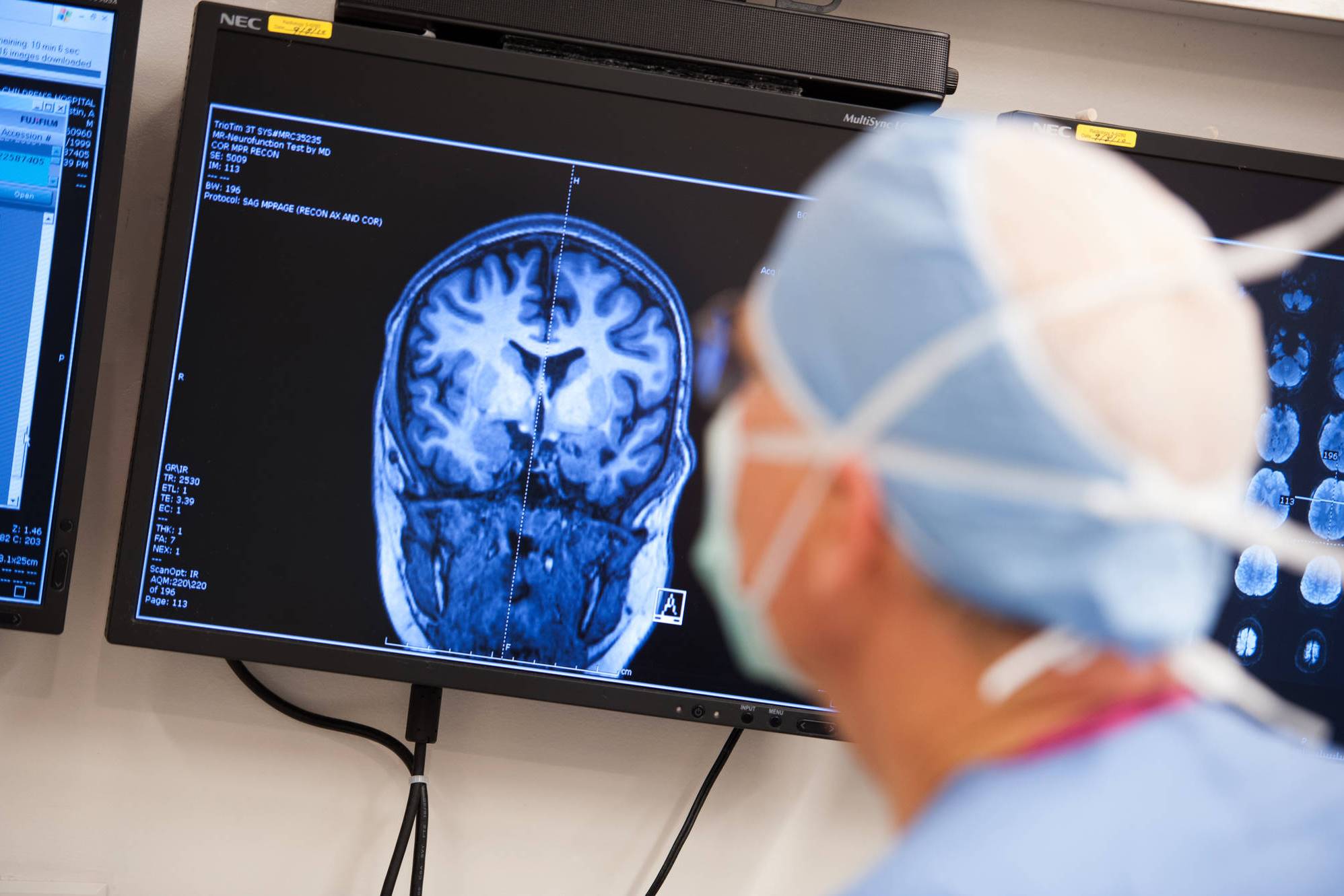
Epilepsy treatment in Korea
-

Choriocarcinoma treatment in Korea
-

Leukoplakia treatment in Korea
-
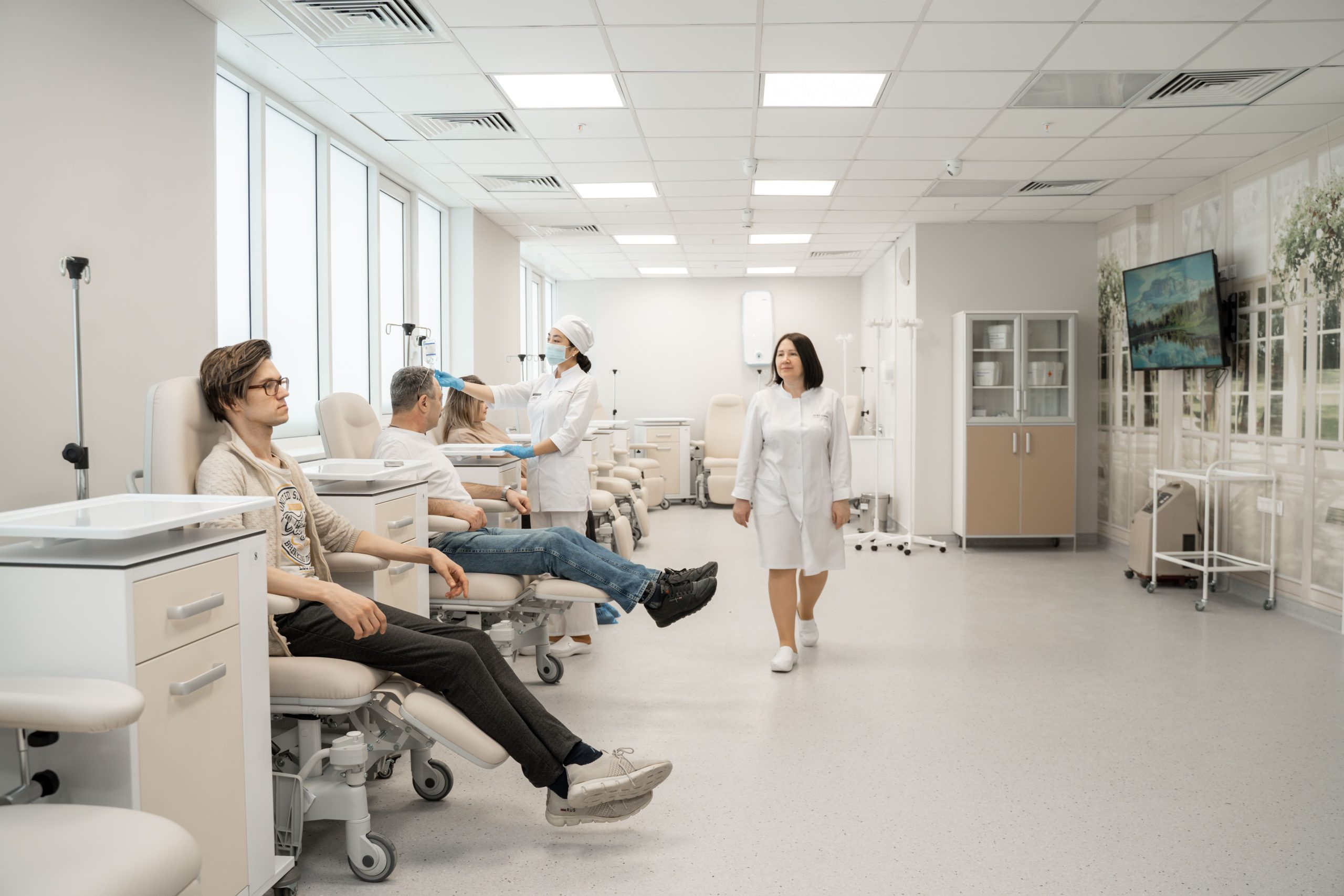
Chemotherapy in Korea
-
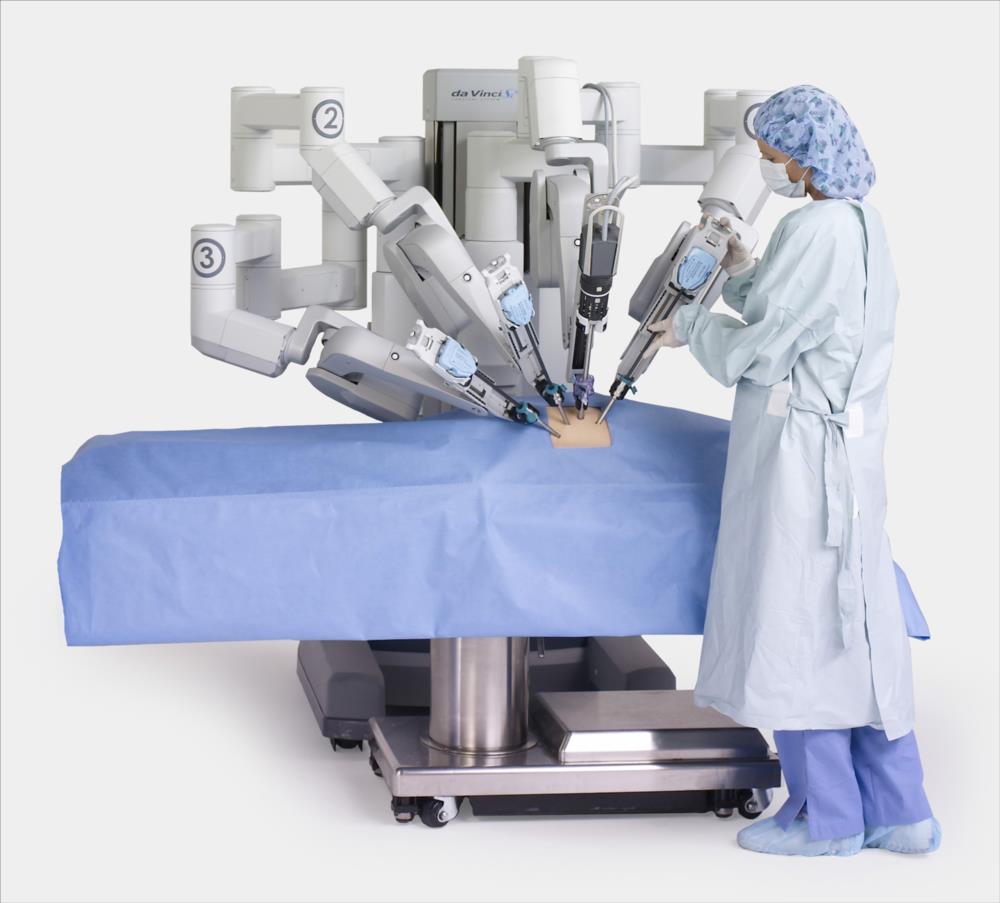
Robotic surgeries in Korea
-

Causes of cancer
-

Genetic predisposition test for cancer in Korea
-
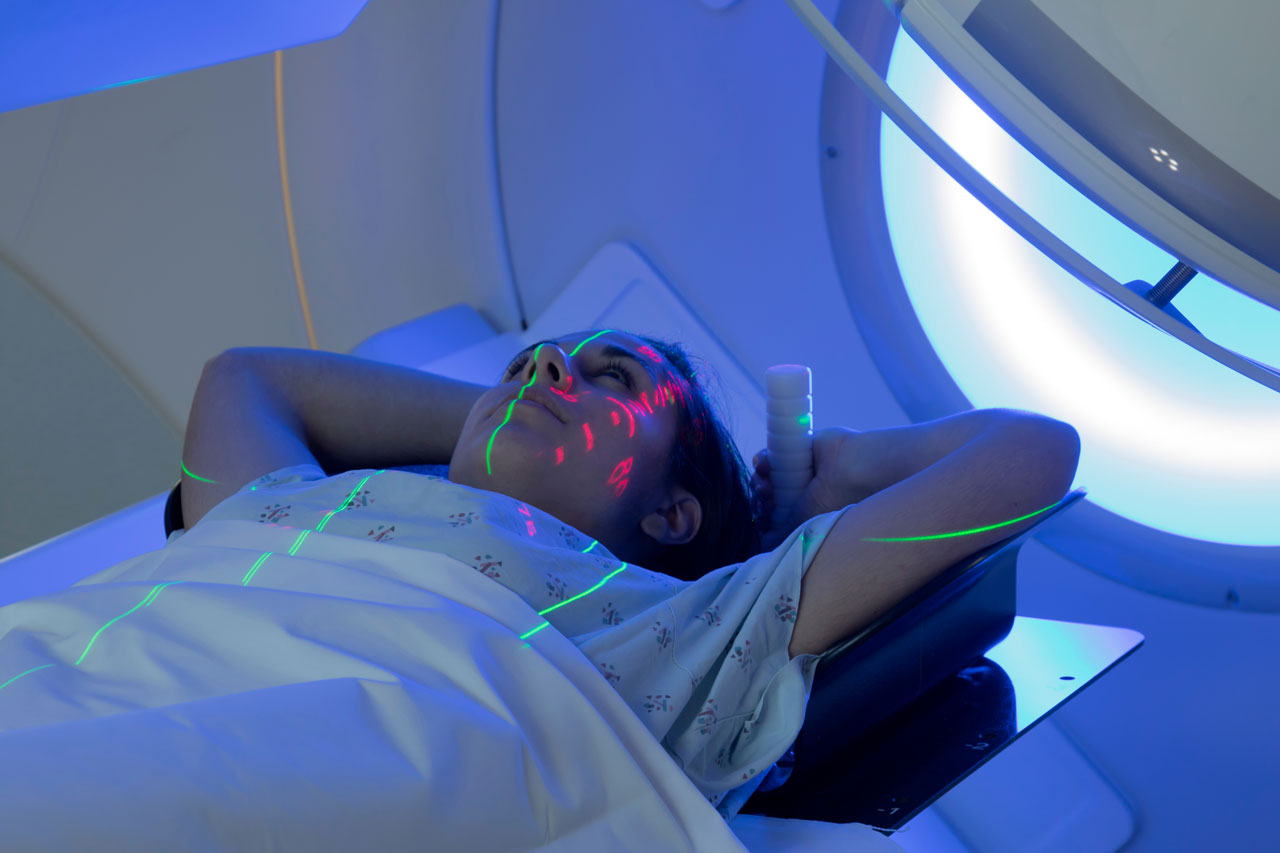
Radiation therapy in Korea
-
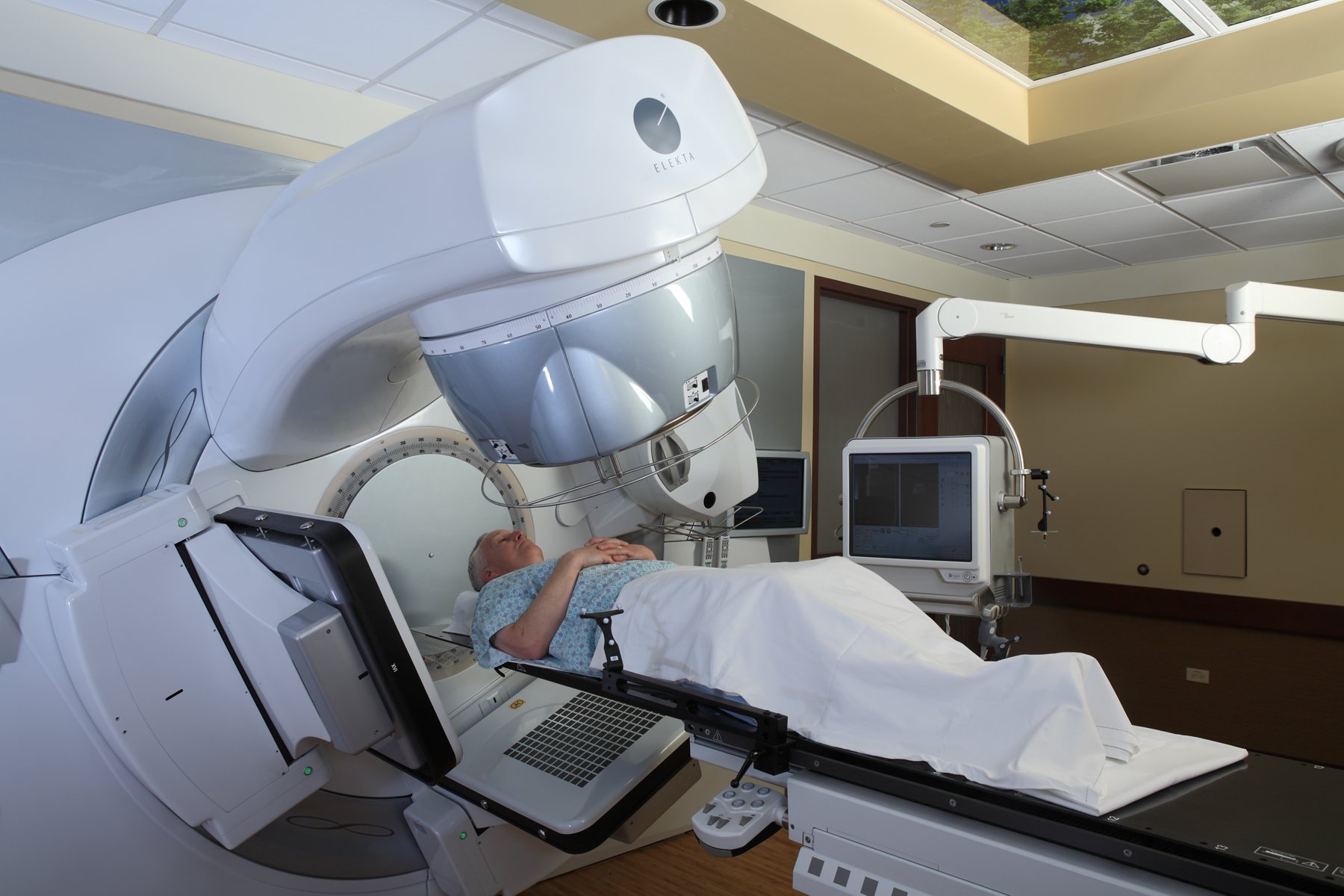
Radiotherapy in Korea
-
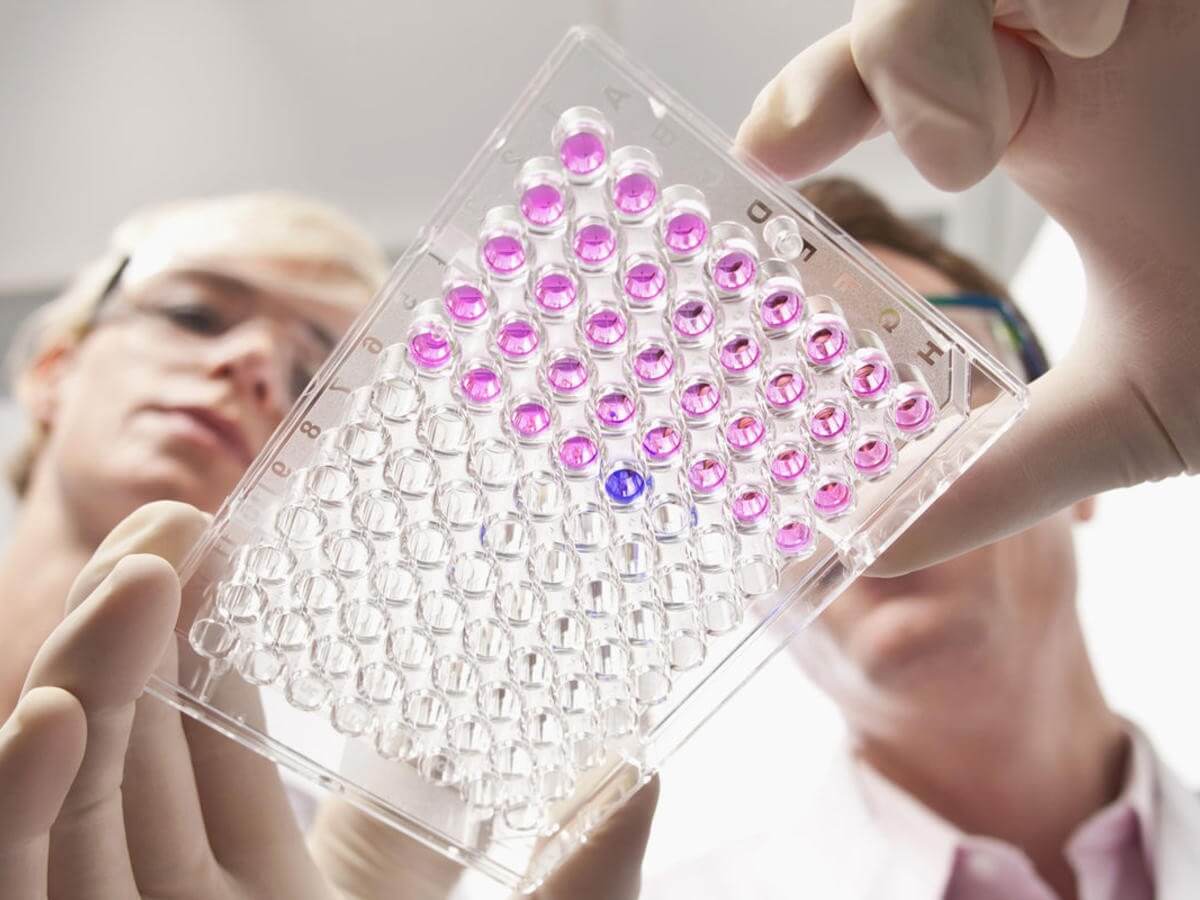
Immunotherapy in Korea
-
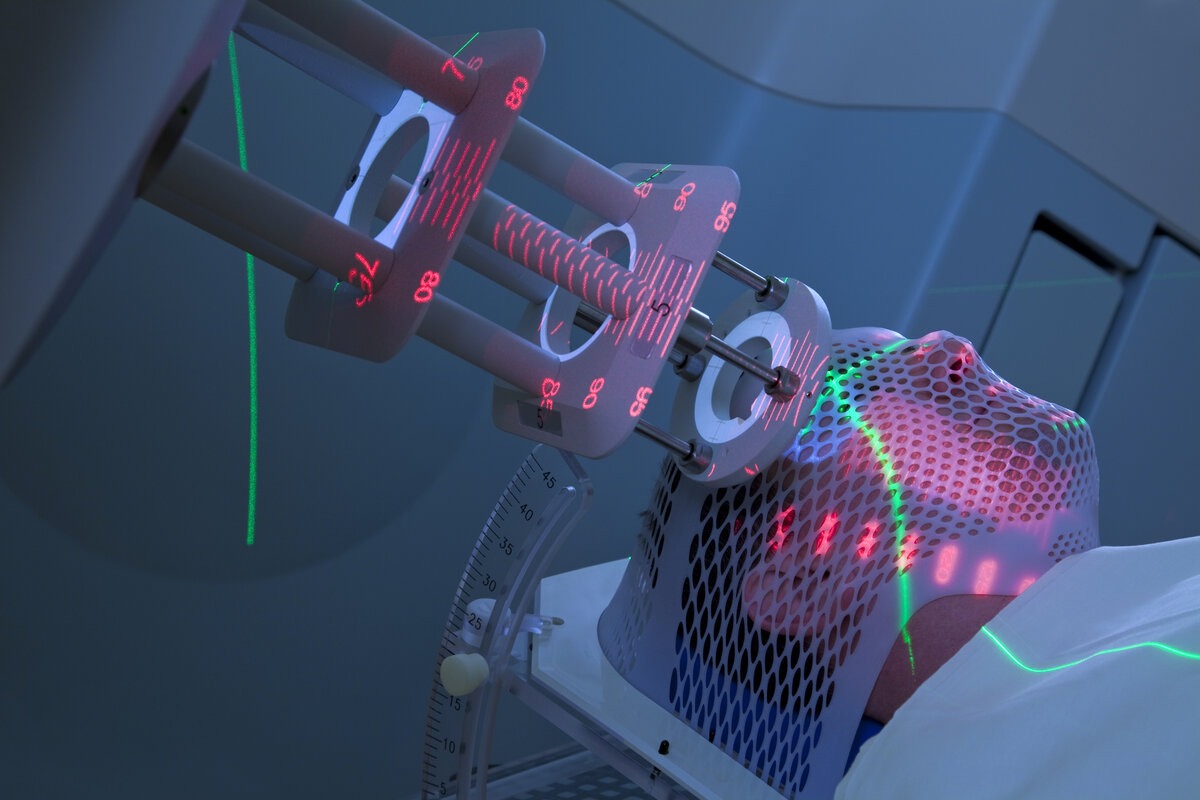
Targeted therapy in Korea
-

Treatment of Sesari syndrome in Korea
-

Carcinoid treatment in Korea
-
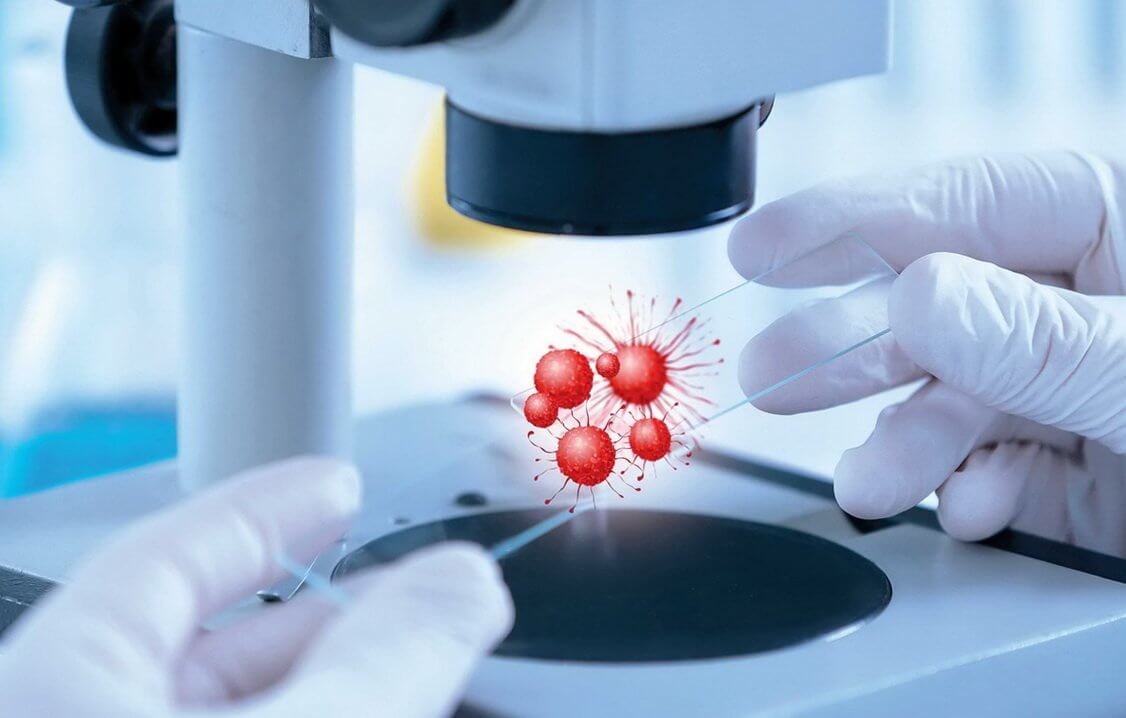
Treatment of squamous cell carcinoma in Korea
-

Treatment of multiple myeloma in Korea
-
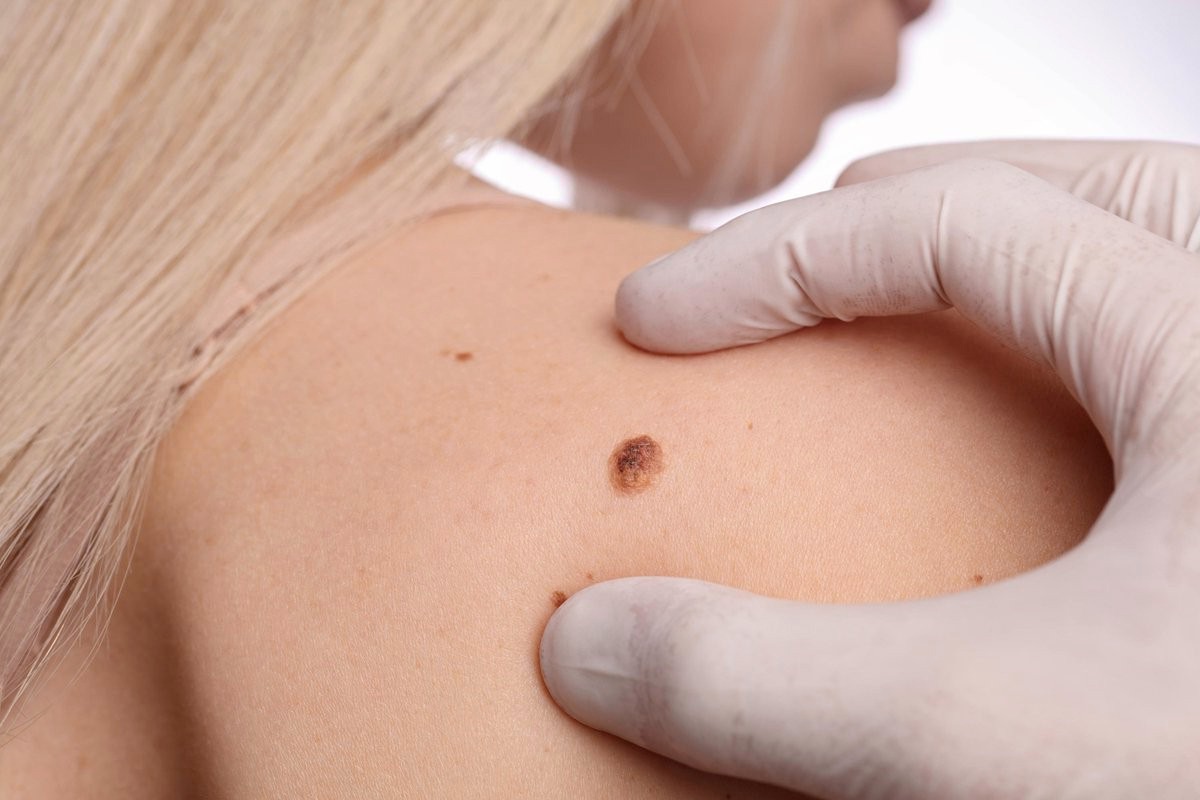
Melanoma treatment in Korea
-

Neurofibroma treatment in Korea
-

Neuroblastoma treatment in Korea
-

Treatment of non-Hodgkin’s lymphoma in Korea
-

Adenocarcinoma treatment in Korea
-
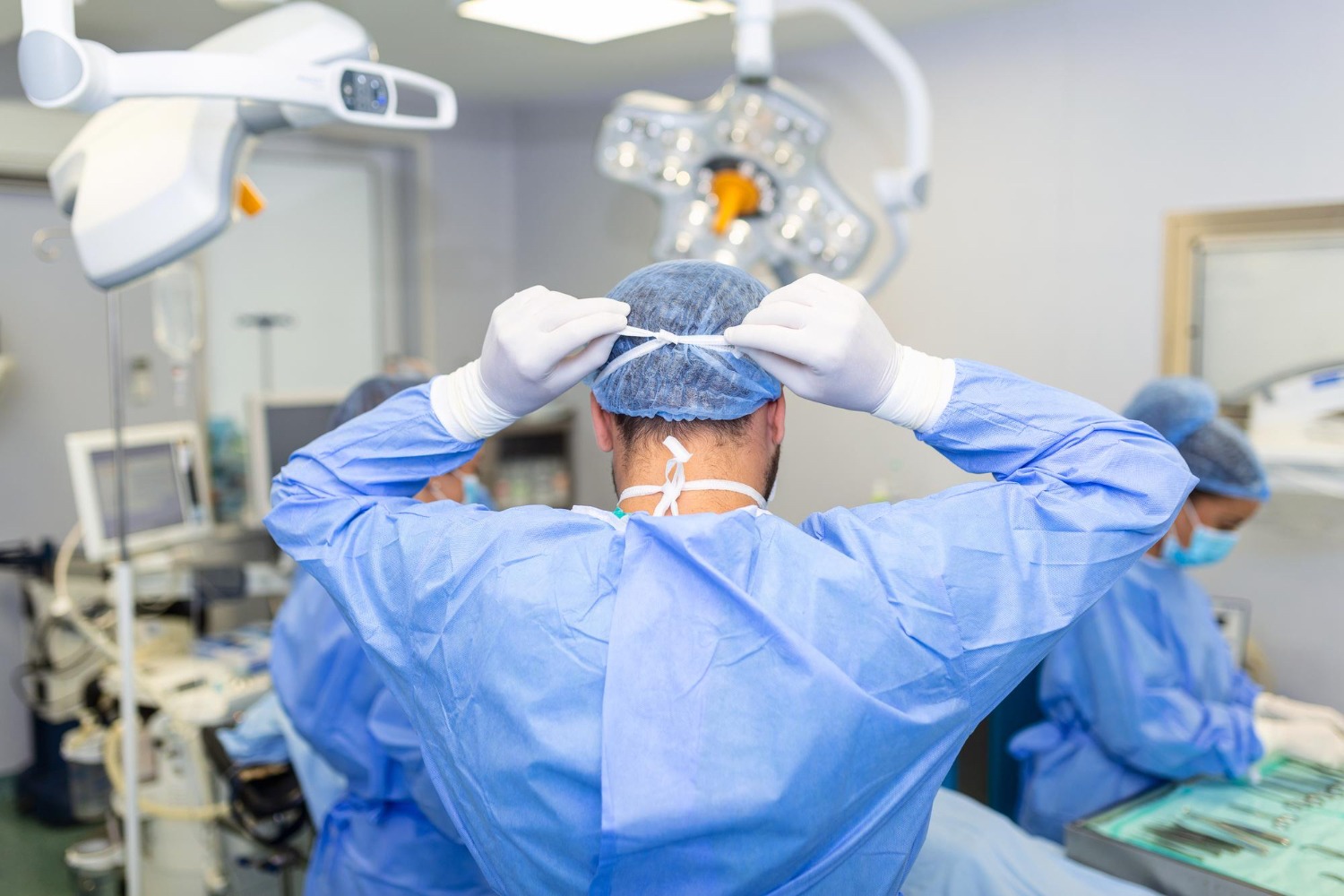
Glioblastoma treatment in Korea
-
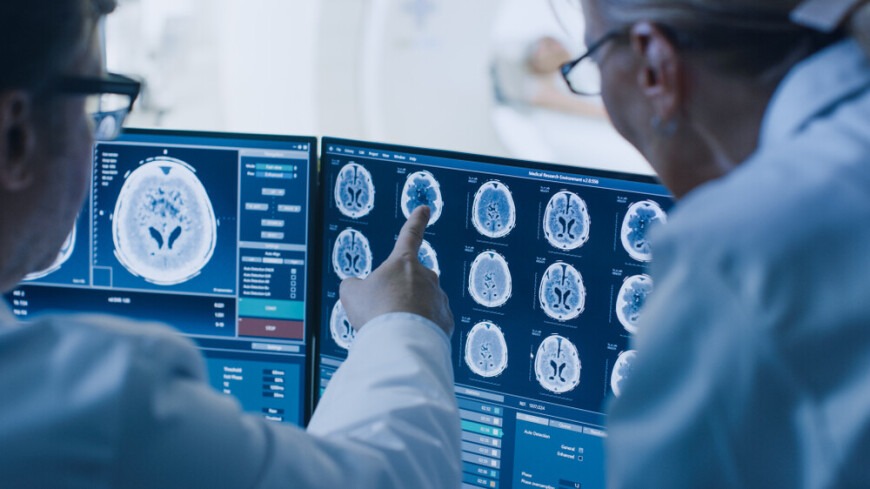
Glioma treatment in Korea
-

Treatment of Hodgkin’s lymphoma in Korea
-
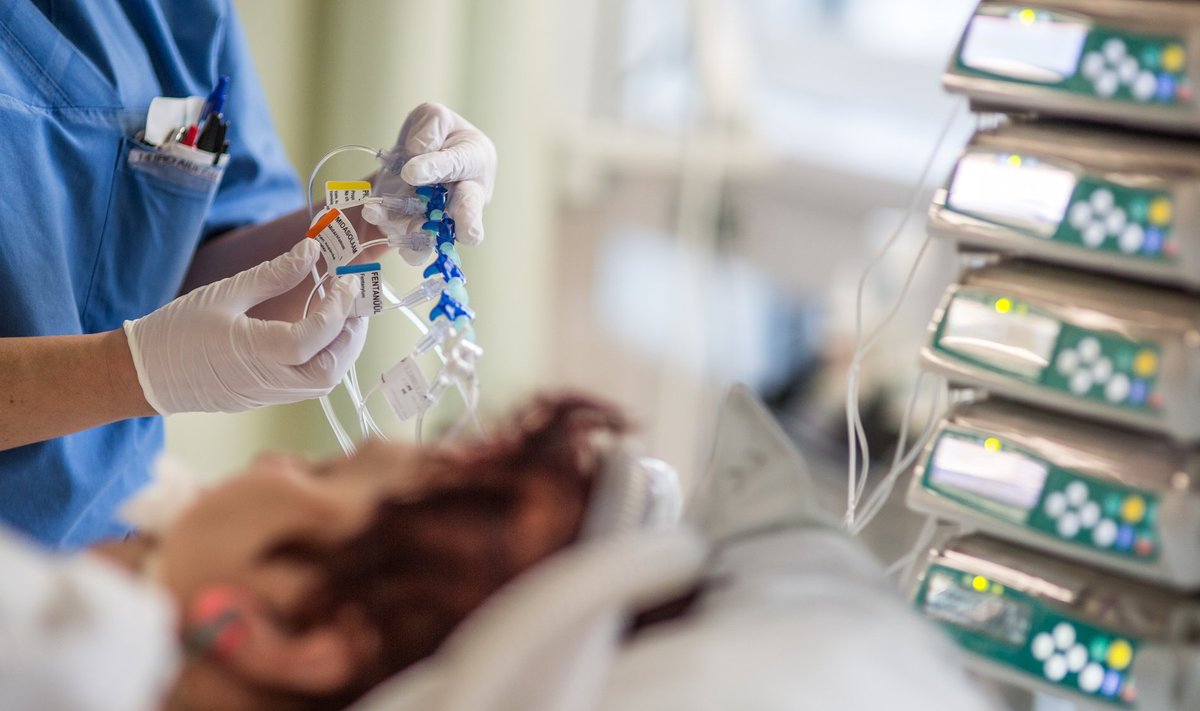
Leukemia treatment in Korea
-
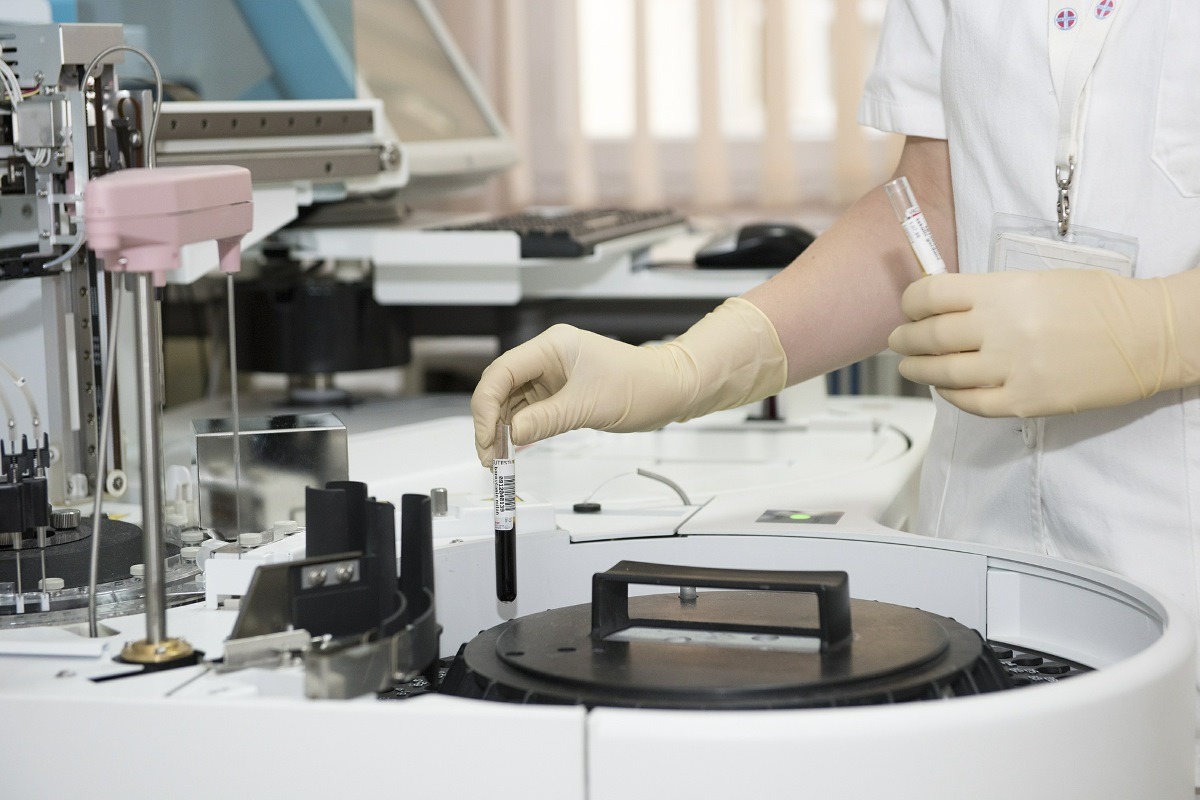
Lymphoma treatment in Korea
-

Squamous cell cancer treatment in Korea
-

Treatment of sarcoma in Korea
-

Carcinoma treatment in Korea
-

Vocal cord cancer treatment in Korea
-

Urethral cancer treatment in Korea
-
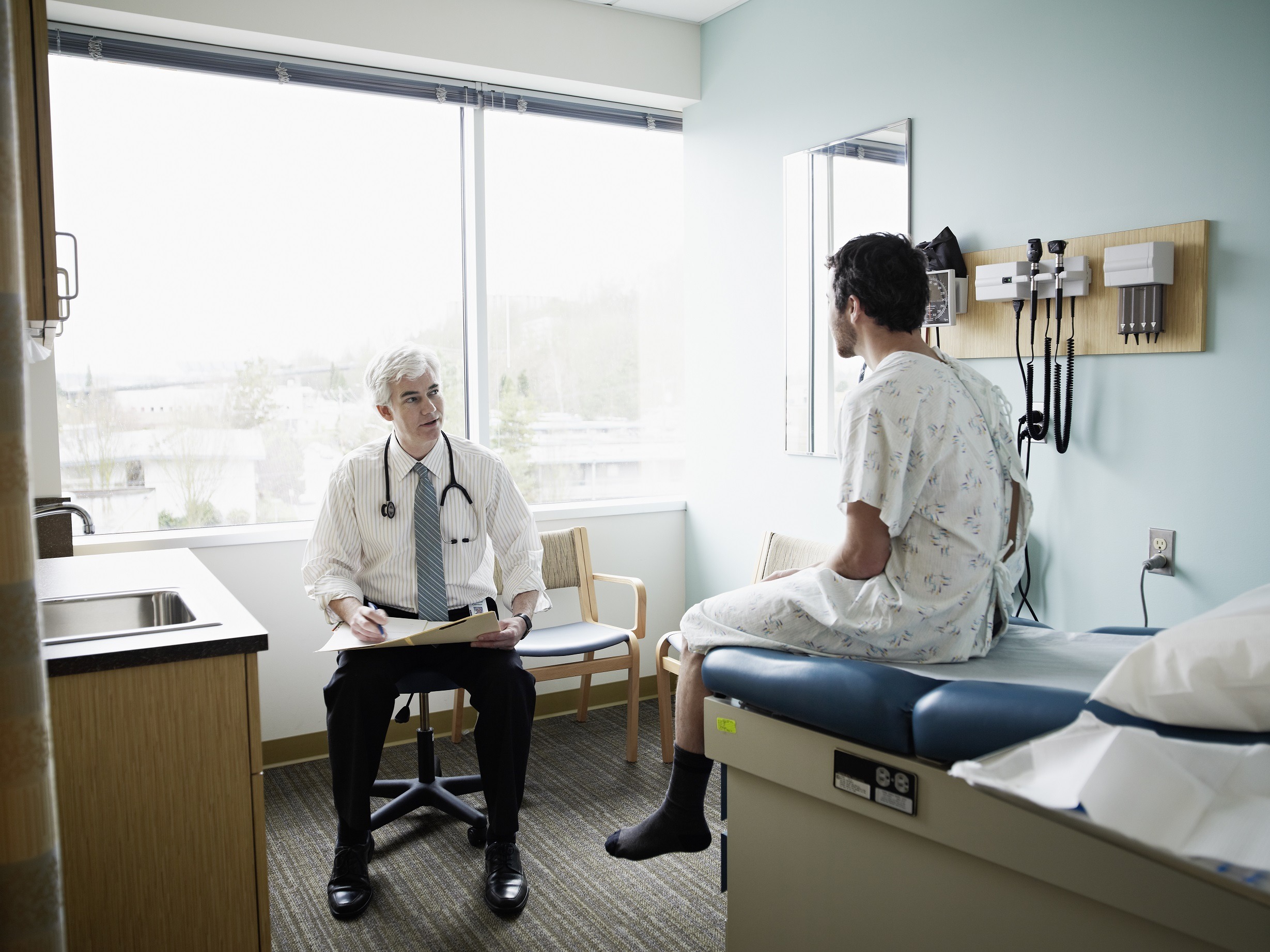
Testicular cancer treatment in Korea
-

Treatment of tonsil cancer in Korea
-

Prostate cancer treatment in Korea
-
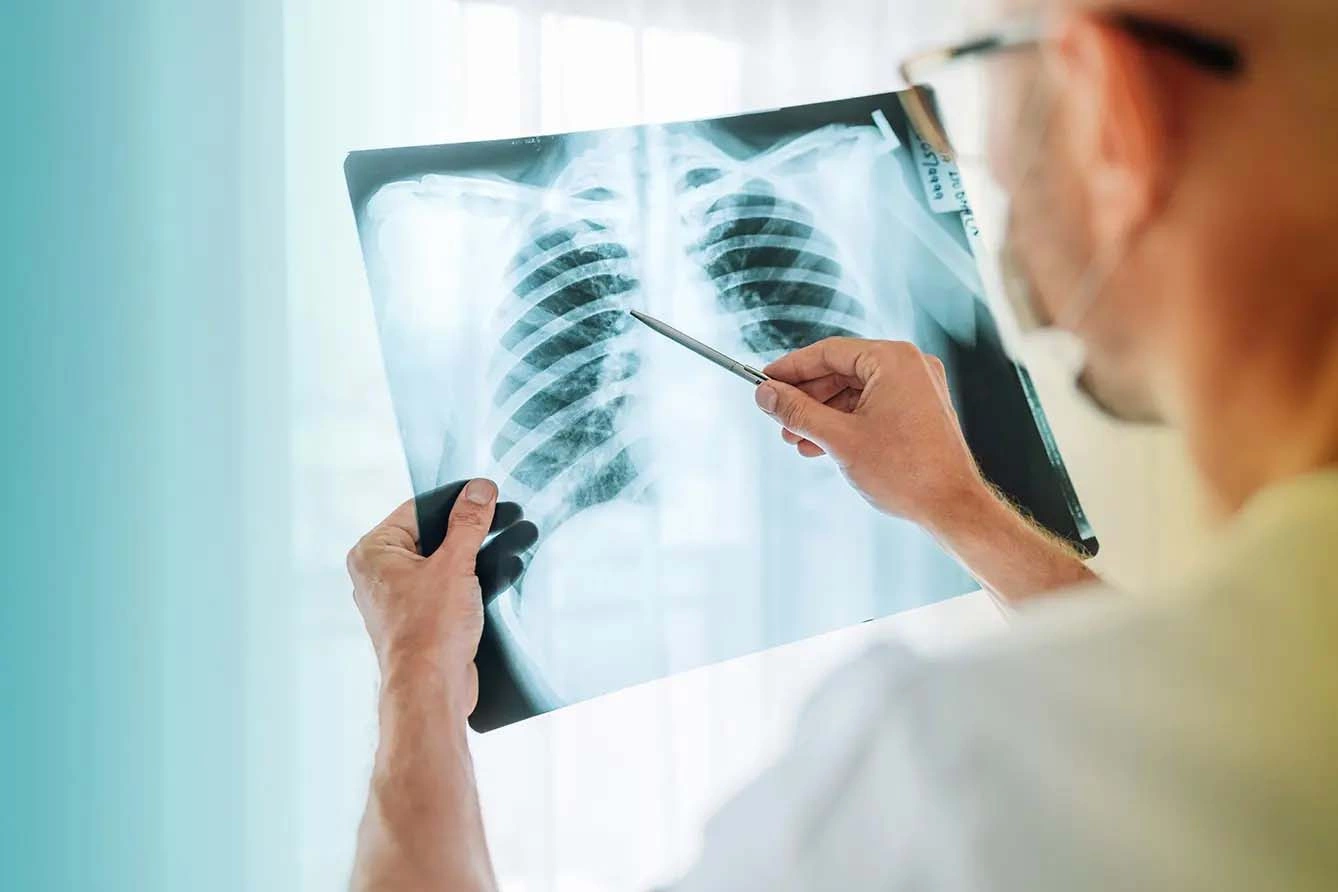
Bronchial cancer treatment in Korea
-

Salivary gland cancer treatment in Korea
-

Throat cancer treatment in Korea
-
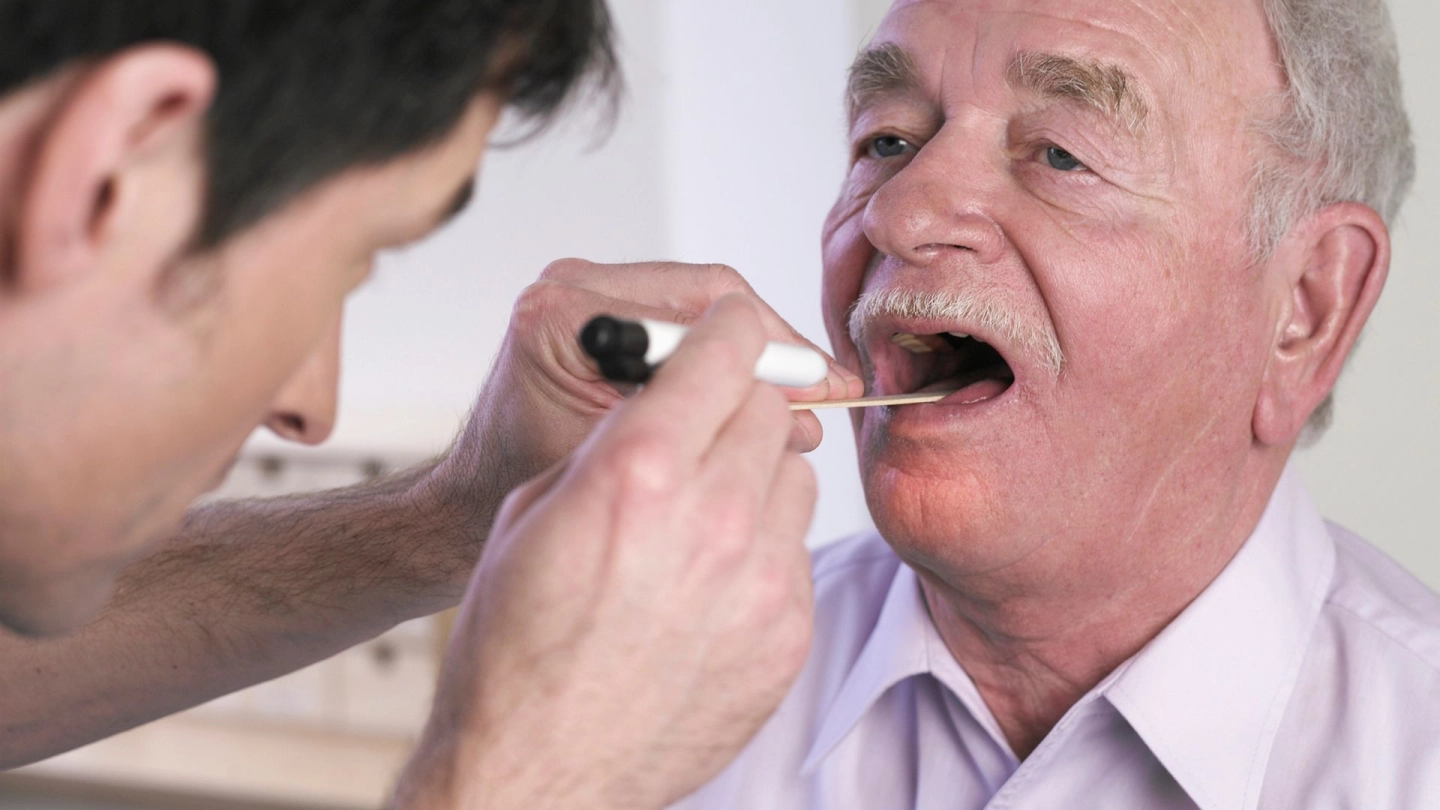
Tongue cancer treatment in Korea
-
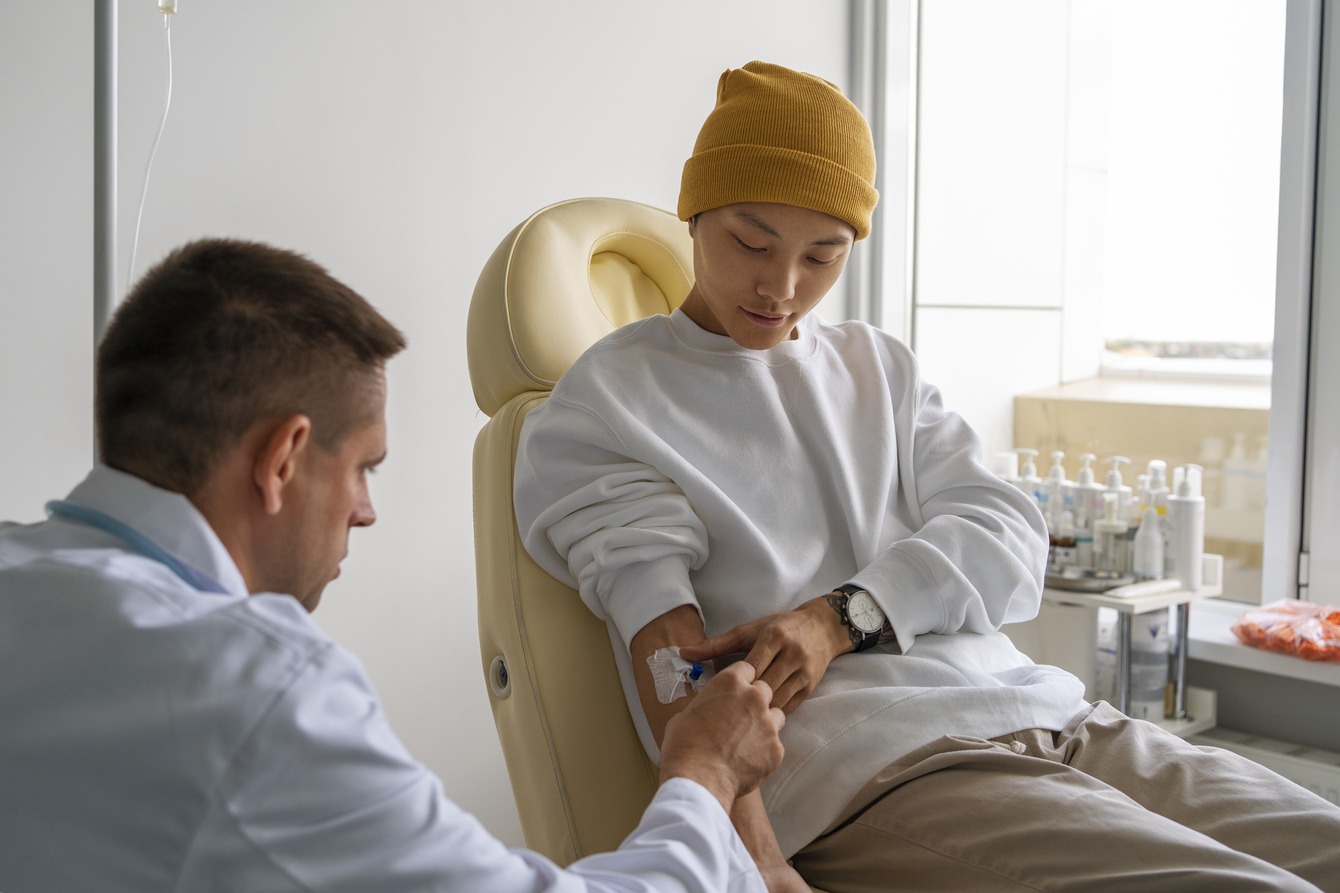
Kidney cancer treatment in Korea
-
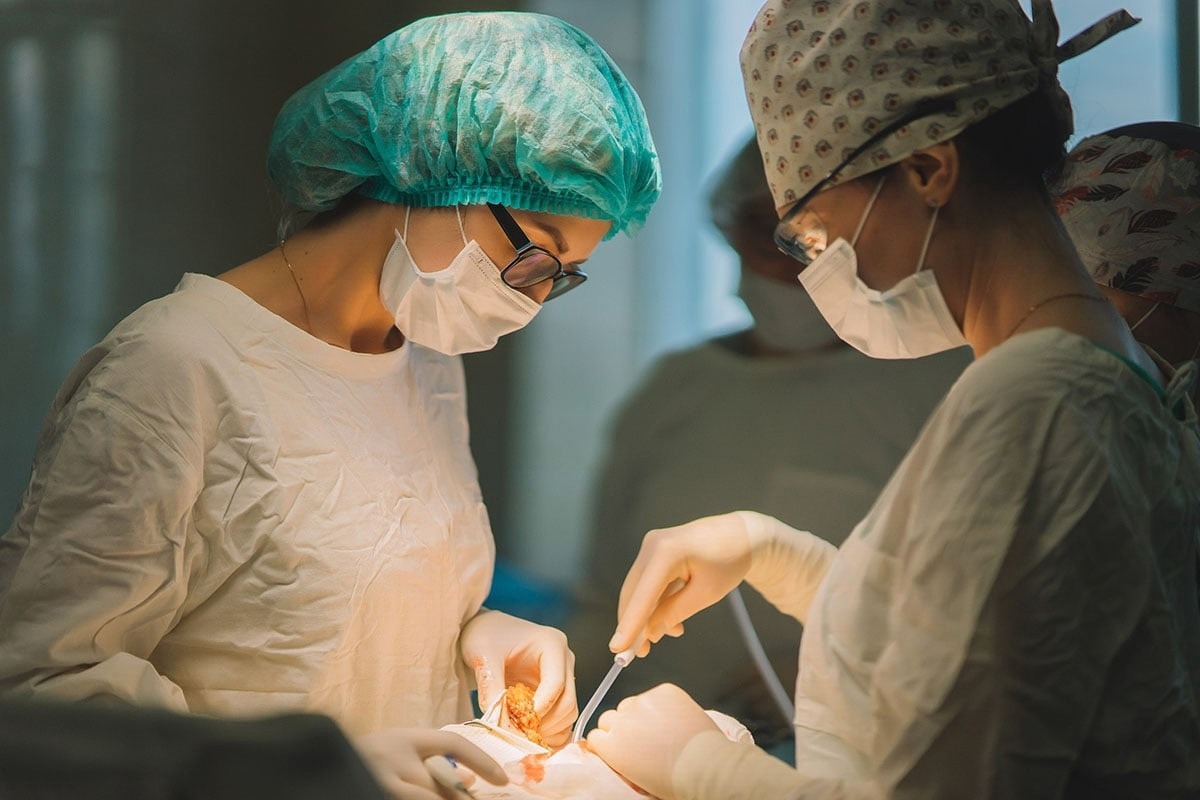
Oral cancer treatment in Korea
-
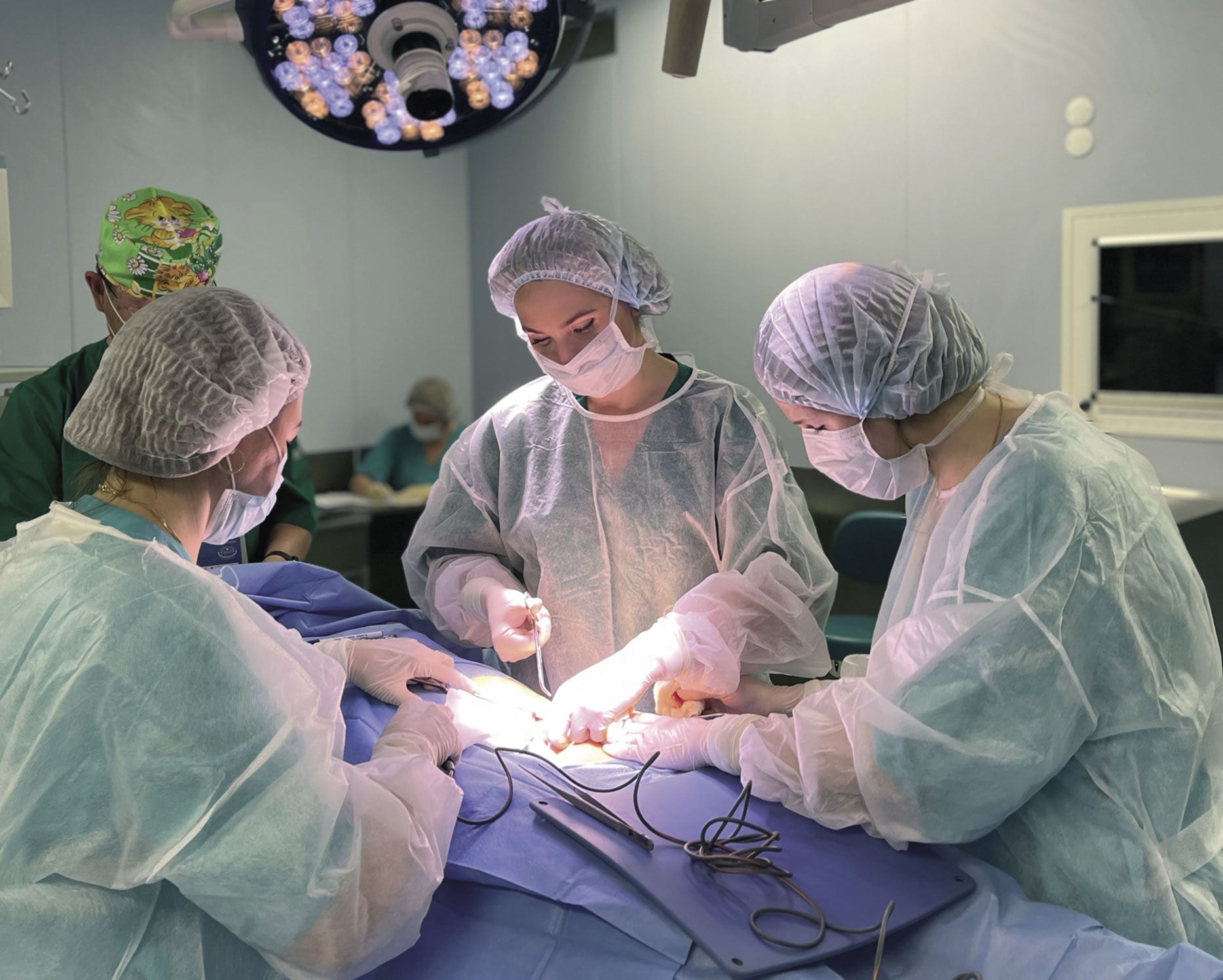
Colorectal cancer treatment in Korea
-
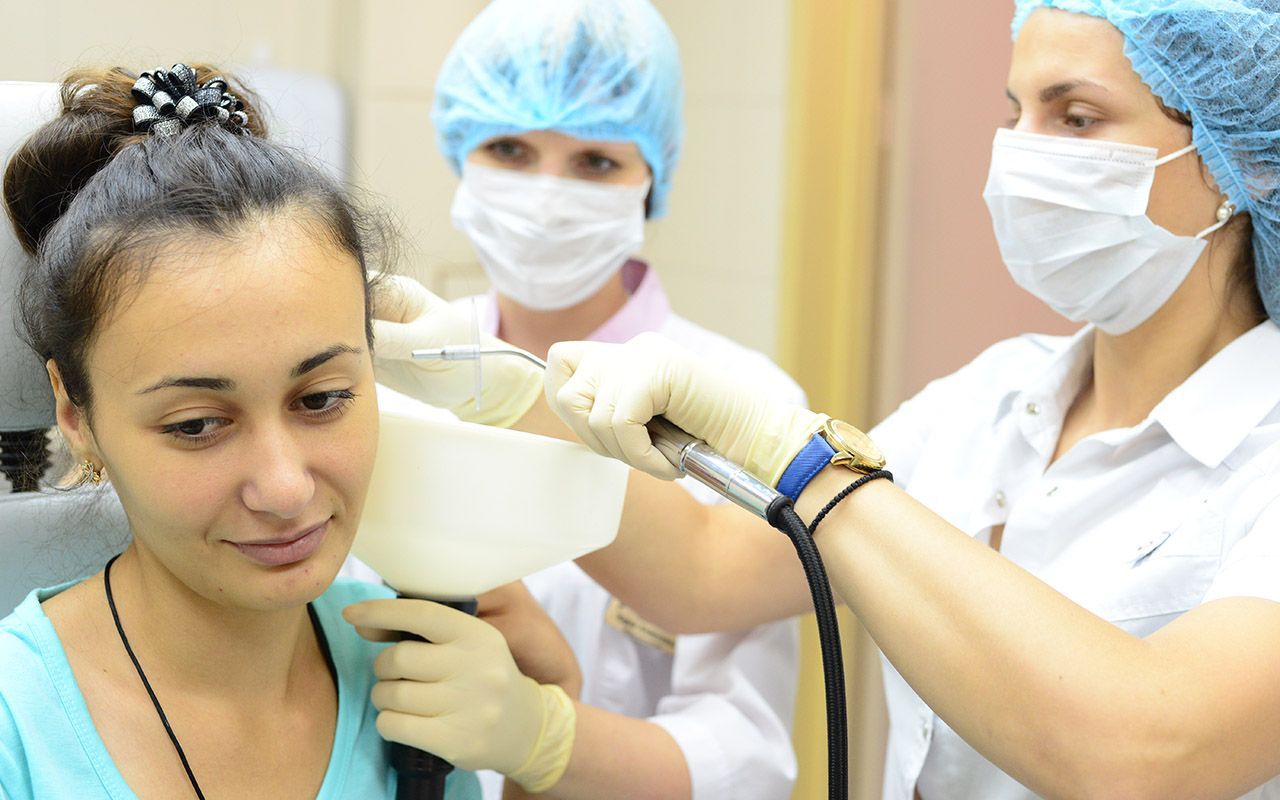
Ear cancer treatment in Korea
-

Lip cancer treatment in Korea
-

Adrenal cancer treatment in Korea
-
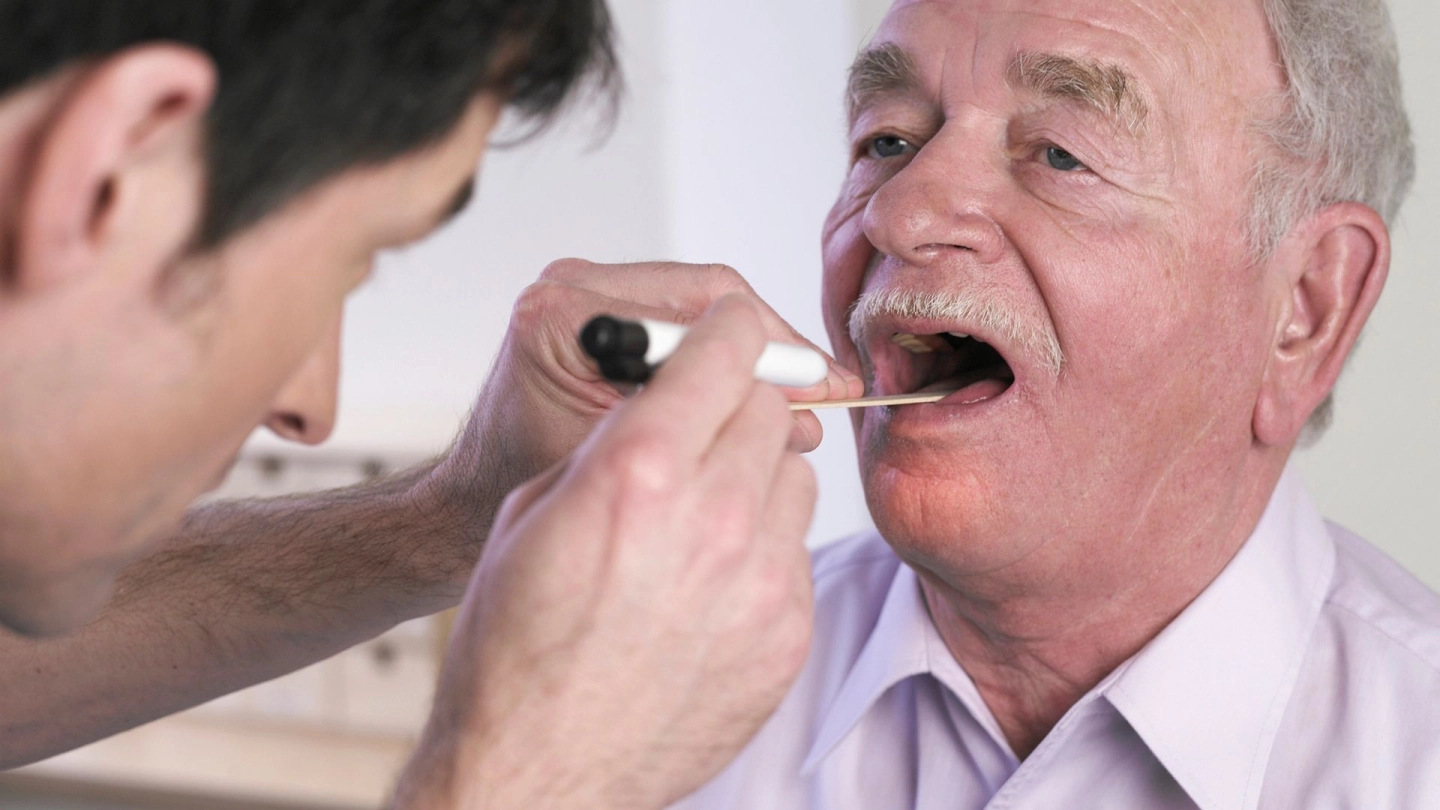
Nasopharyngeal cancer treatment in Korea
-
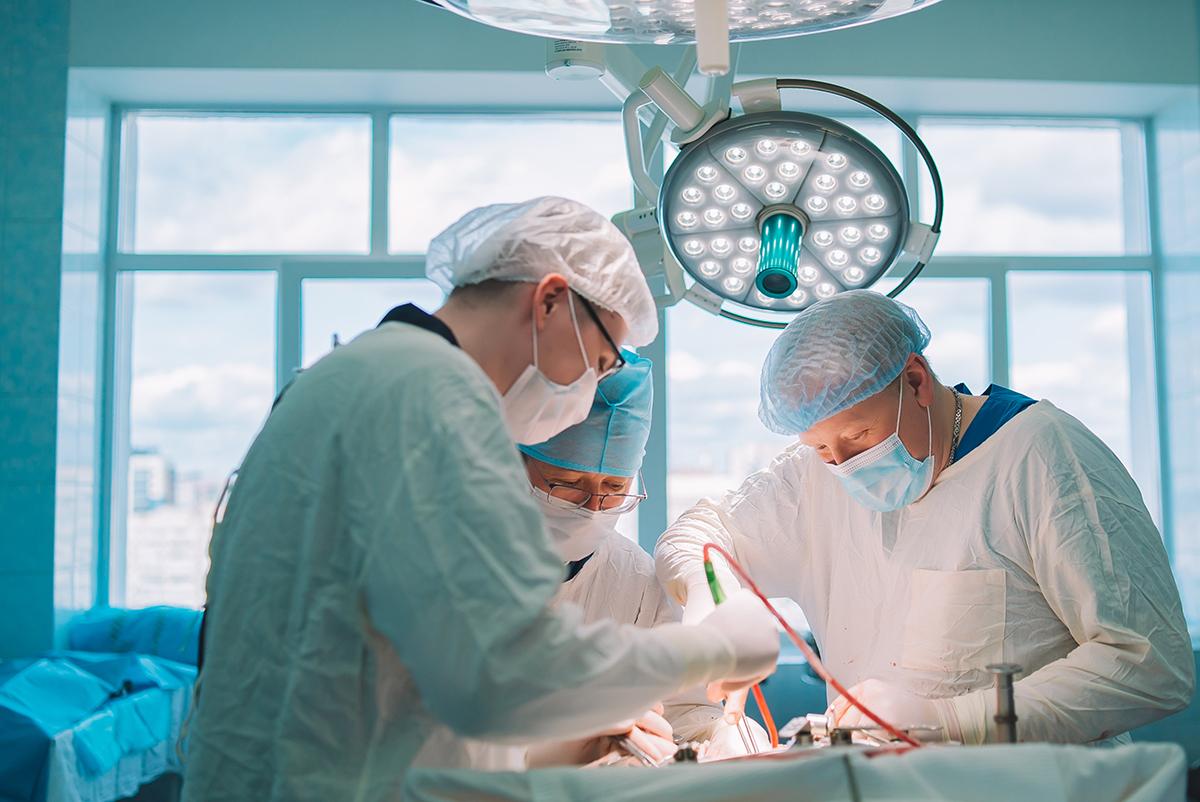
Esophageal cancer treatment in Korea
-

Treatment of prostate oncology in Korea
-

Heart cancer treatment in Korea
-
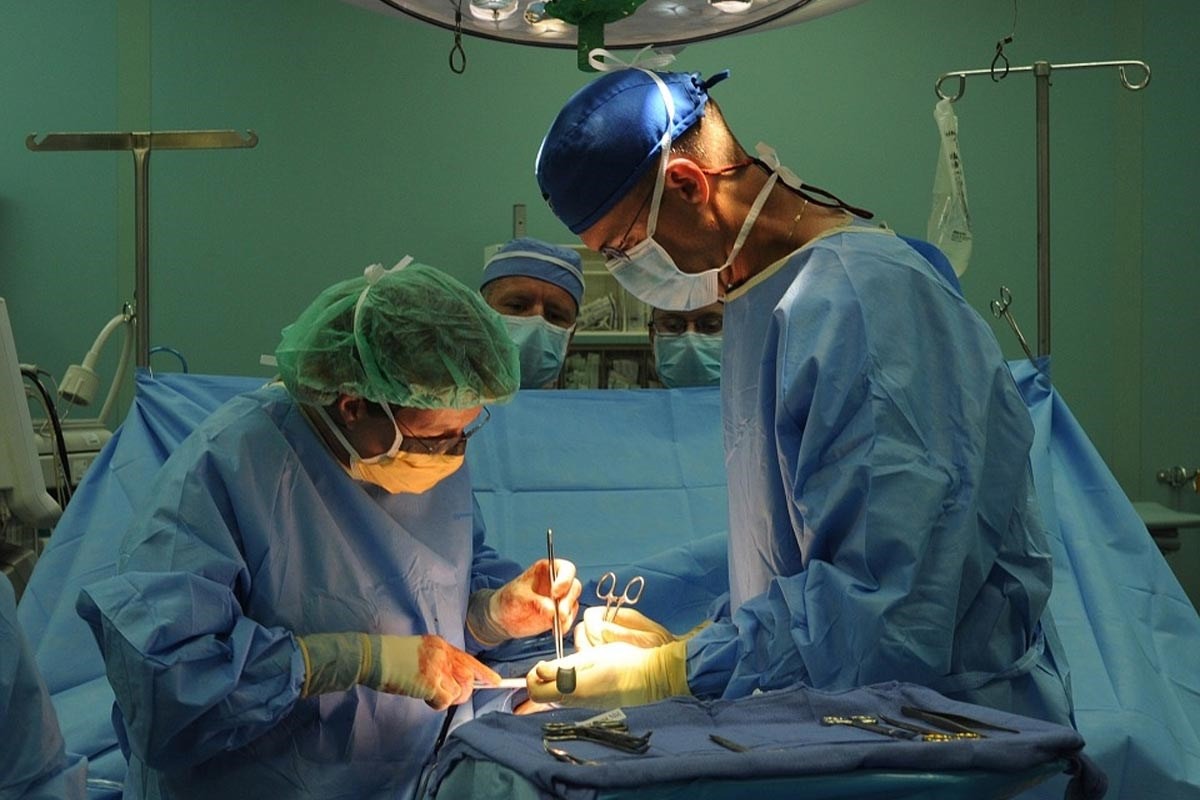
Treatment of duodenal oncology in Korea
-
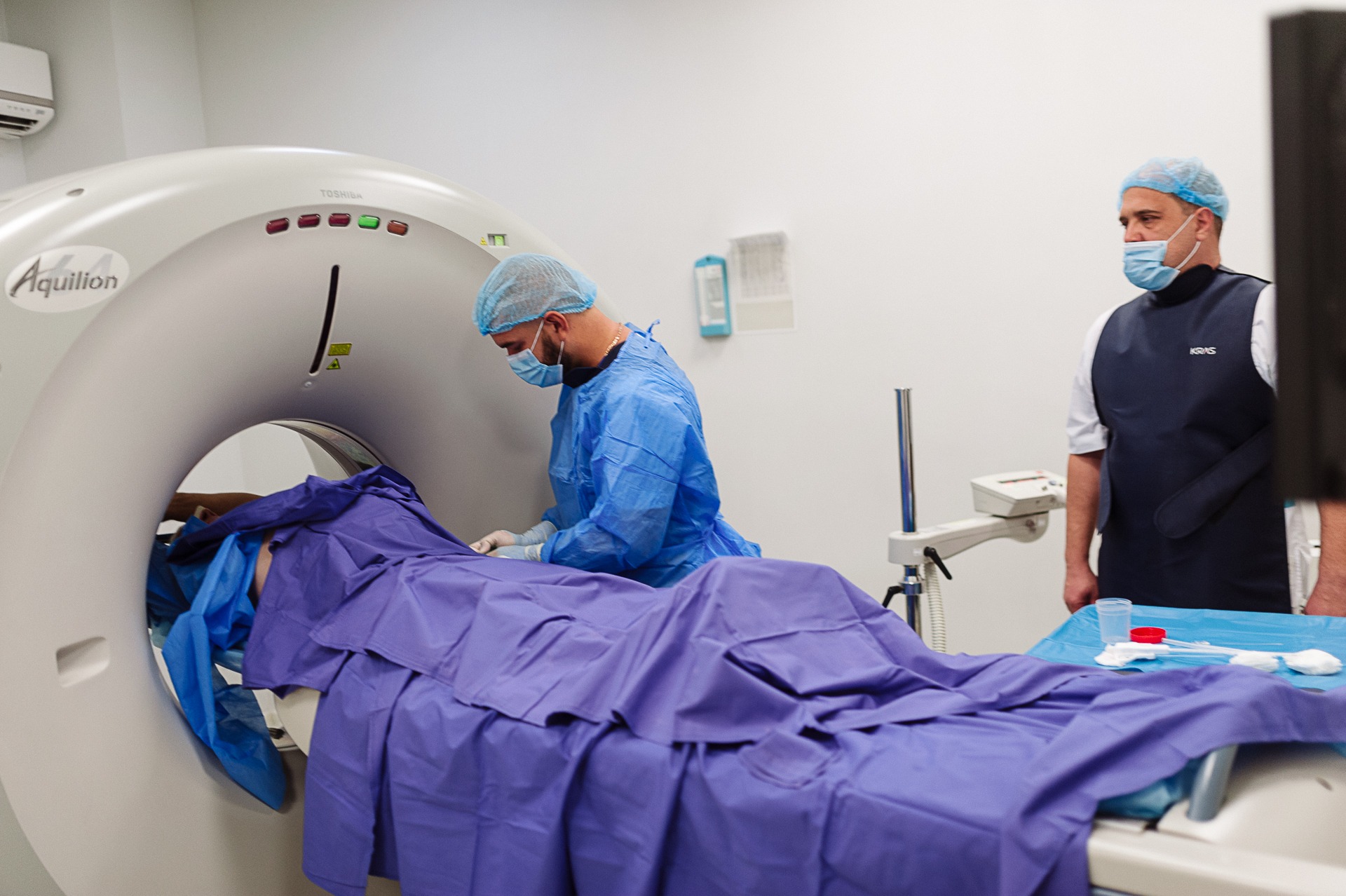
Spine cancer treatment in Korea
-
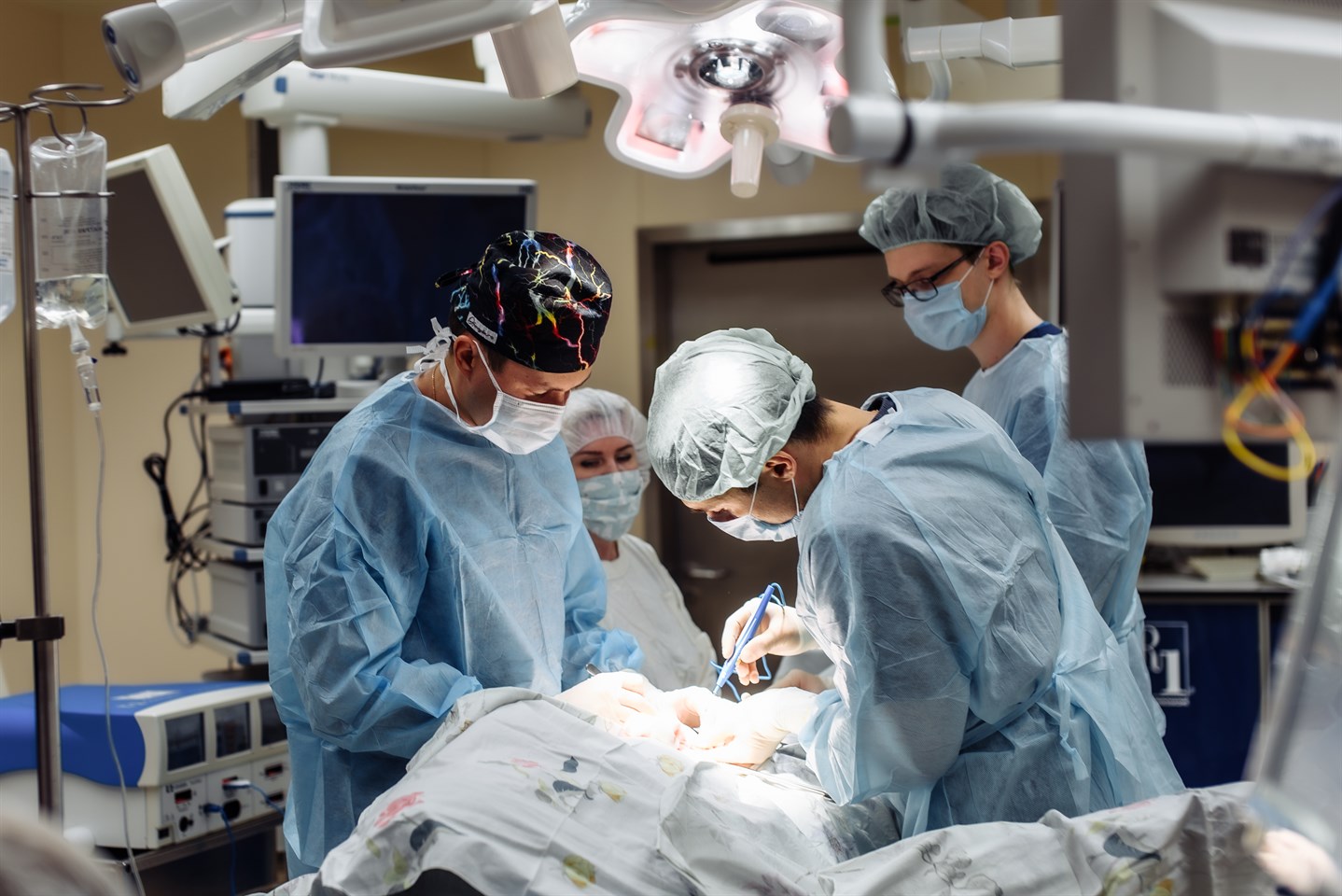
Gallbladder cancer treatment in Korea
-

Bladder Oncology Treatment in Korea
-
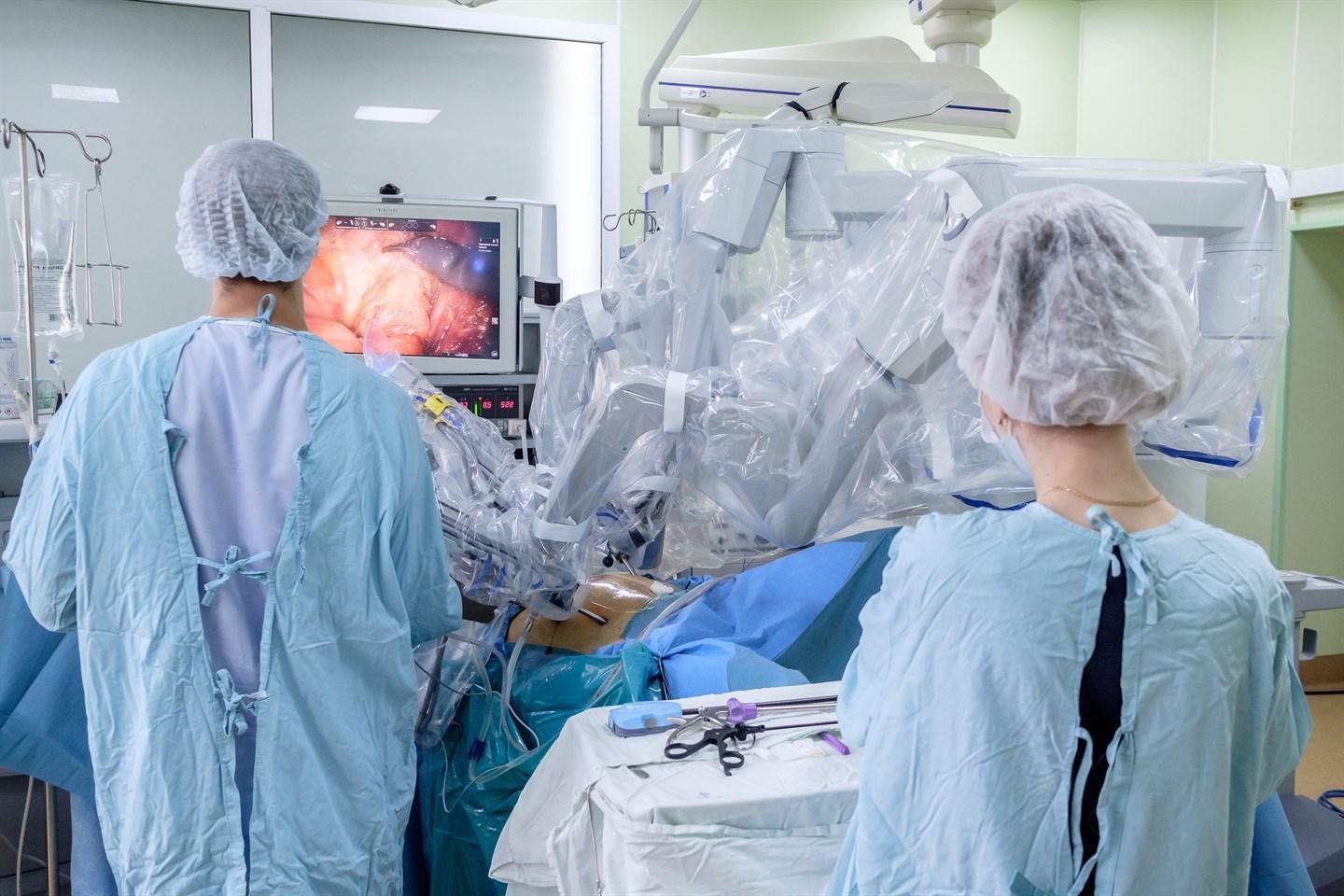
Rectal cancer treatment in Korea
-
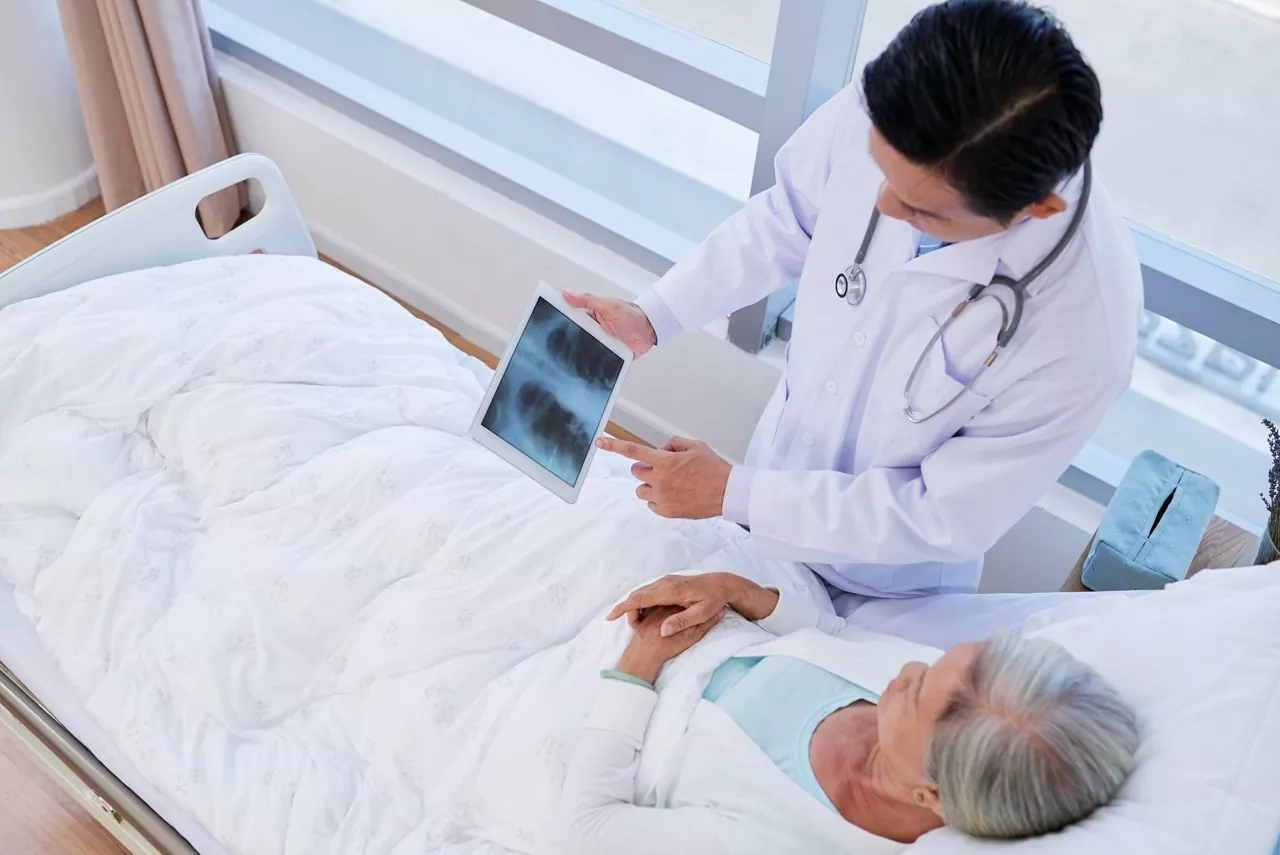
Lung cancer treatment in Korea
-

Treatment of cervical oncology in Korea
-
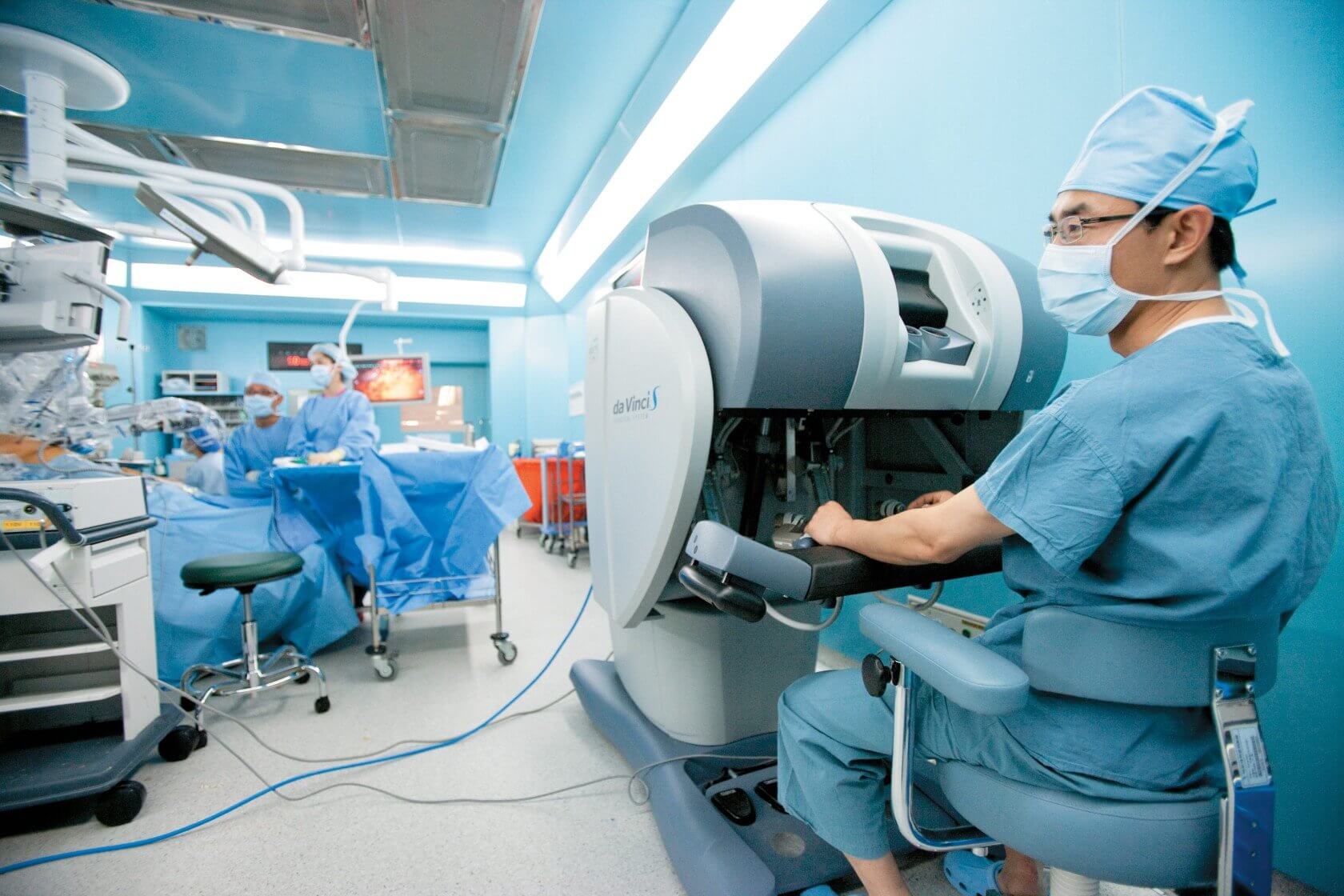
Gastric Oncology Treatment in Korea
-
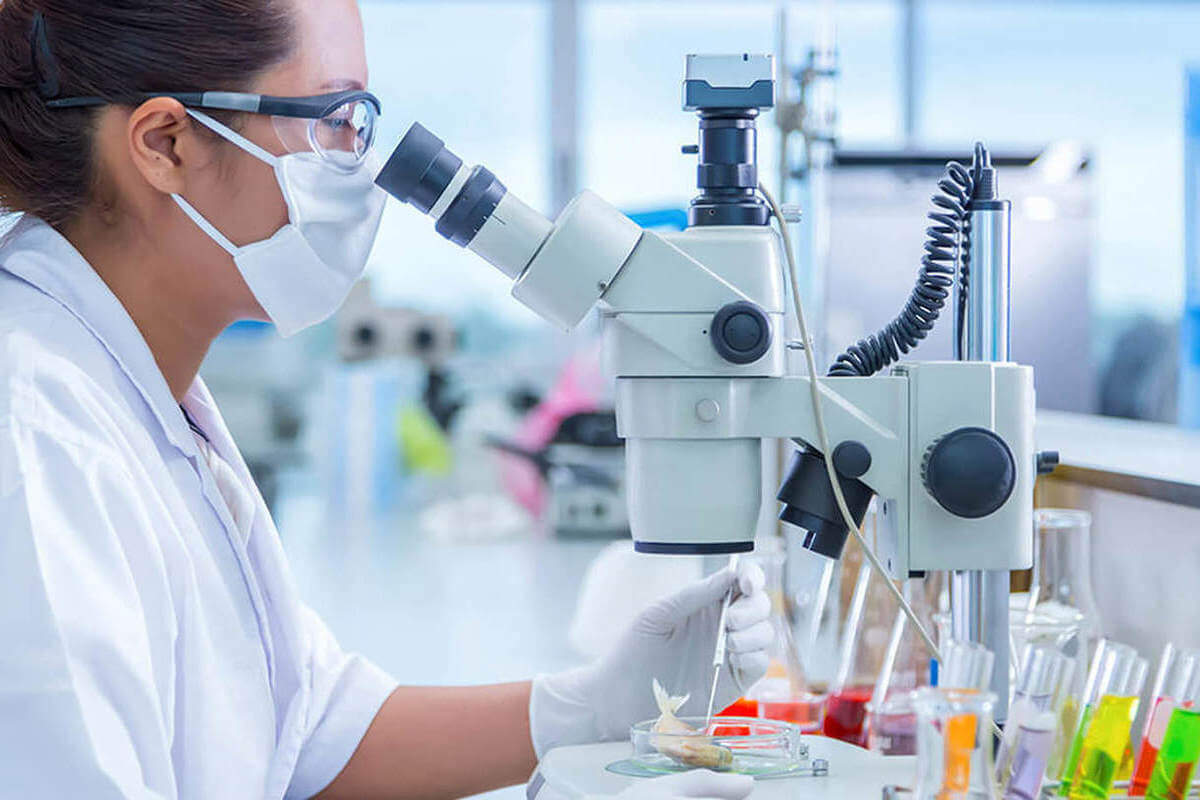
Blood cancer treatment in Korea
-
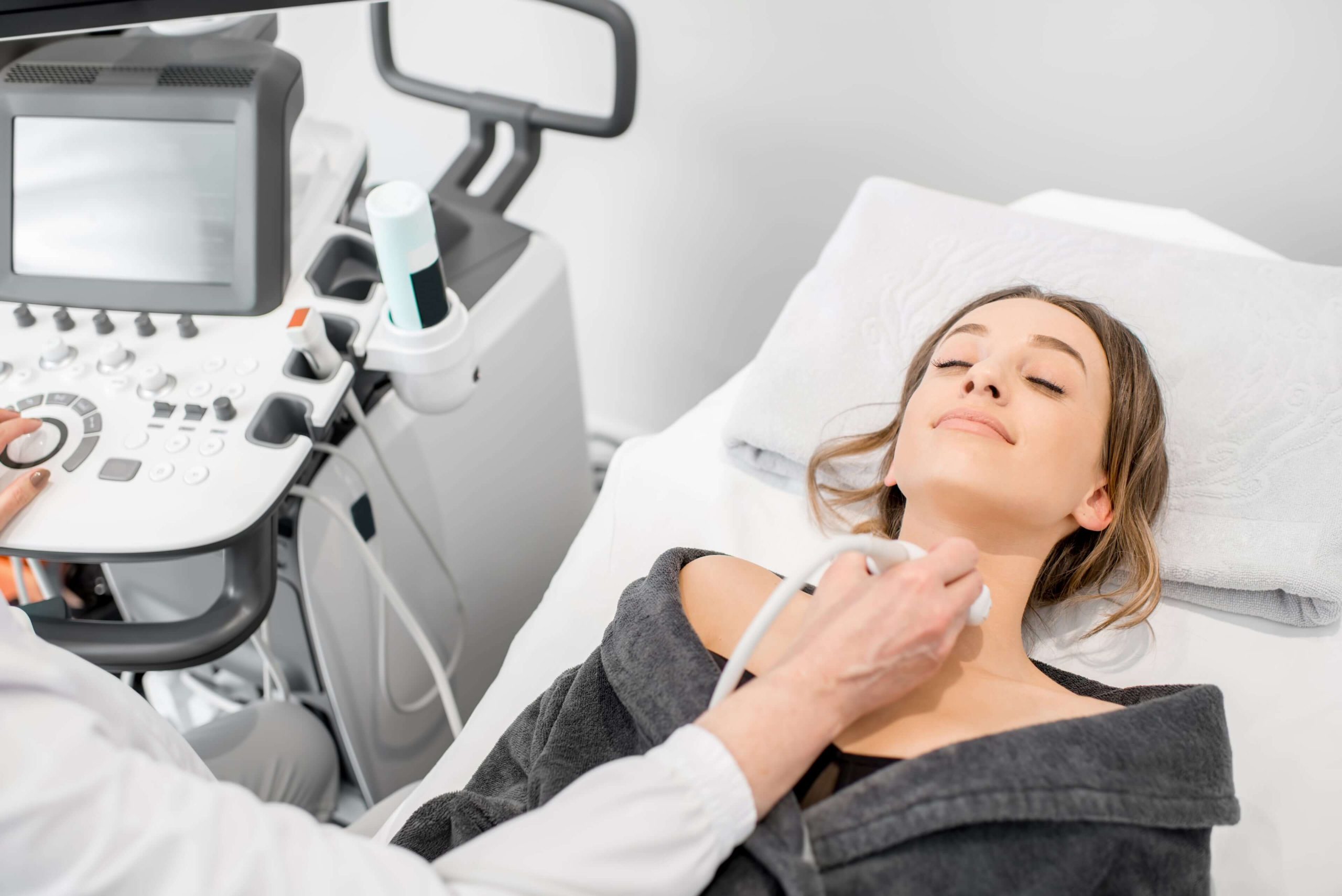
Thyroid cancer treatment in Korea
-
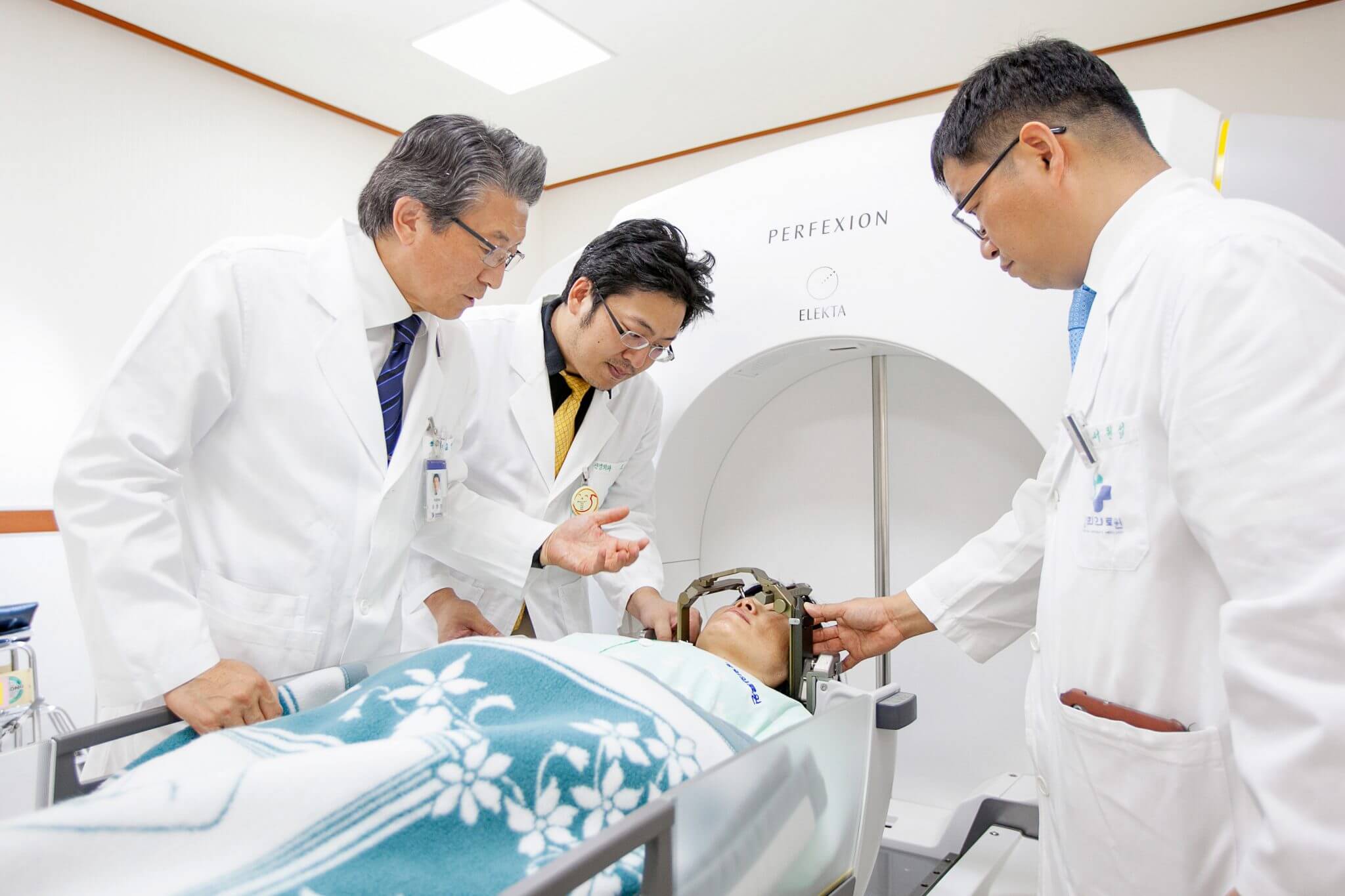
Skin cancer treatment in Korea
-
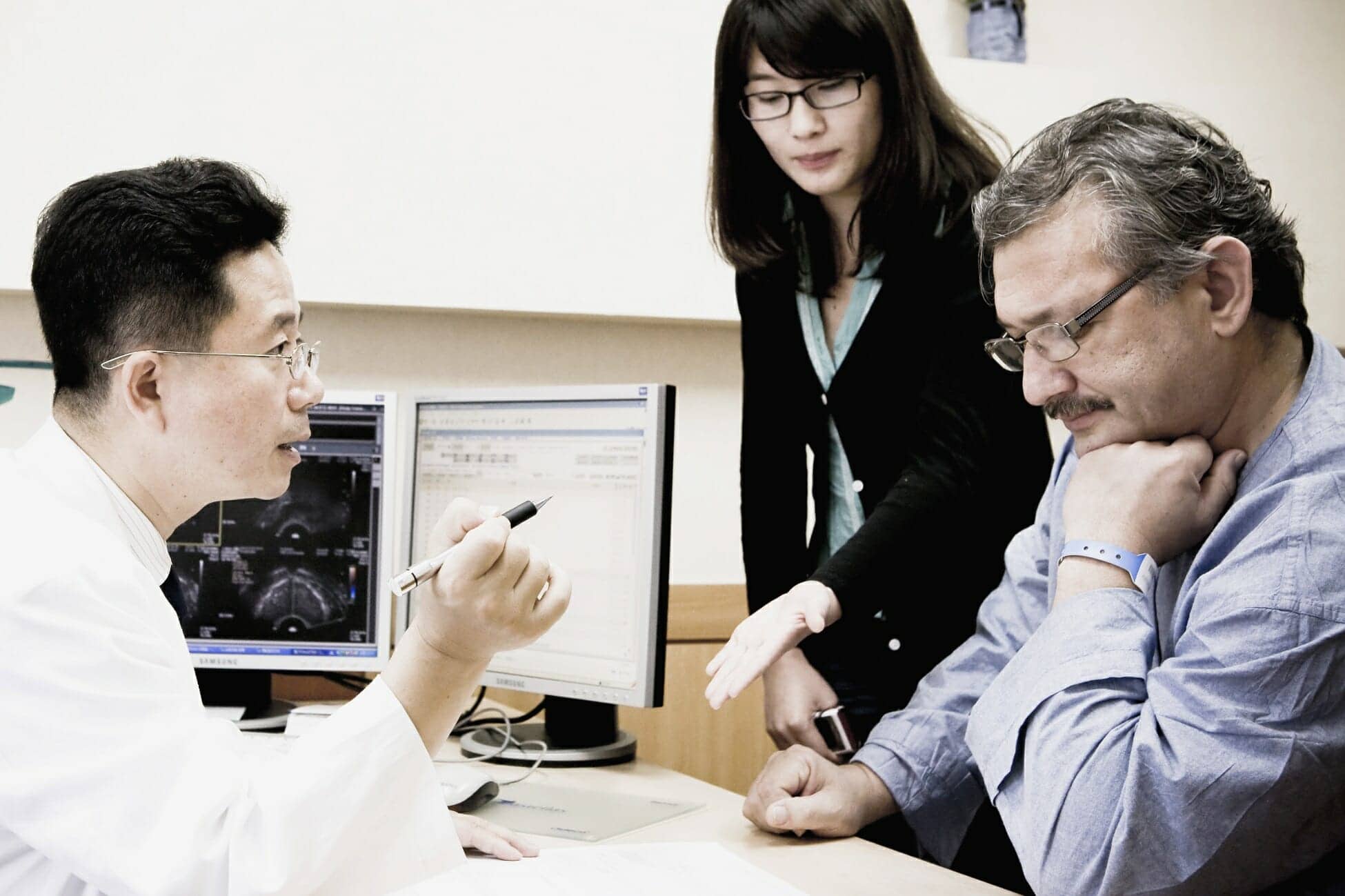
Bone cancer treatment in Korea
-

Liver cancer treatment in Korea
-

Brain cancer treatment in Korea
-

Pancreatic cancer treatment in Korea
-

Breast cancer treatment in Korea
-

How a gynecologist can see cervical cancer
-
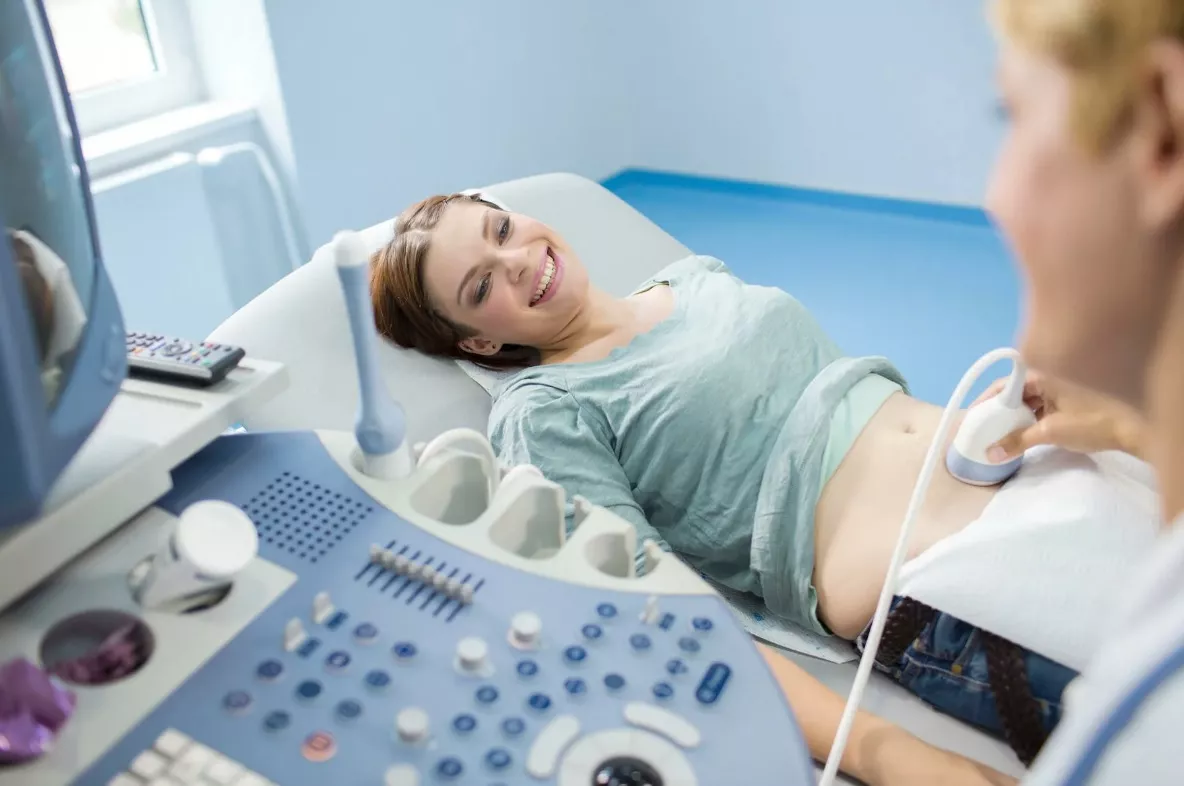
What day of the cycle is the ultrasound
-

How a gynecologist can identify an ectopic pregnancy
-

How a gynecologist examines children
-

How to normalize hormones
-

When and why a gynecologist prescribes birth control pills
-

Why a gynecologist examines breasts
-

What is serosometra
-

Why does a gynecologist refer to a neurologist?
-

How gynecology affects the bowel
-

When a gynecologist does an ultrasound
-

When a gynecologist gives a referral to a maternity hospital
-
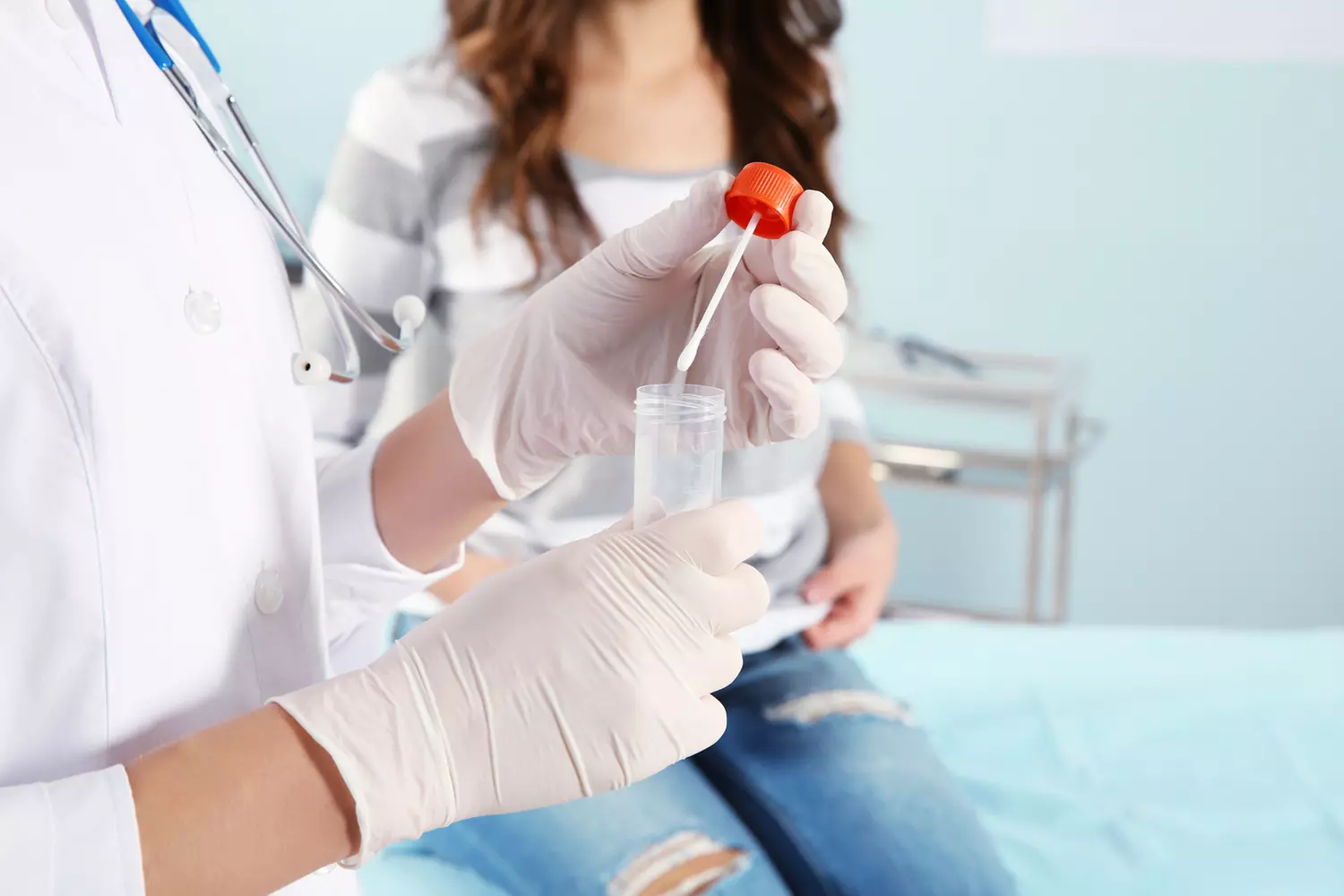
Gynecological smear
-

Mixed flora
-
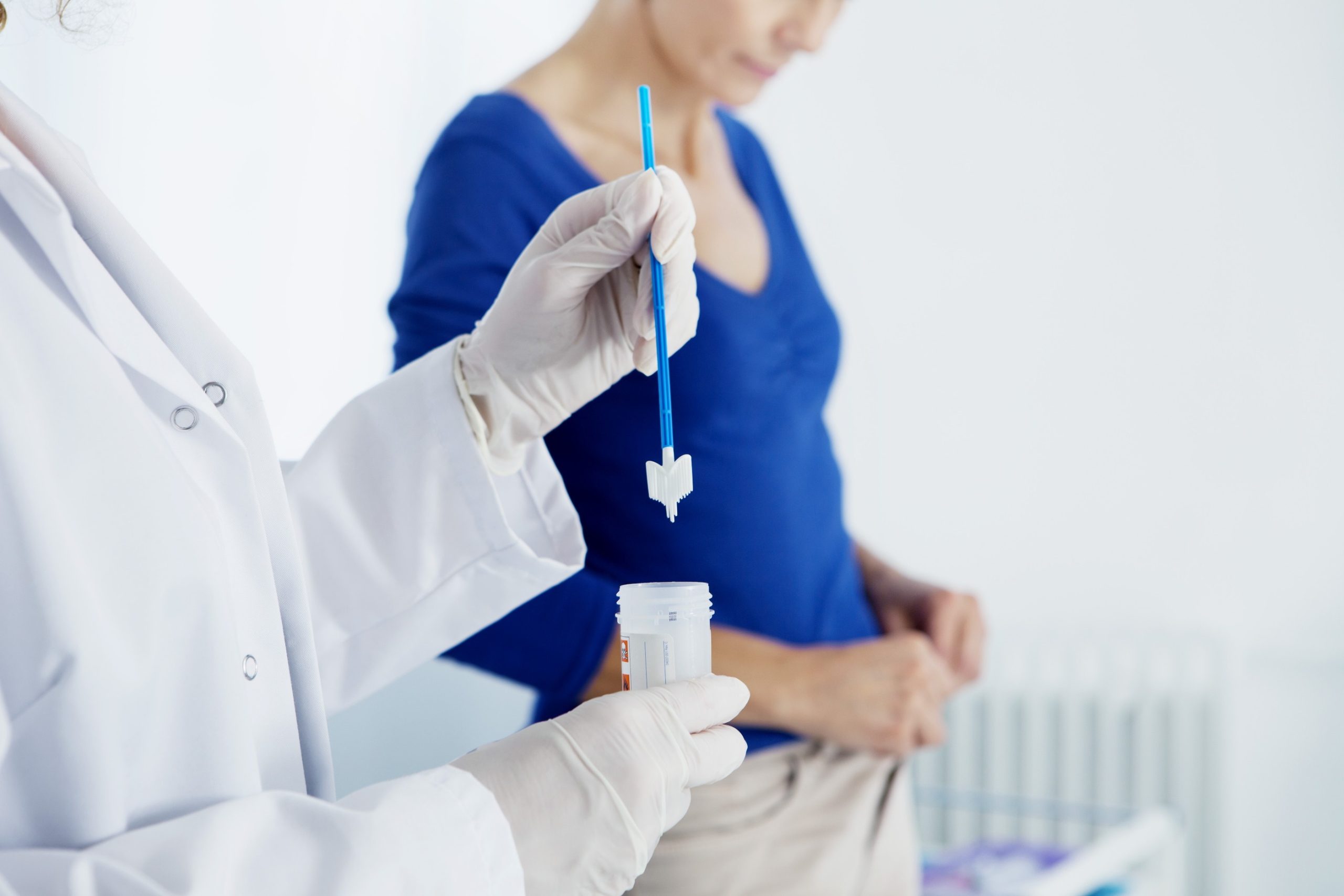
Femoflor screen
-

When a gynecologist prescribes hormones
-

Gastroenterology and acne
-
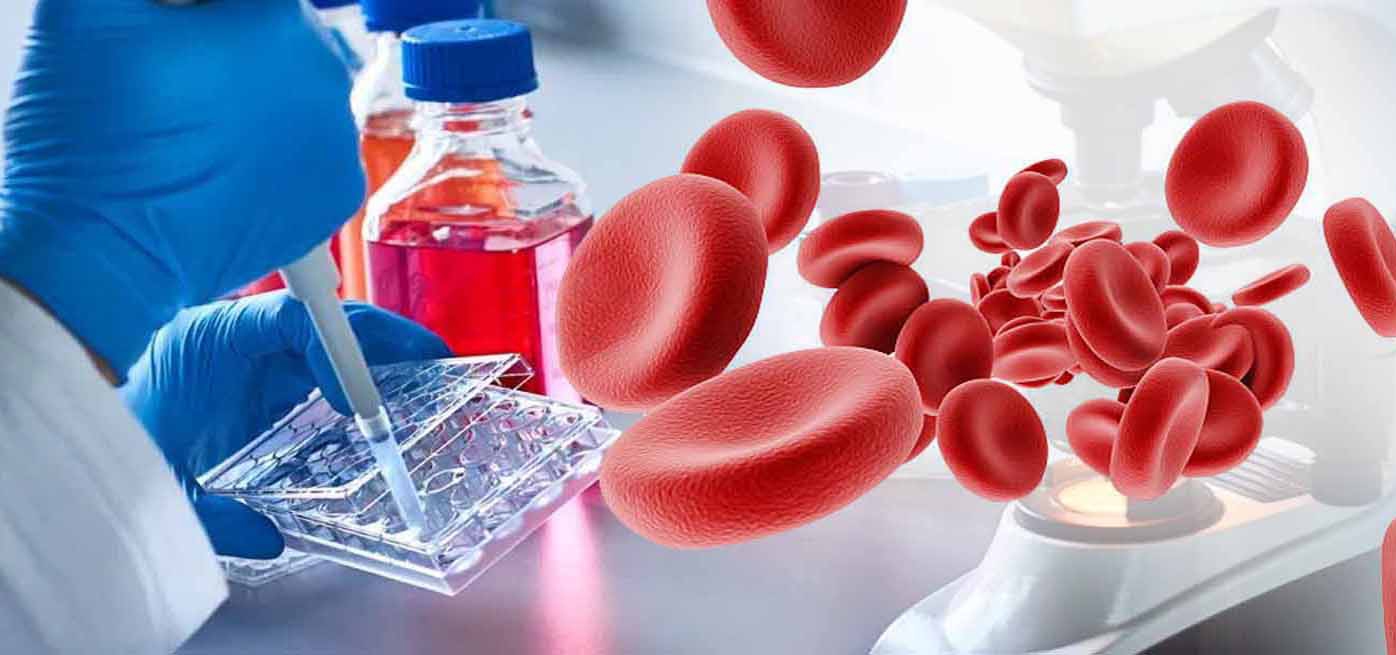
What hematology studies
-

Gastroenterology – pharmacology without errors
-

Prevention of hematologic diseases
-

Symptoms in gastroenterology
-
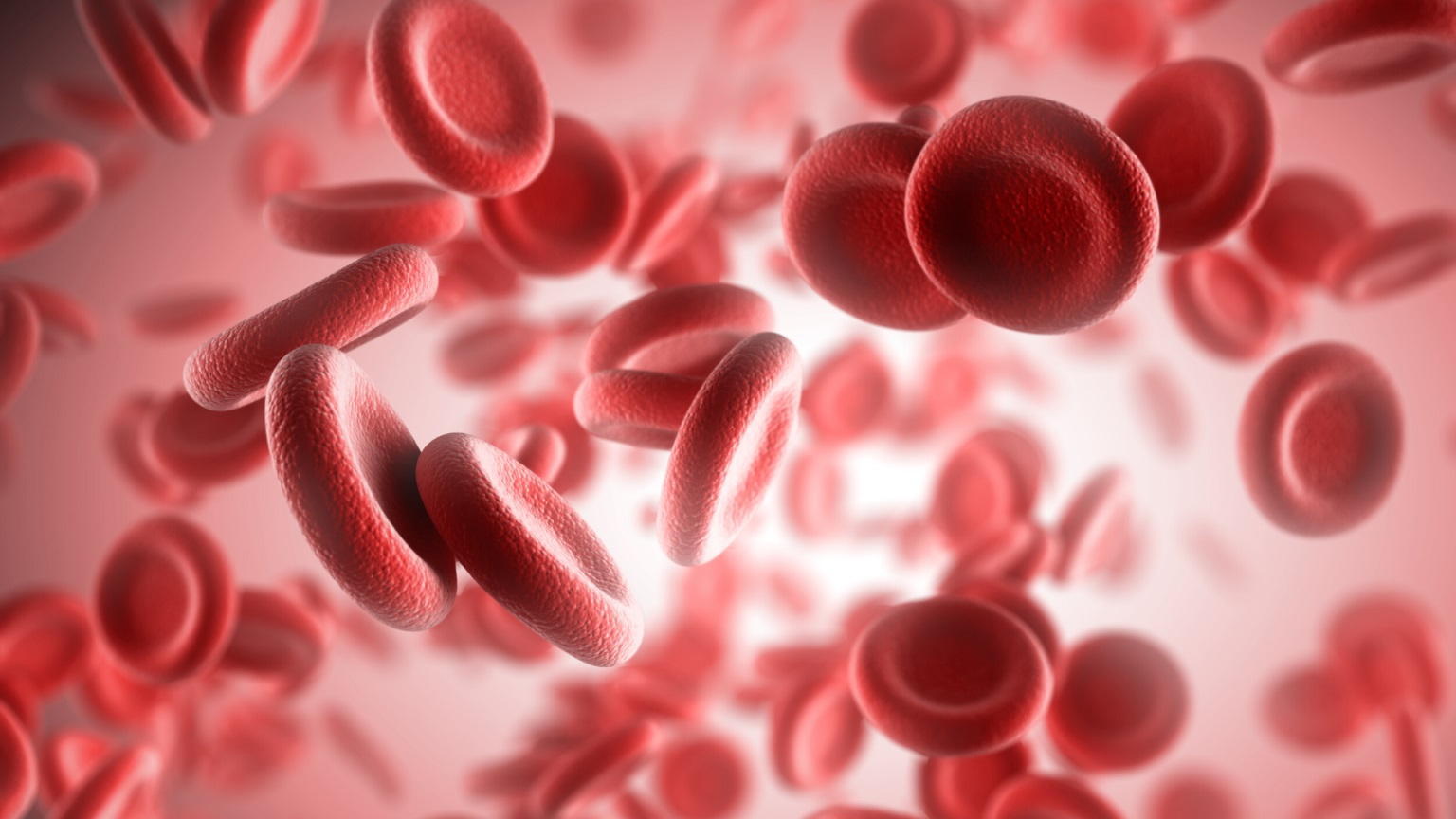
Why the hematocrit is low
-

Pediatric gastroenterology
-

Situational challenges for the hematologist
-
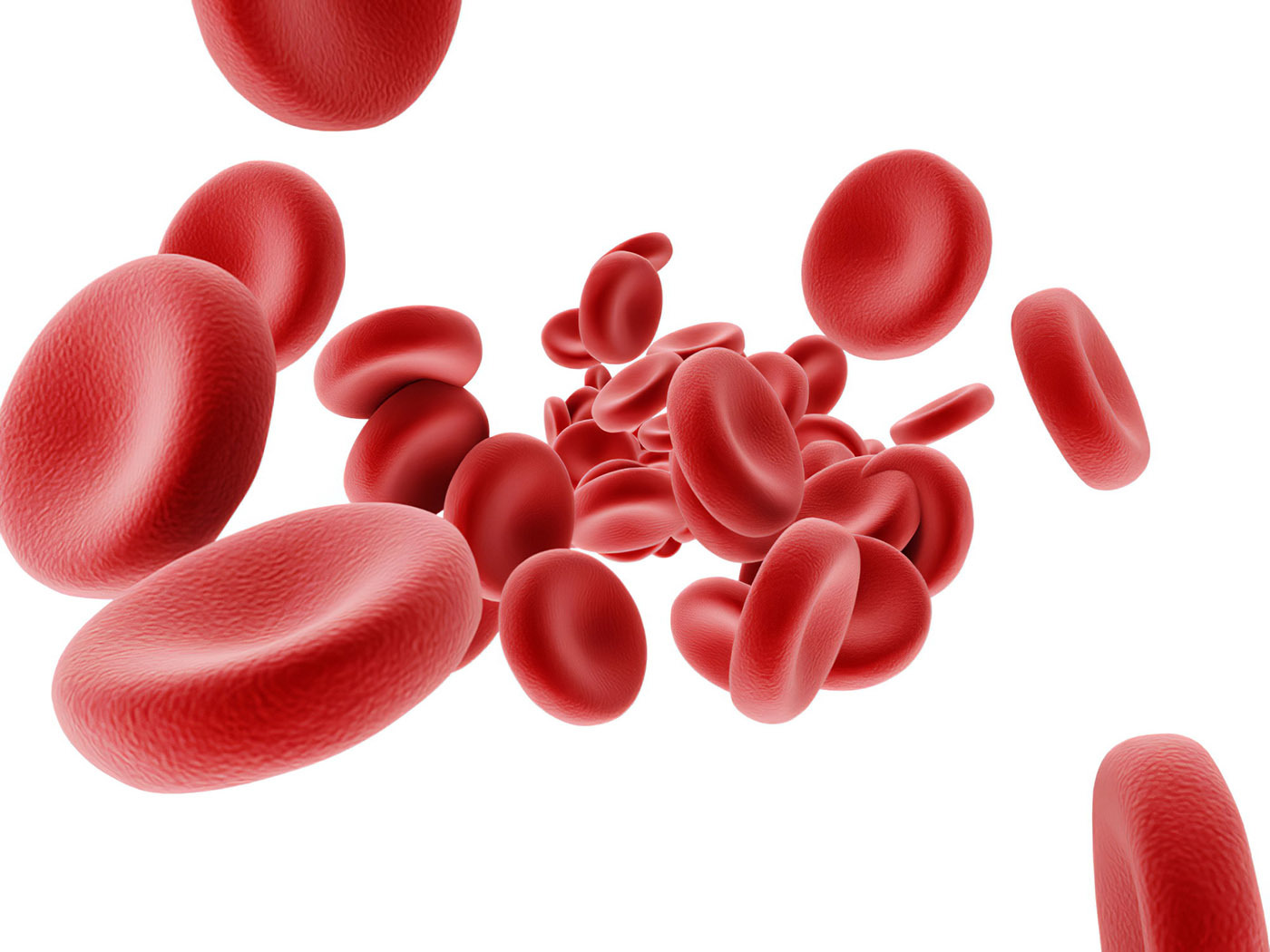
Hemoglobin
-

Methods of treatment of gastroenterological diseases
-

Diet number 1
-

Diet number 2
-

Diet number 3
-

Diet number 4
-

Diet number 5
-

Hematologist consultation
-
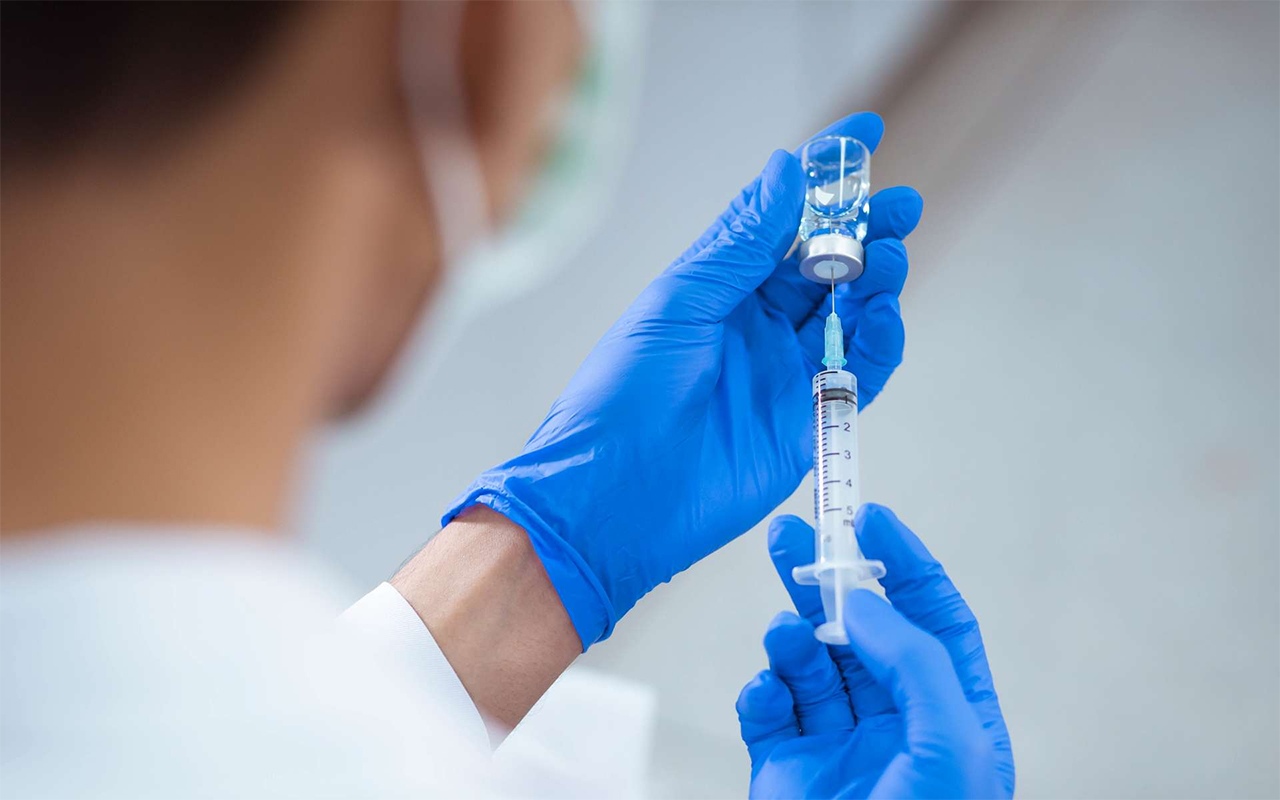
Prevention of hepatologic diseases
-

Diagnosis of gastroenterological diseases
-

Clinical guidelines in gastroenterology
-
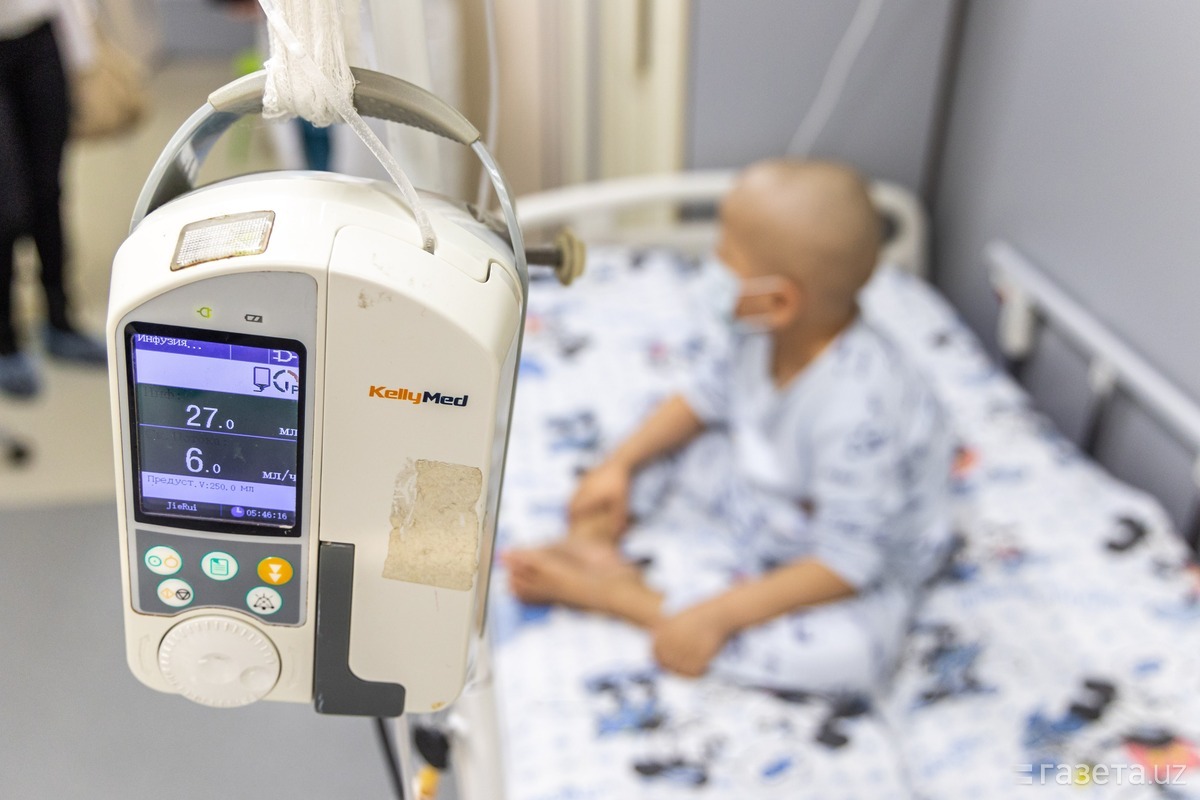
Pediatric hematology
-

Preventive recommendations for gastritis and ulcers
-
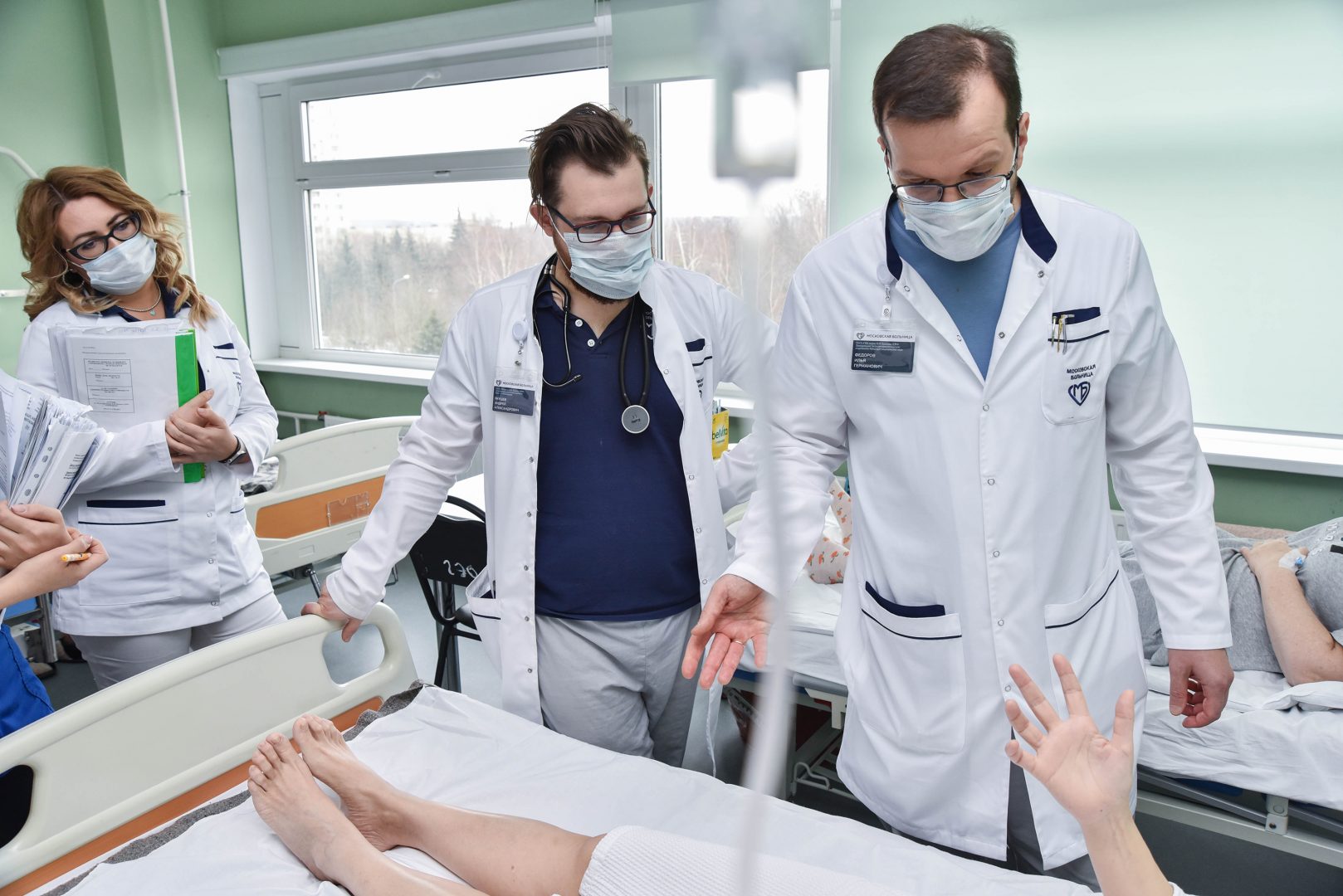
Hospitalization in gastroenterology
-

Hematology in pregnancy
-

Gastroenterology – when to refer
-
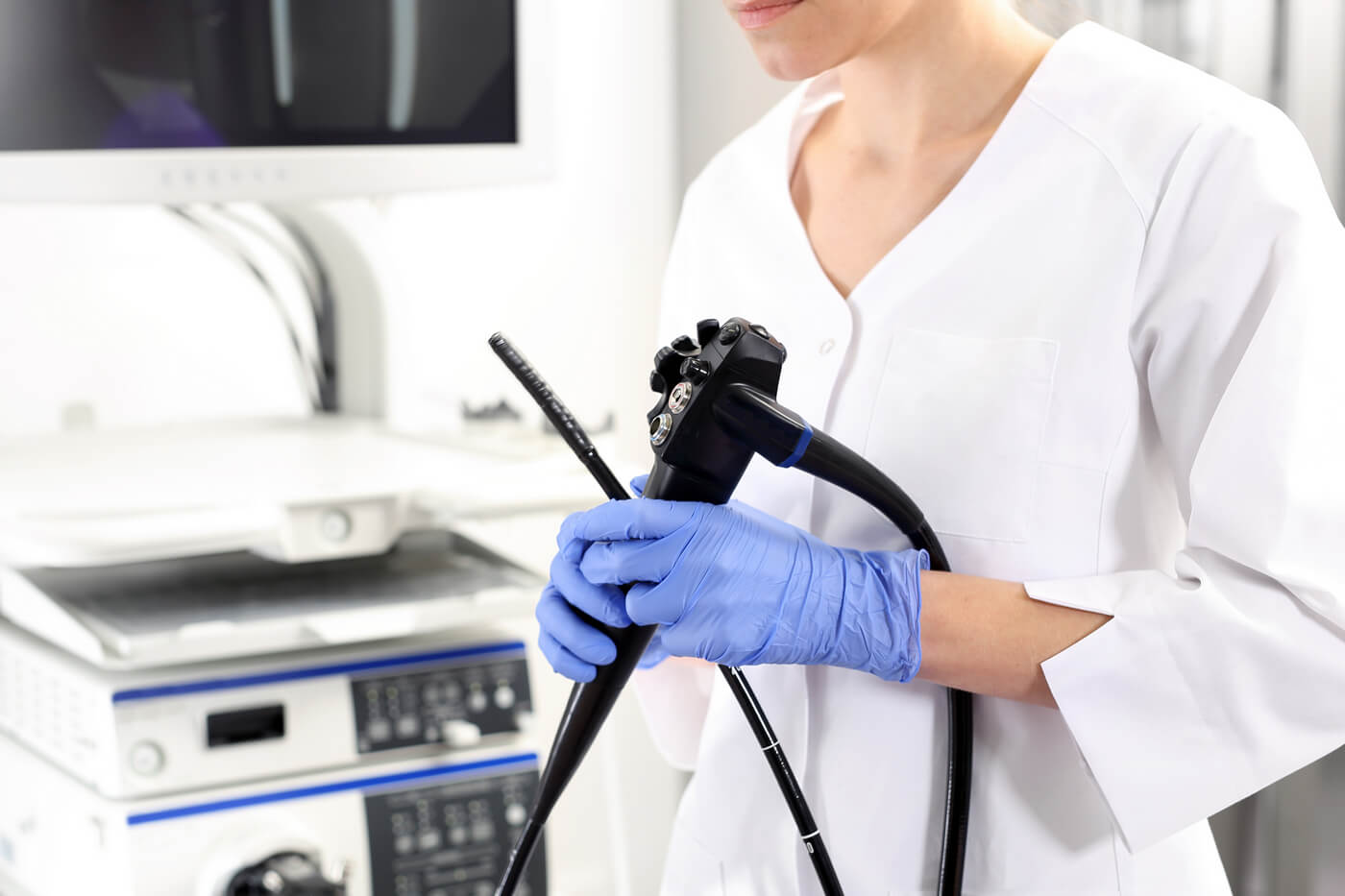
Gastroscopy
-

Hepatology and the liver
-

Modern drugs in gastroenterology
-

Gastroenterological diseases
-
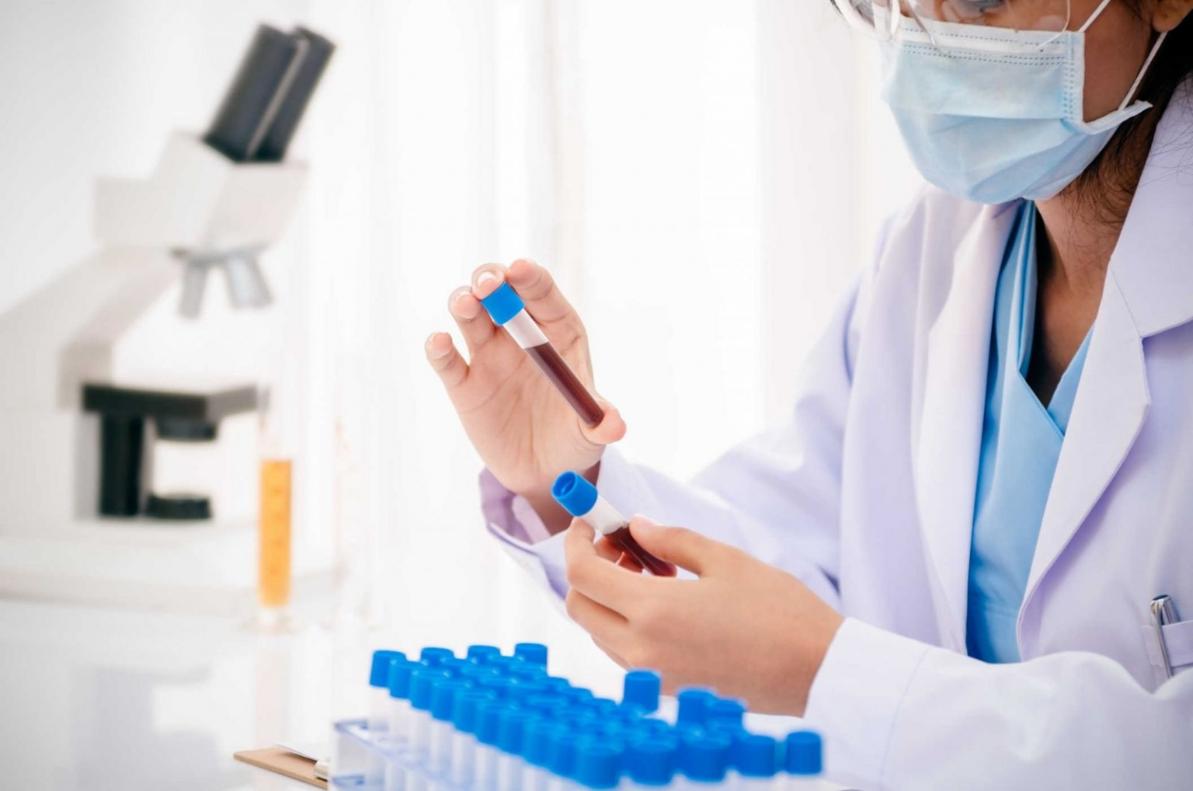
A hematologist is who and what he treats.
-

Hepatology as a science
-

Gastroenteric allergy
-
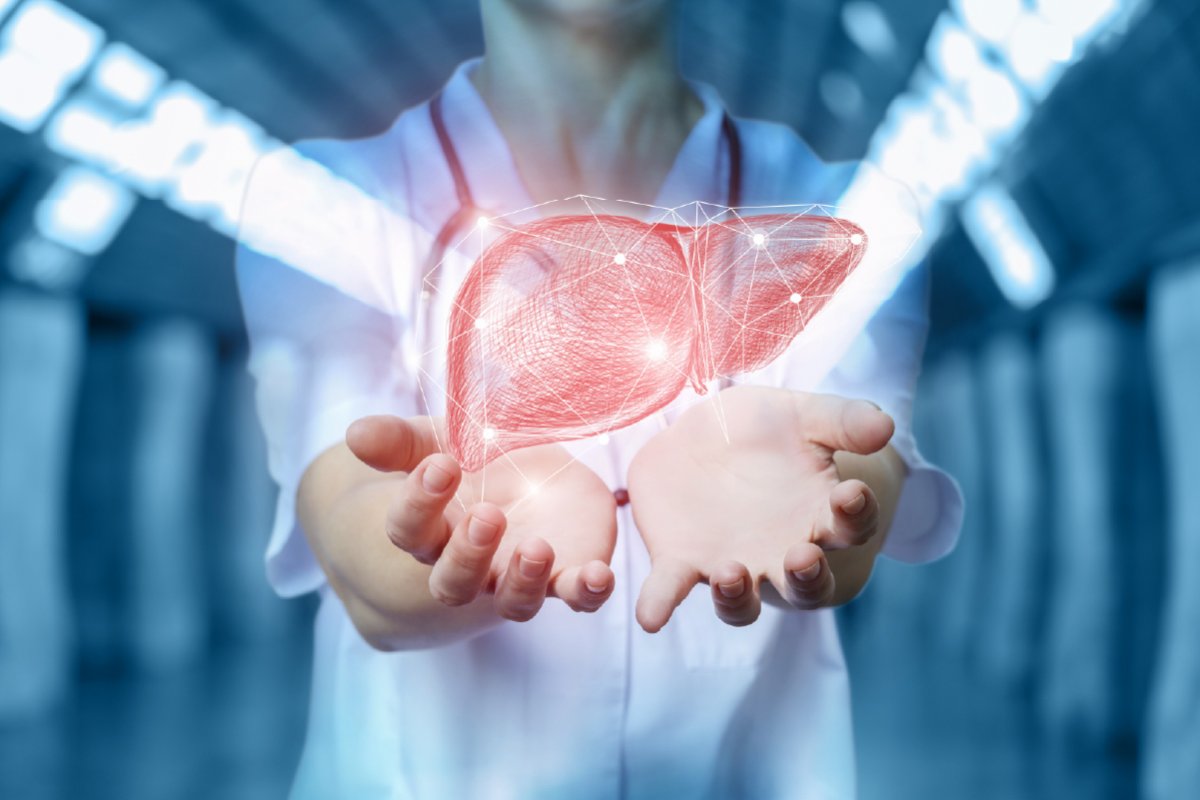
Hepatologic diseases
-
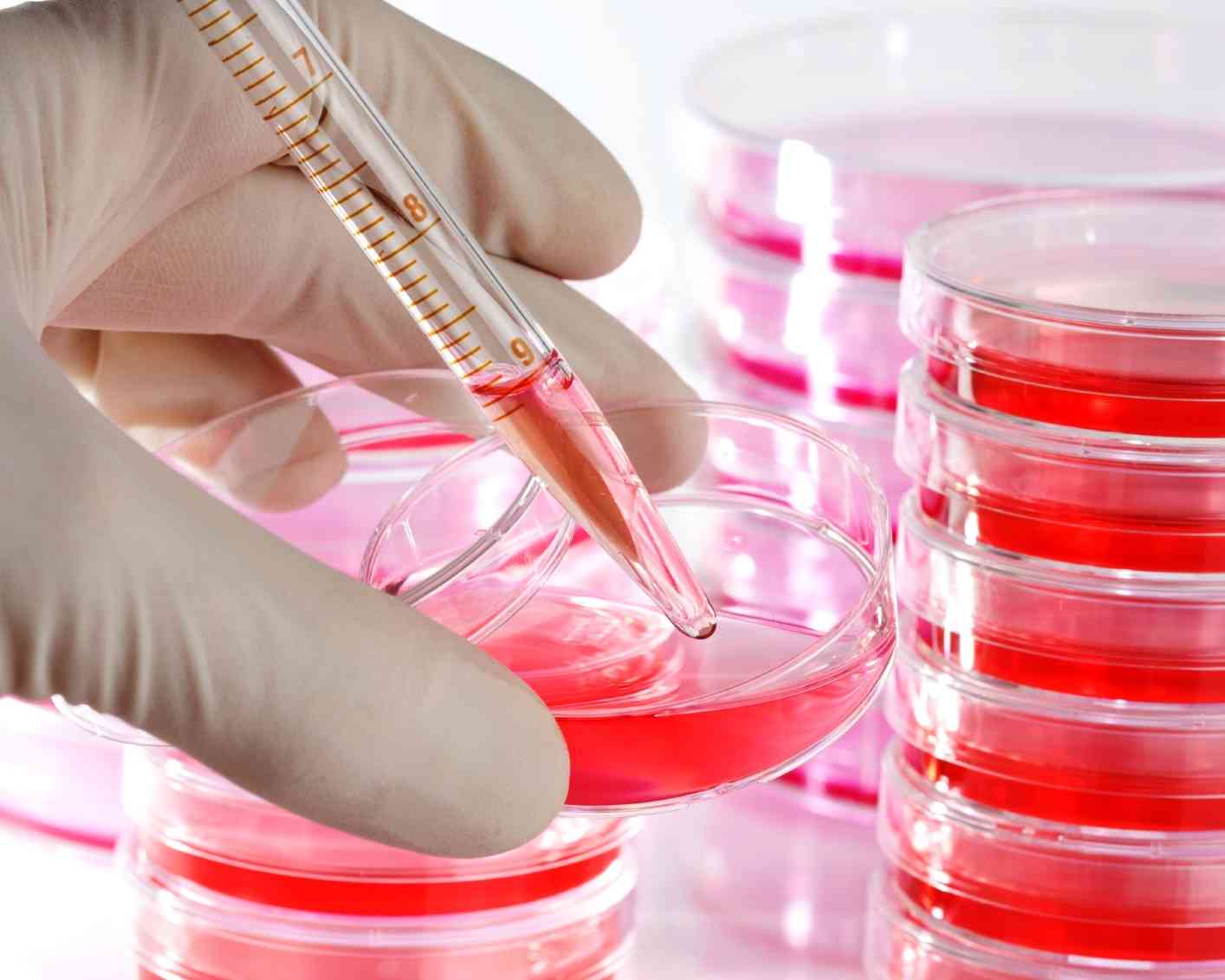
Hematology is one of the most important fields in medicine.
-
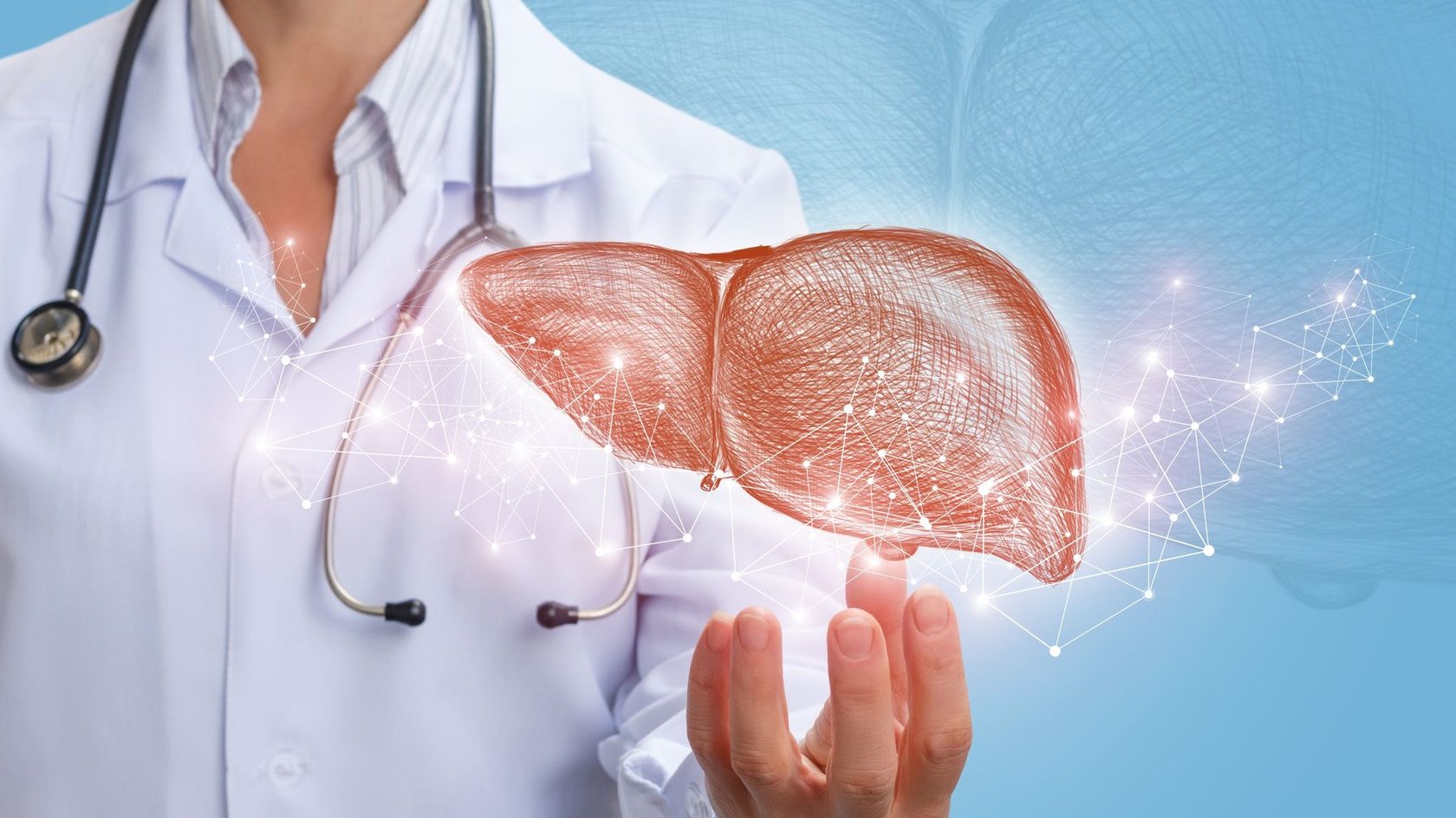
Hepatology – clinical guidelines
-
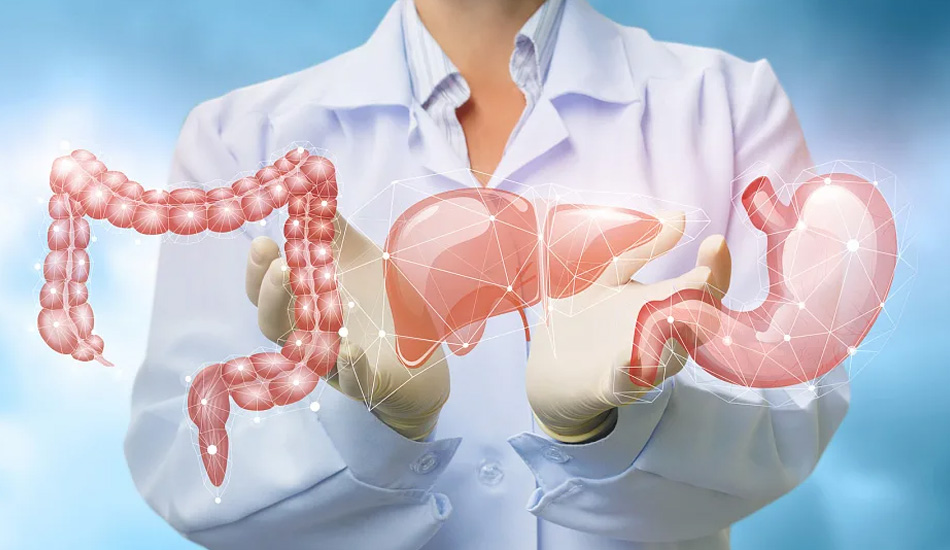
Hepatology and gastroenterology
-
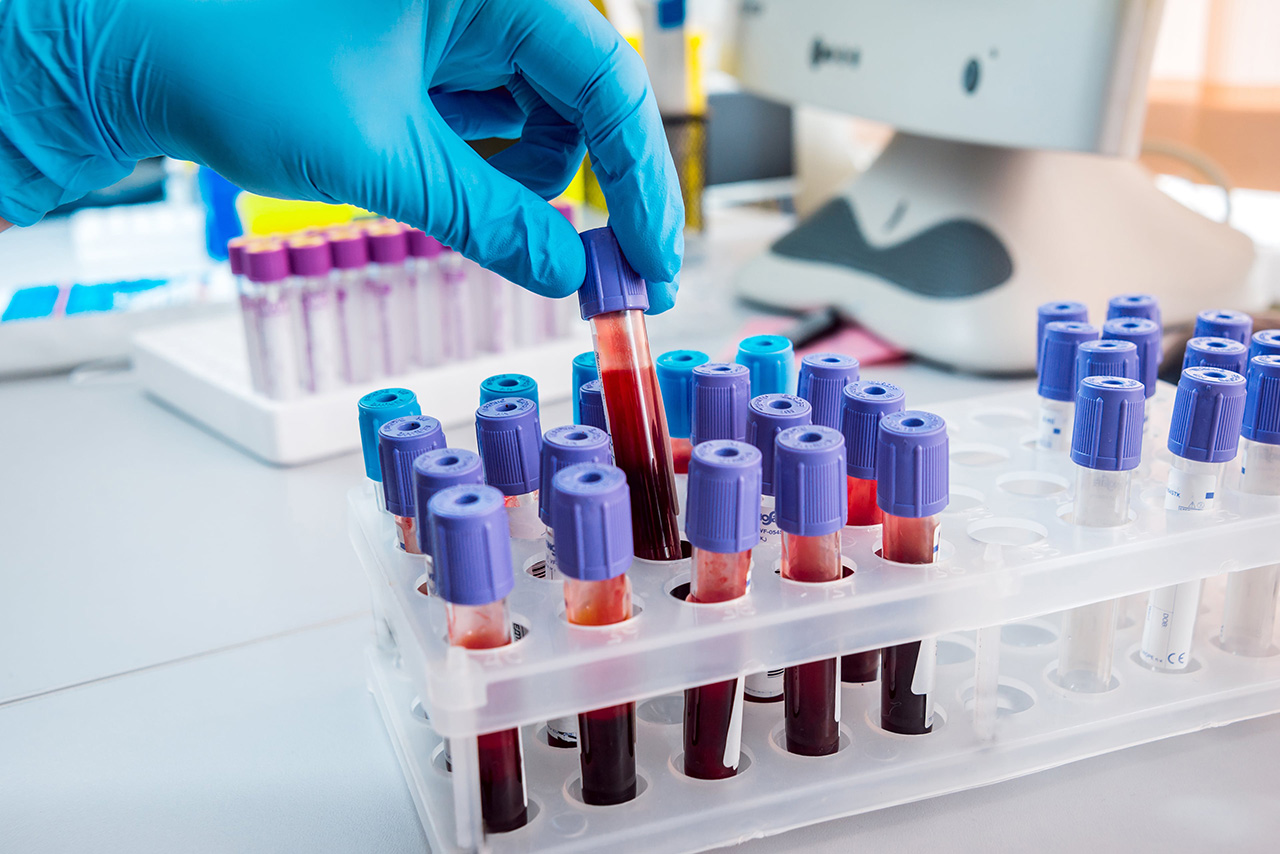
Hematology– blood work
